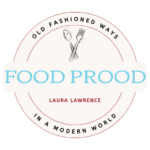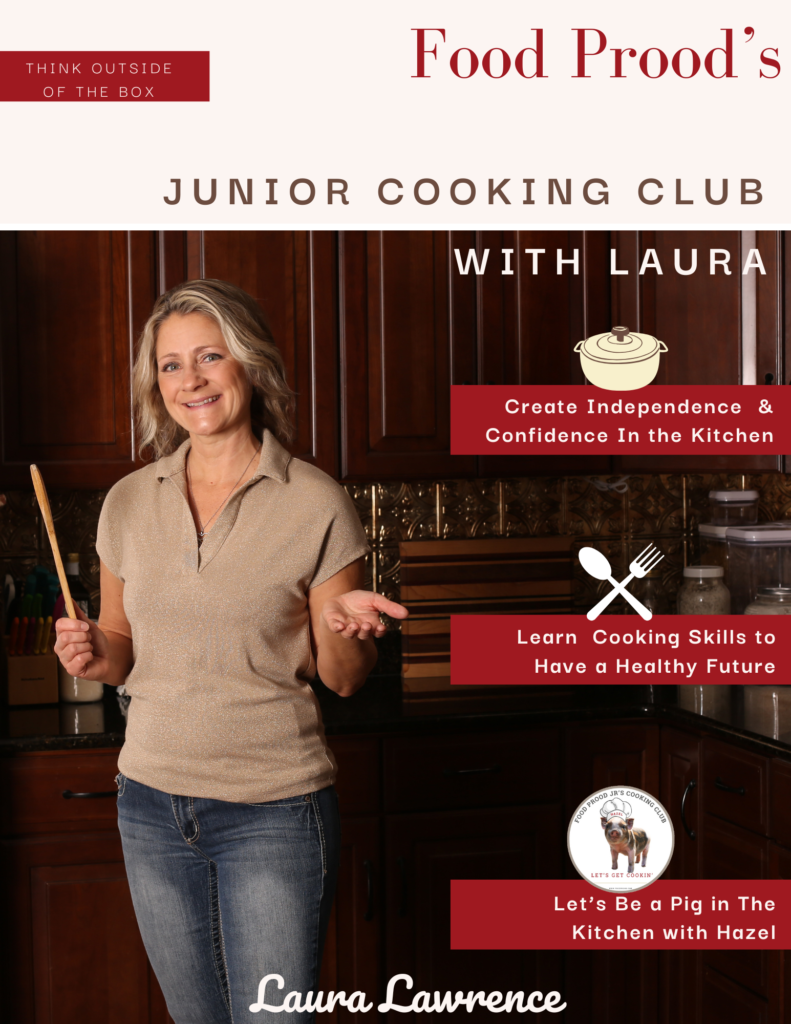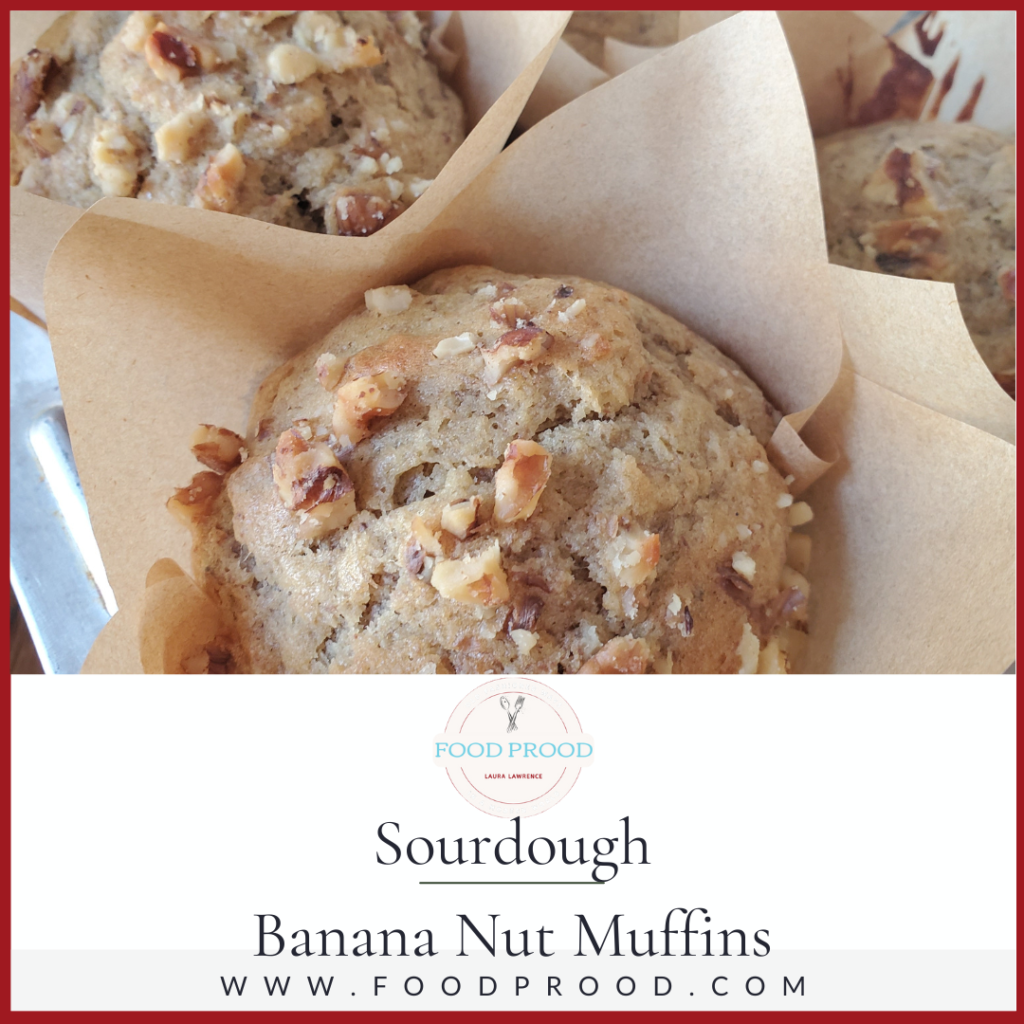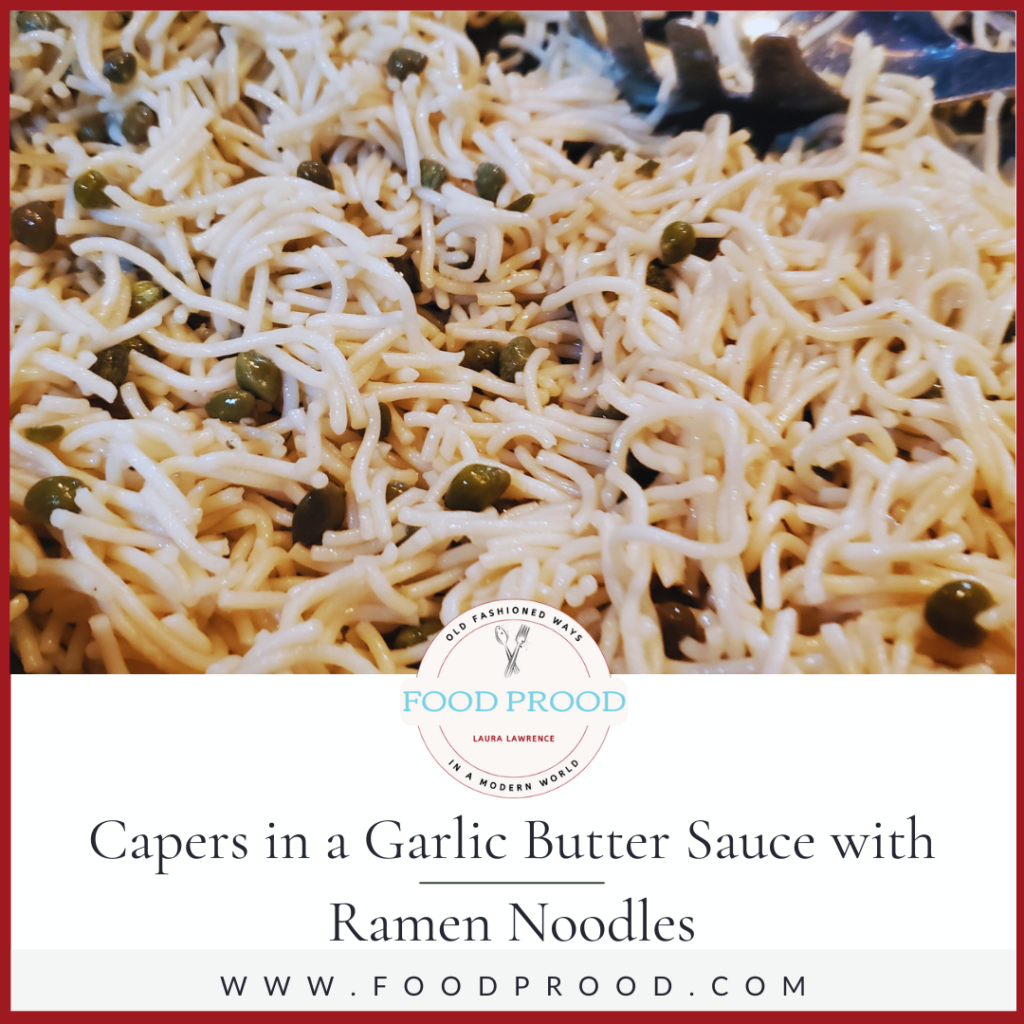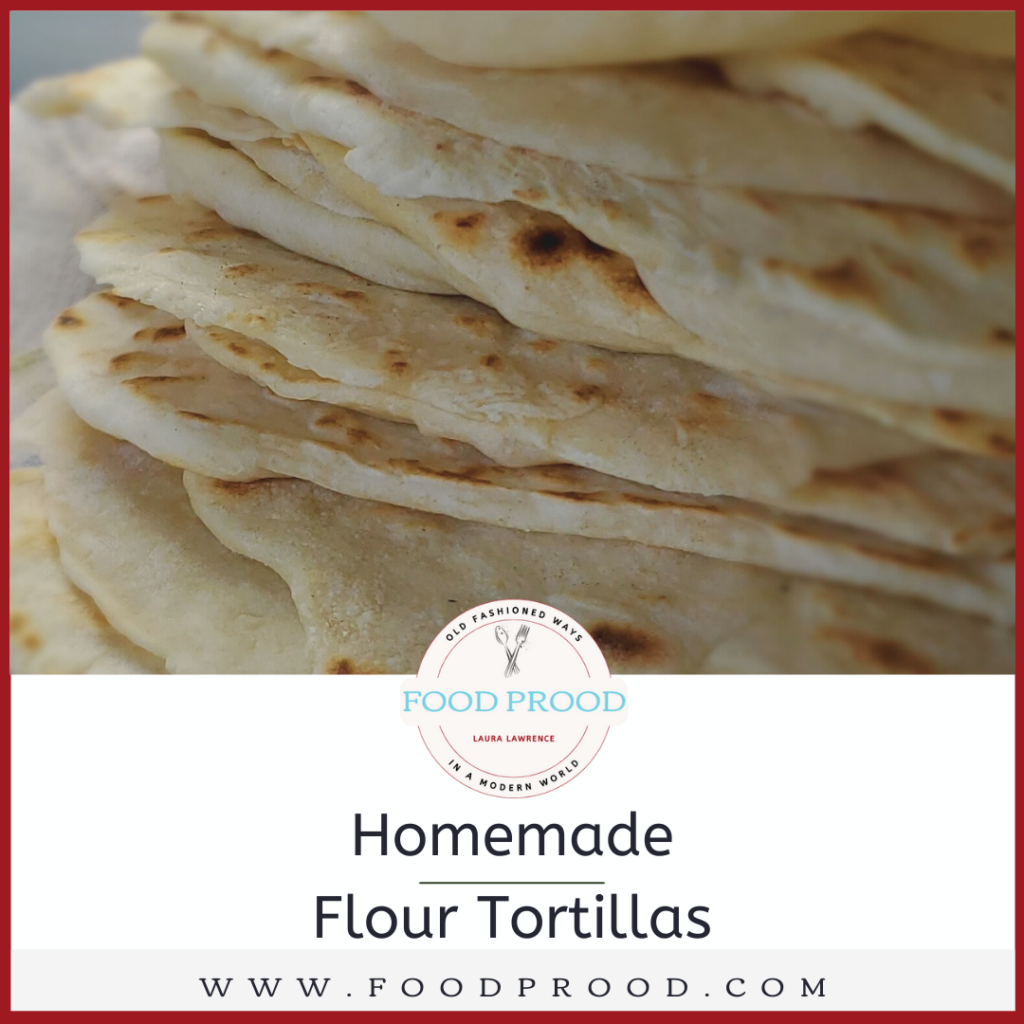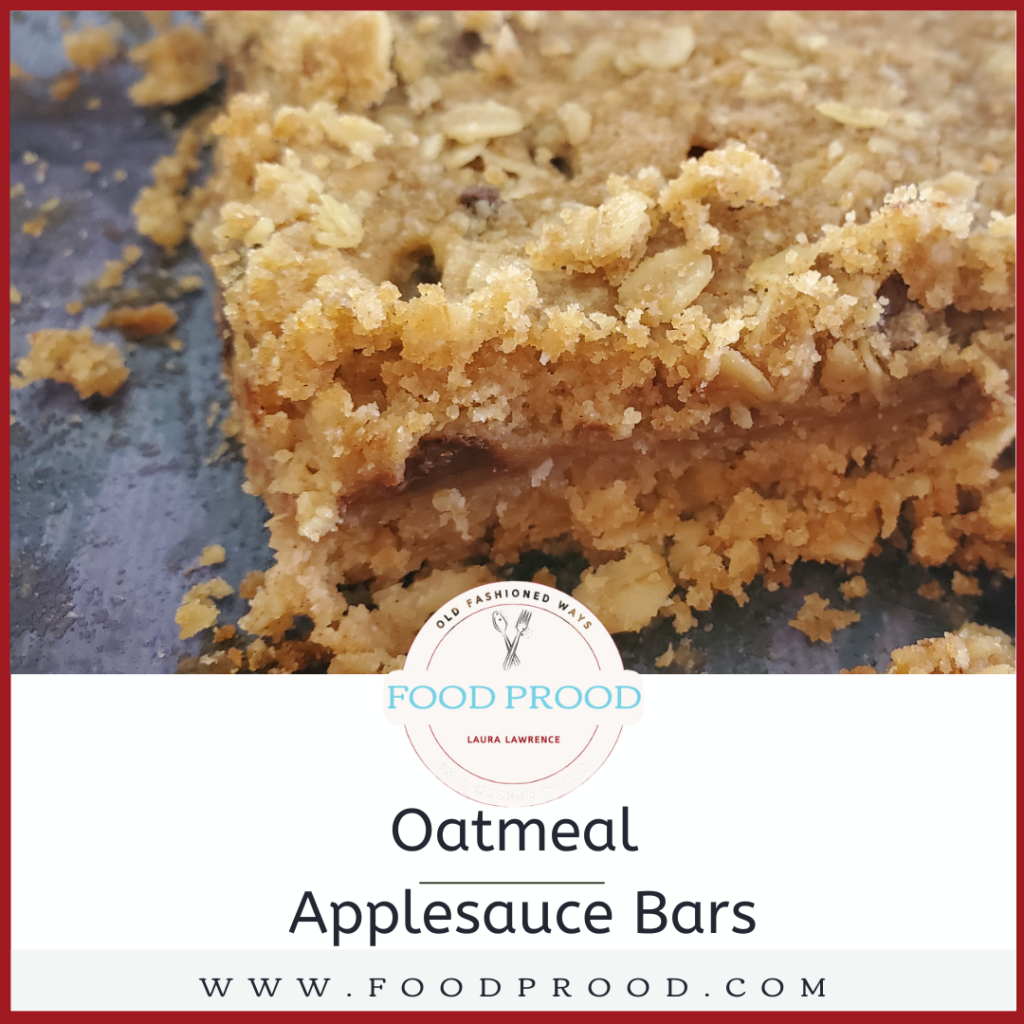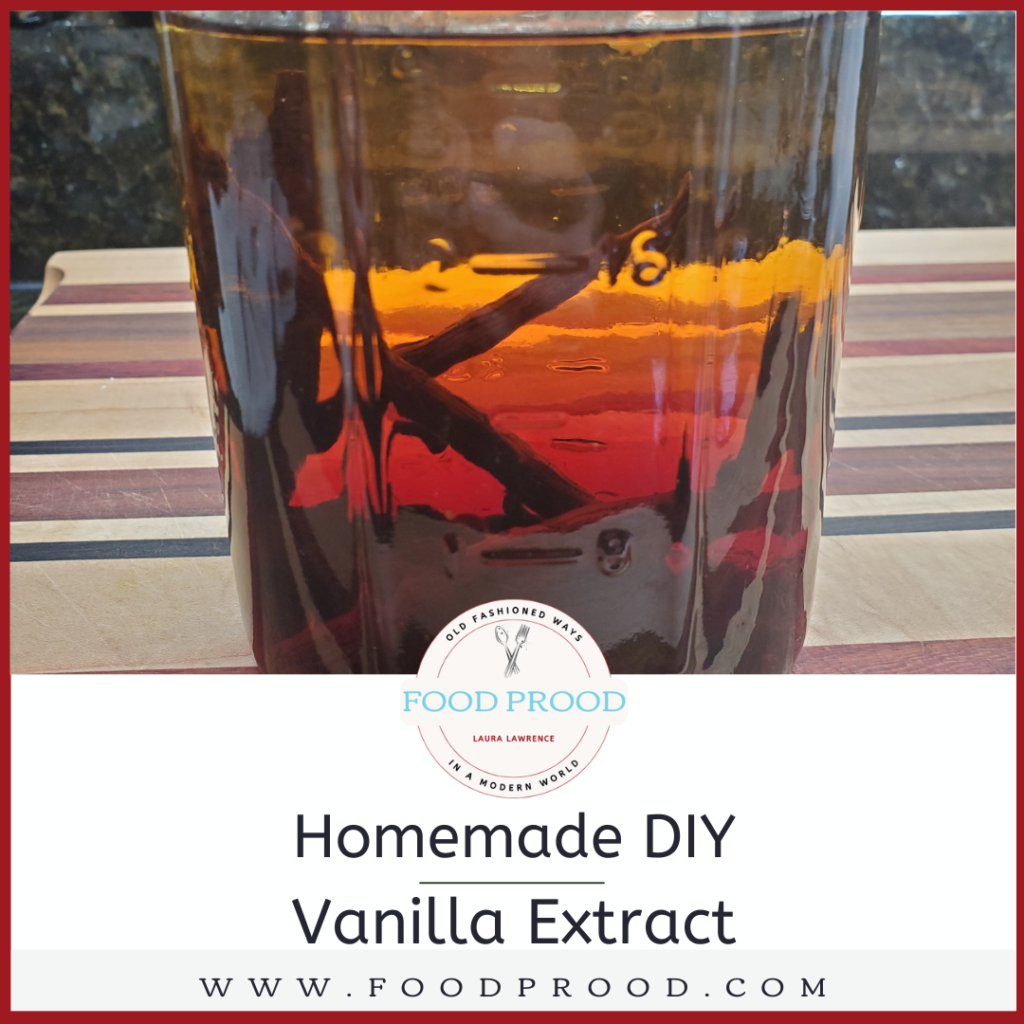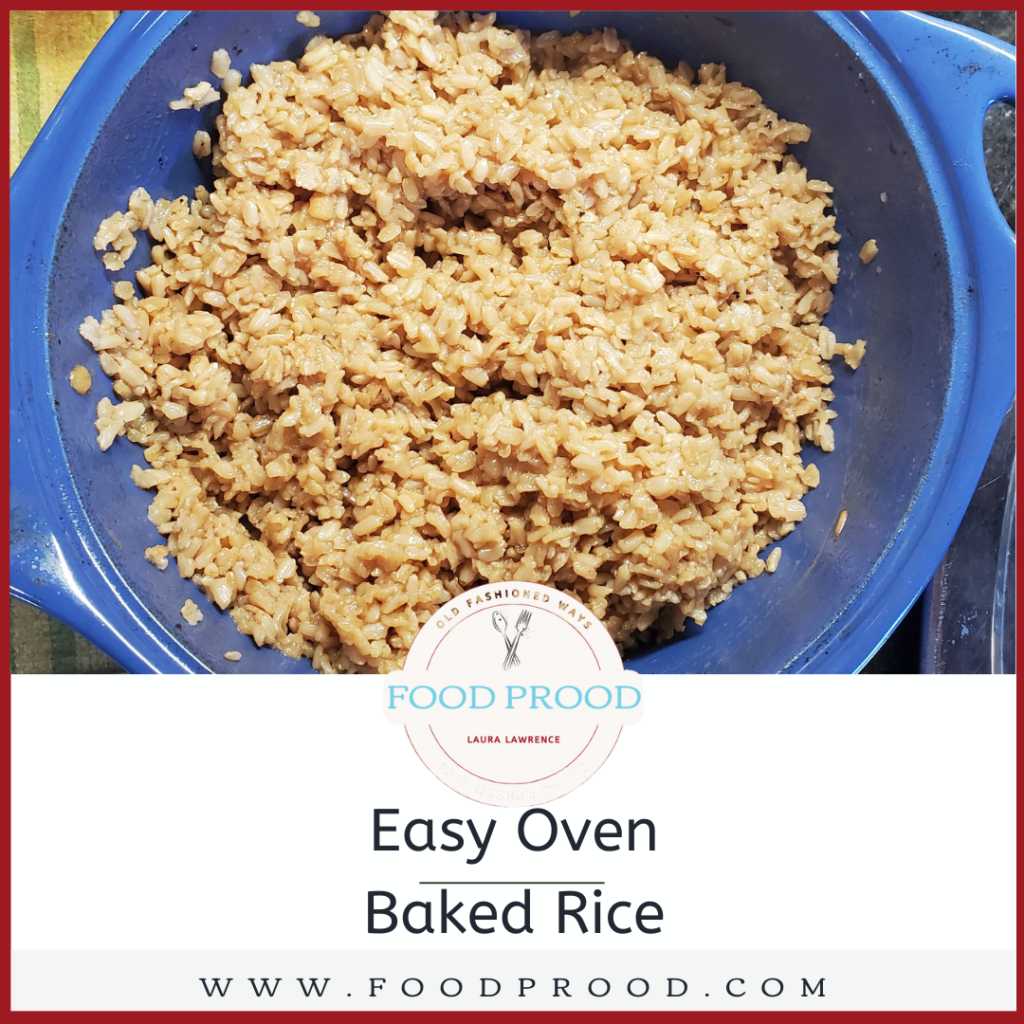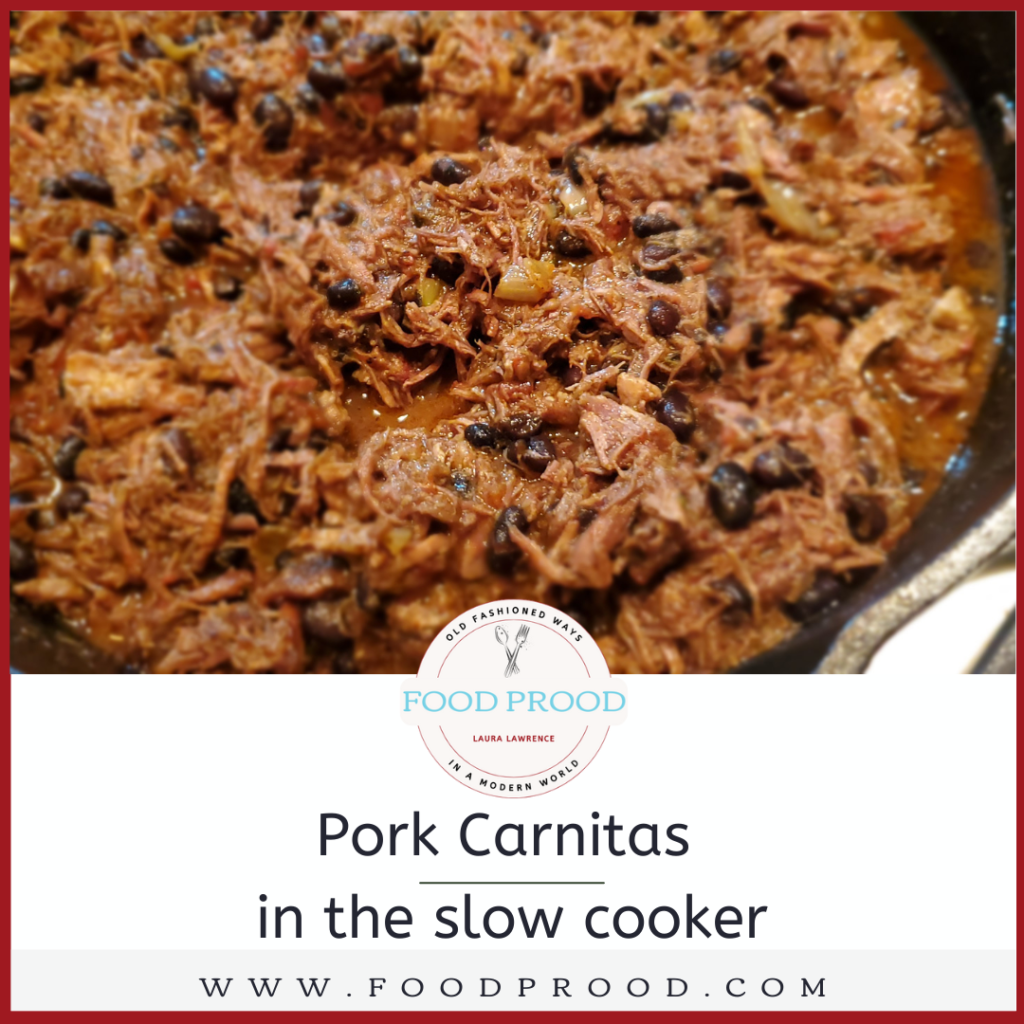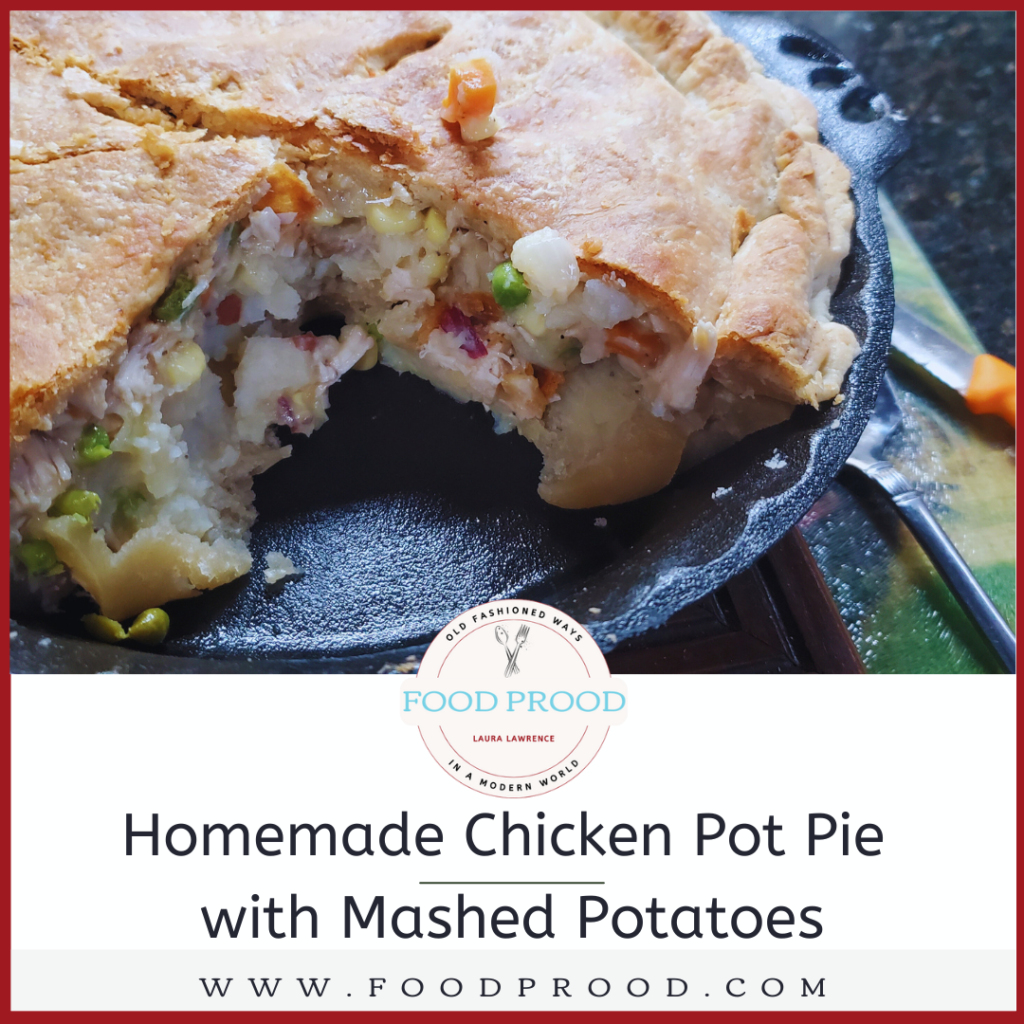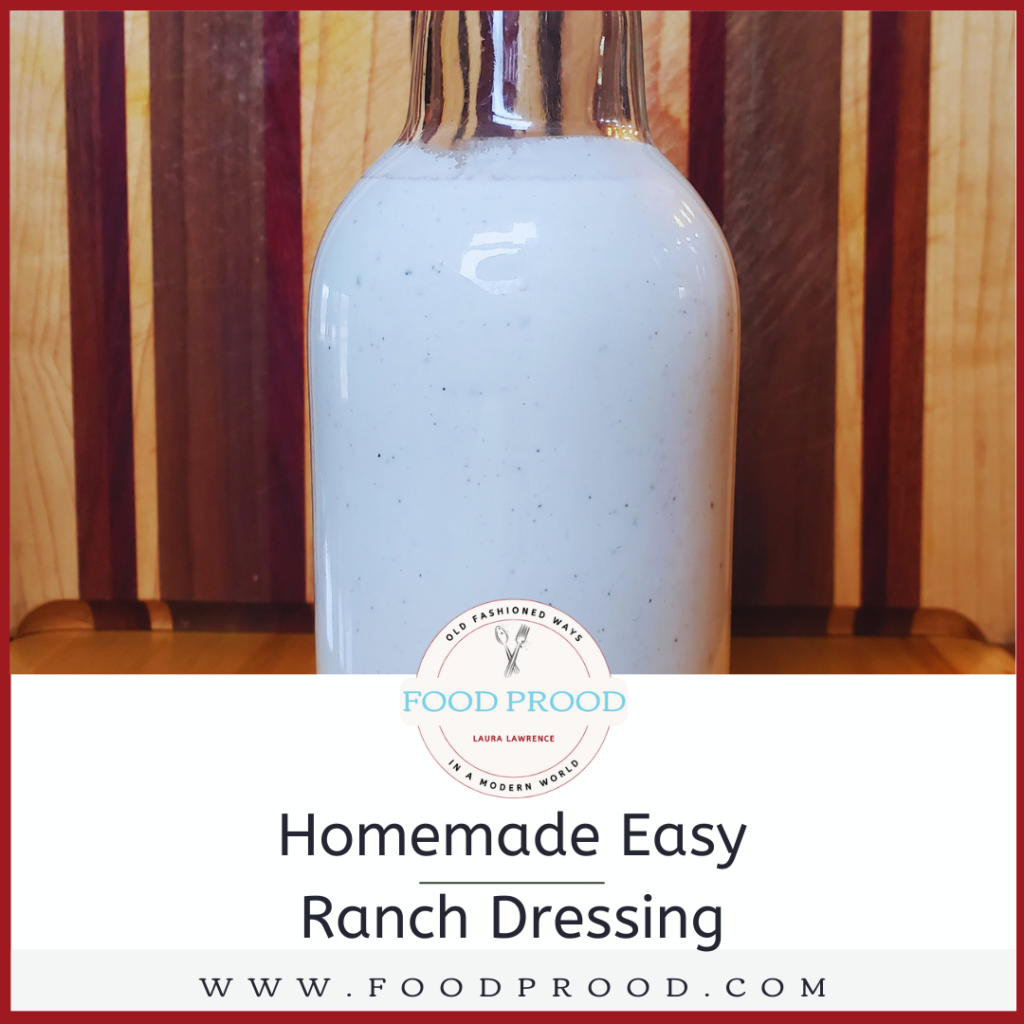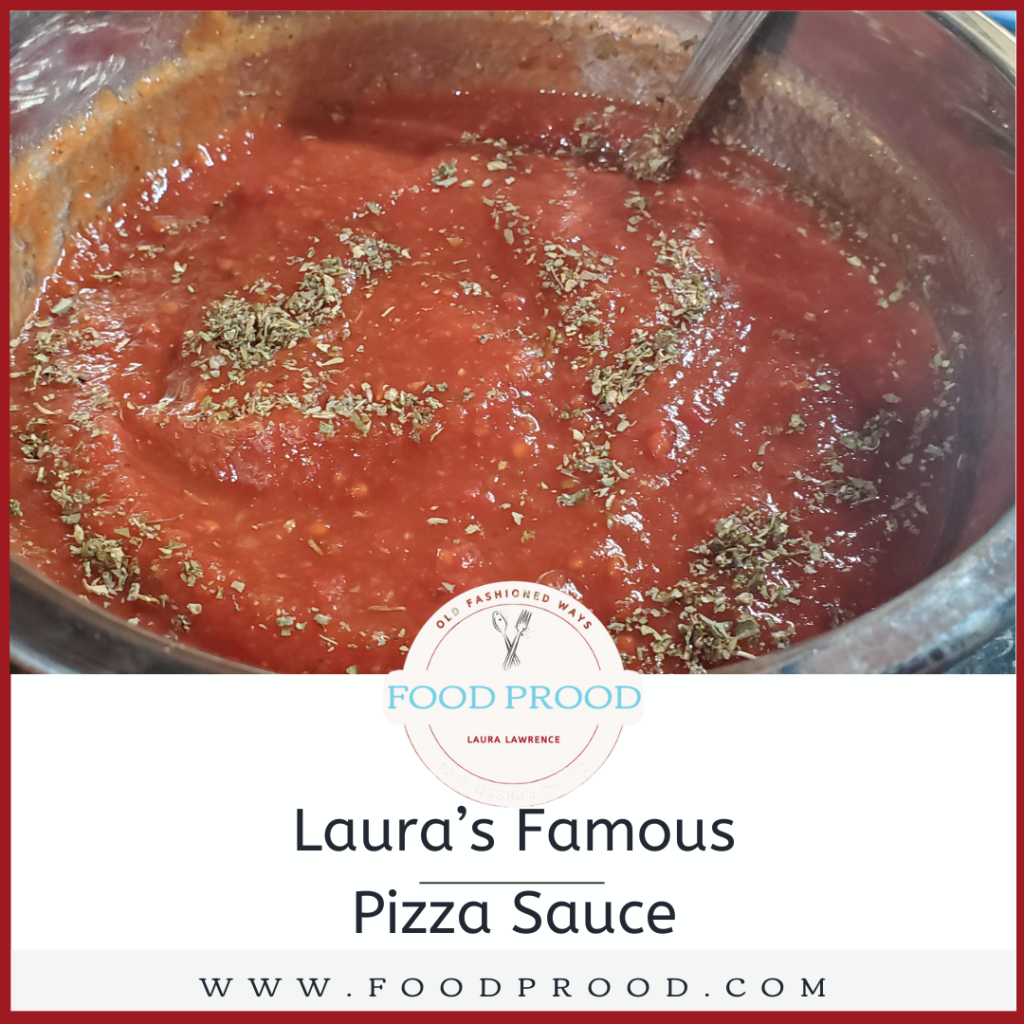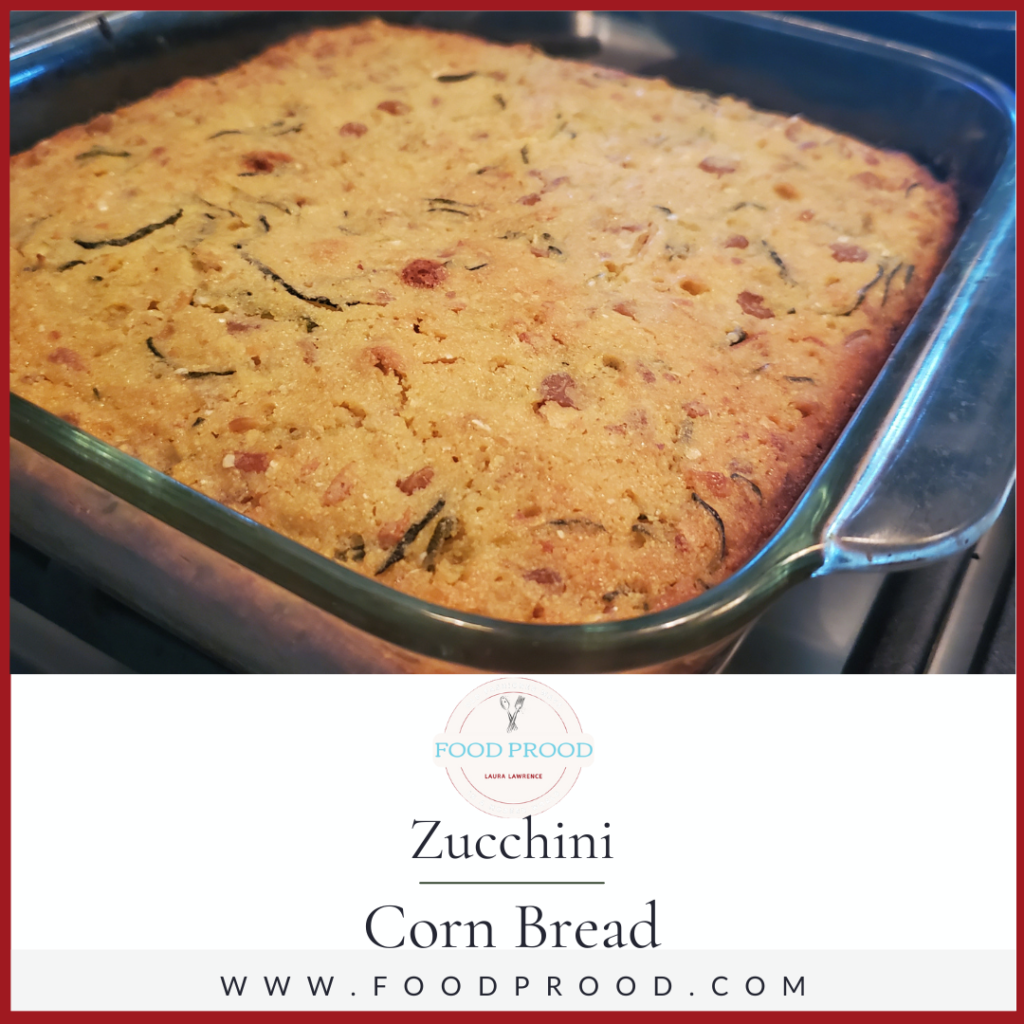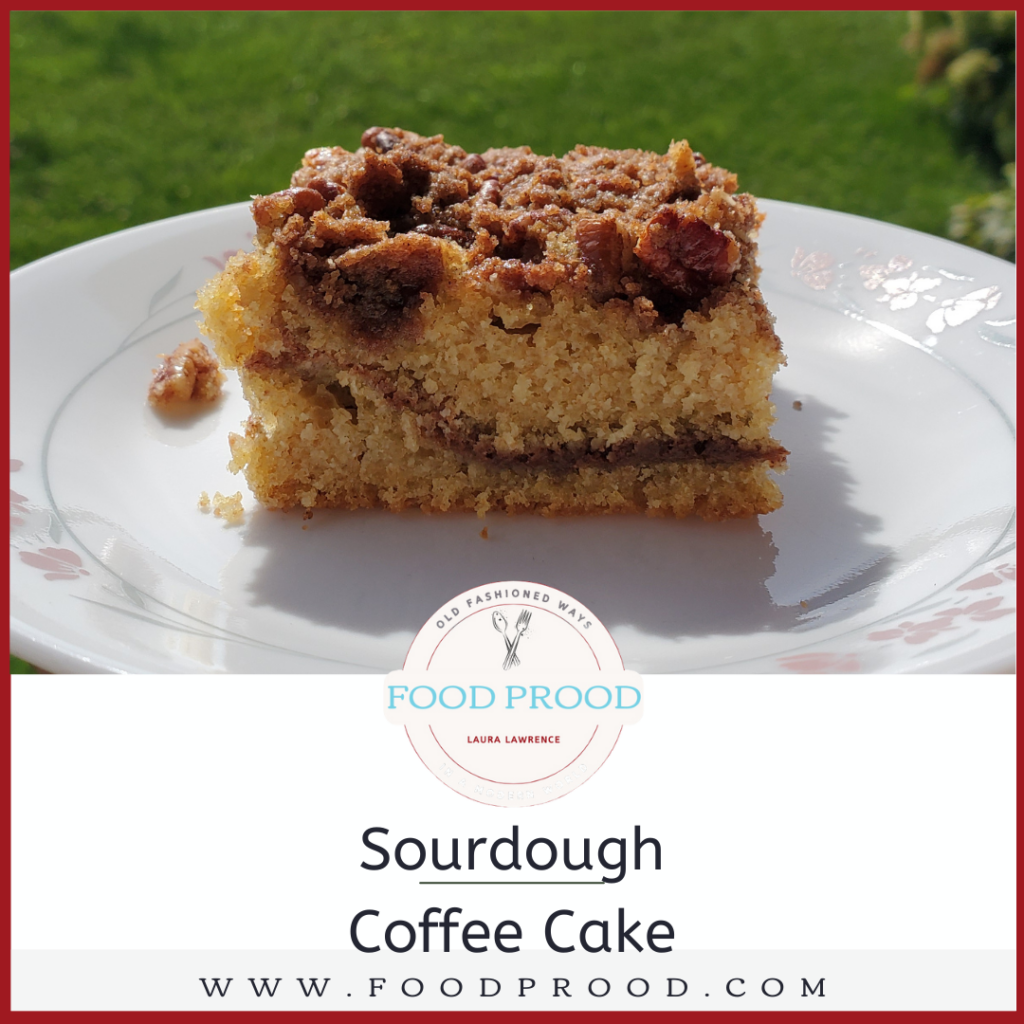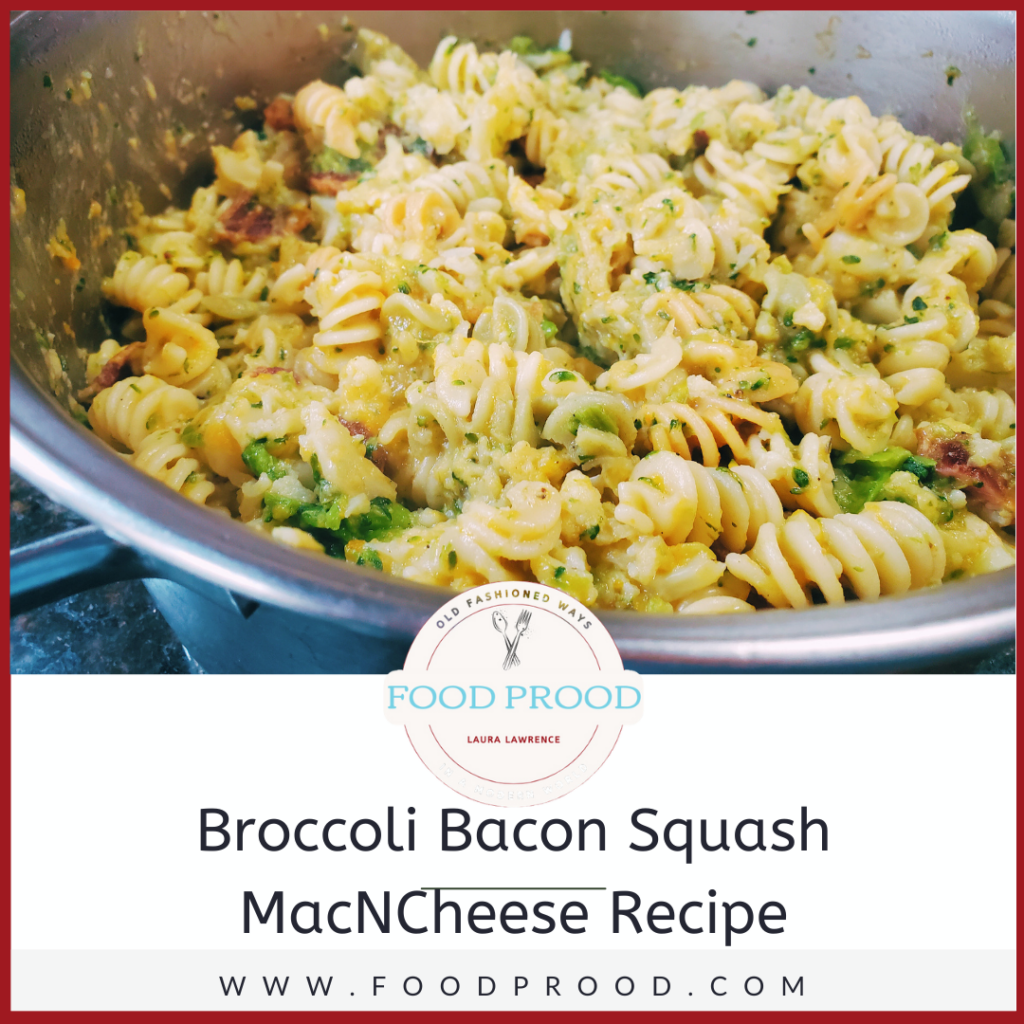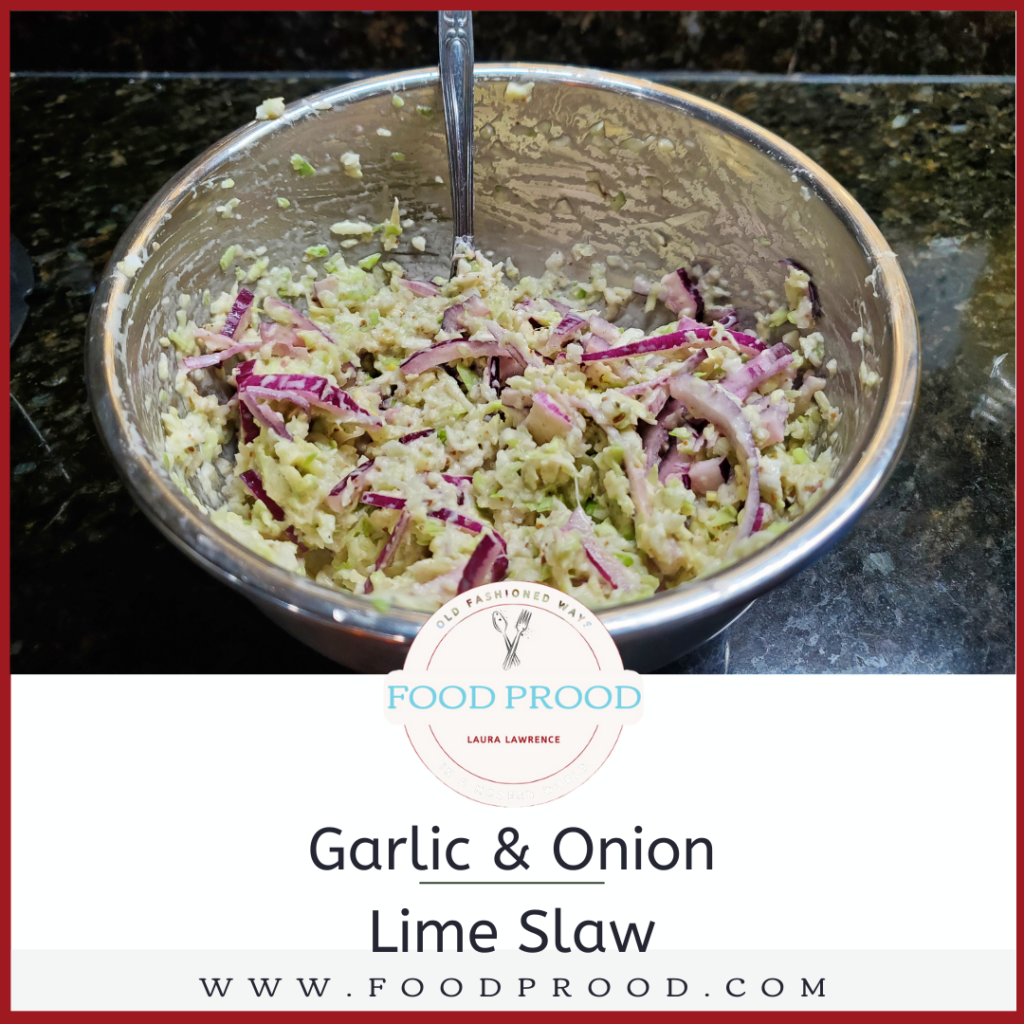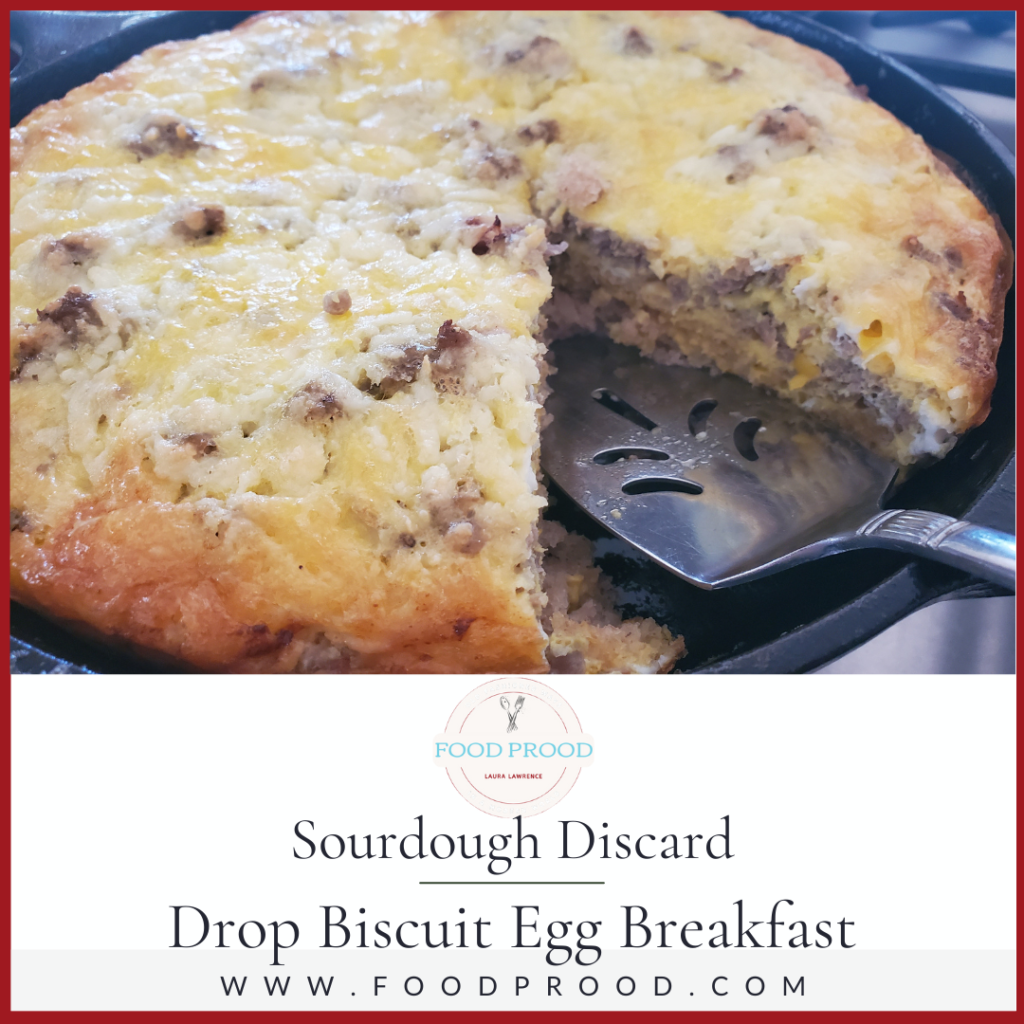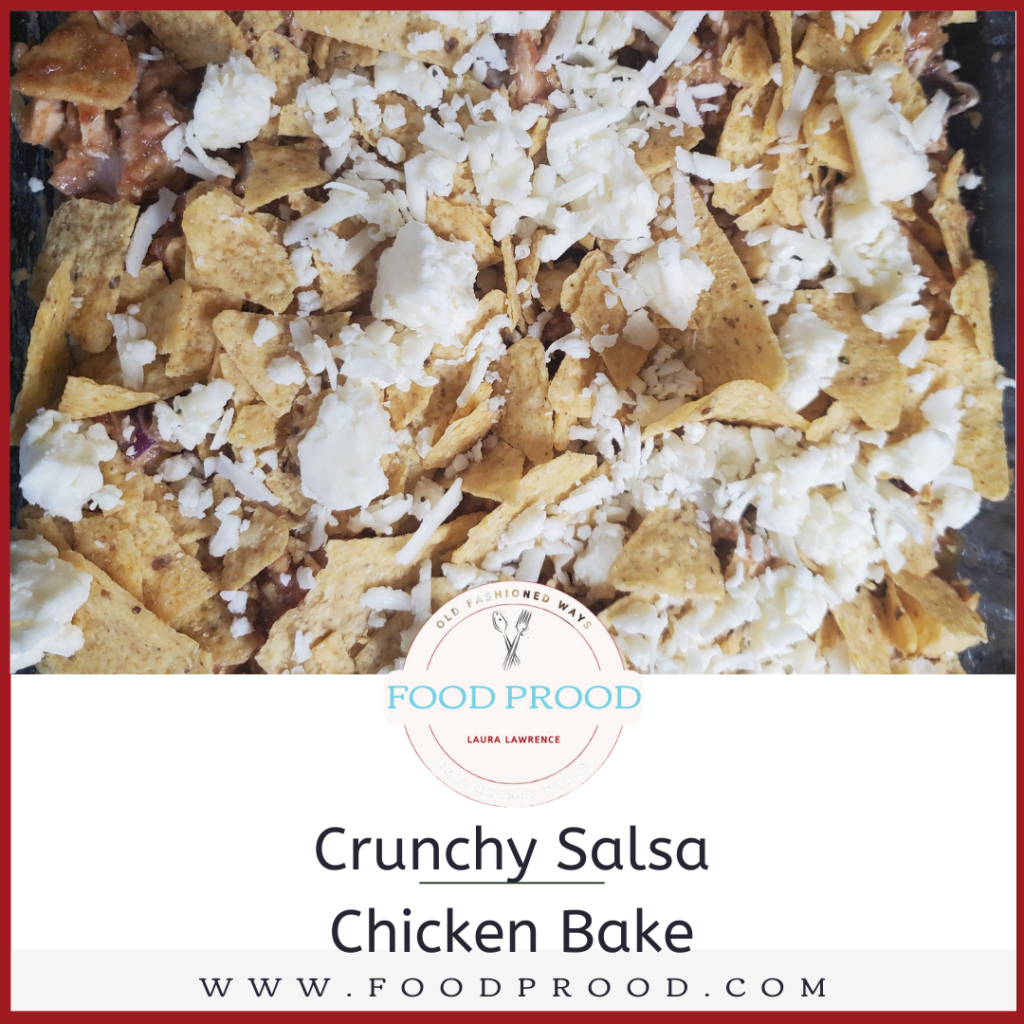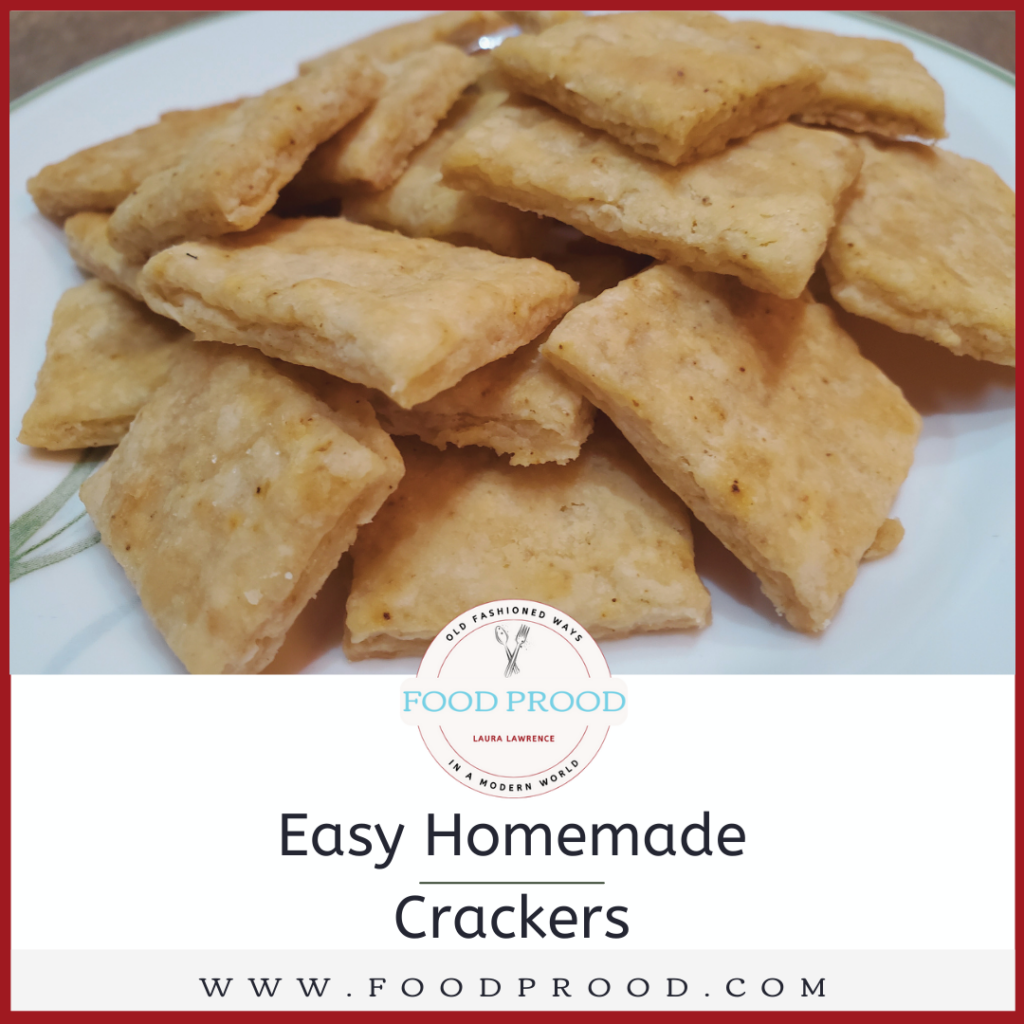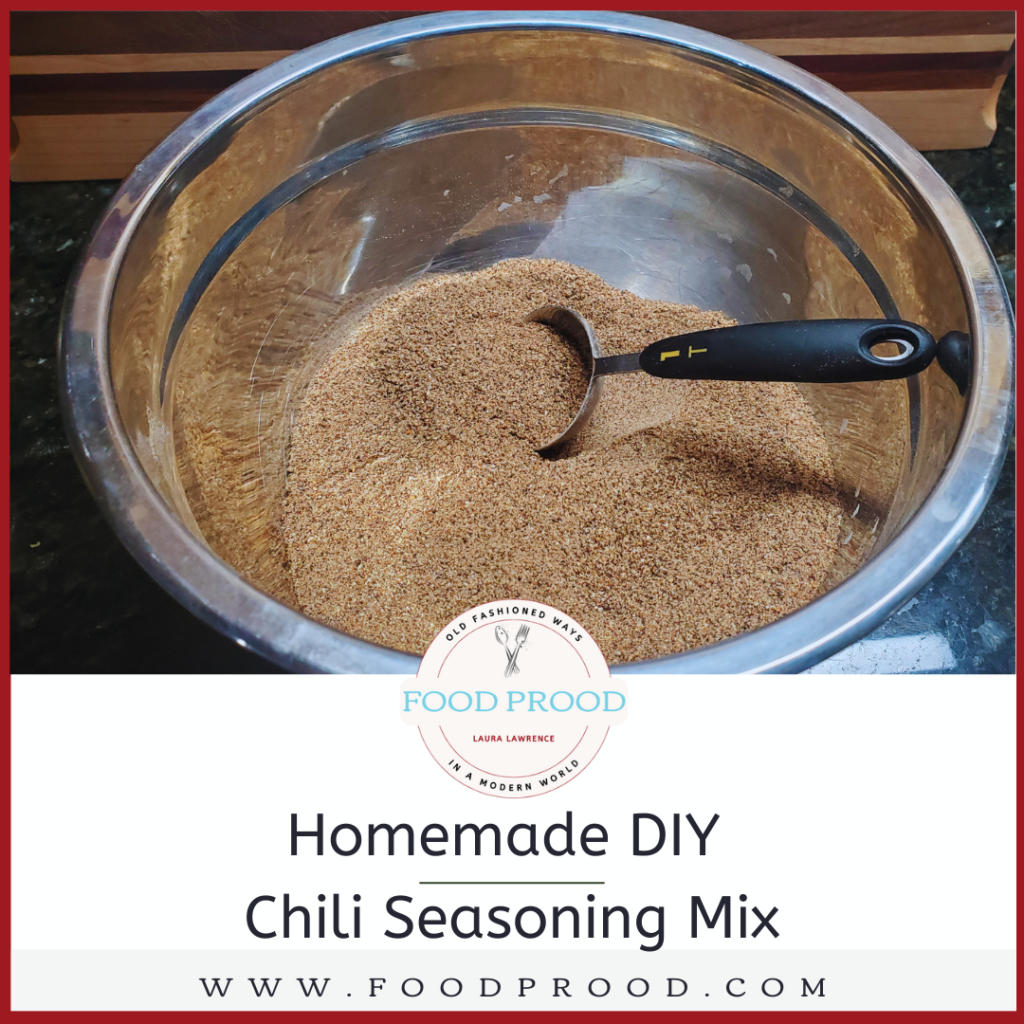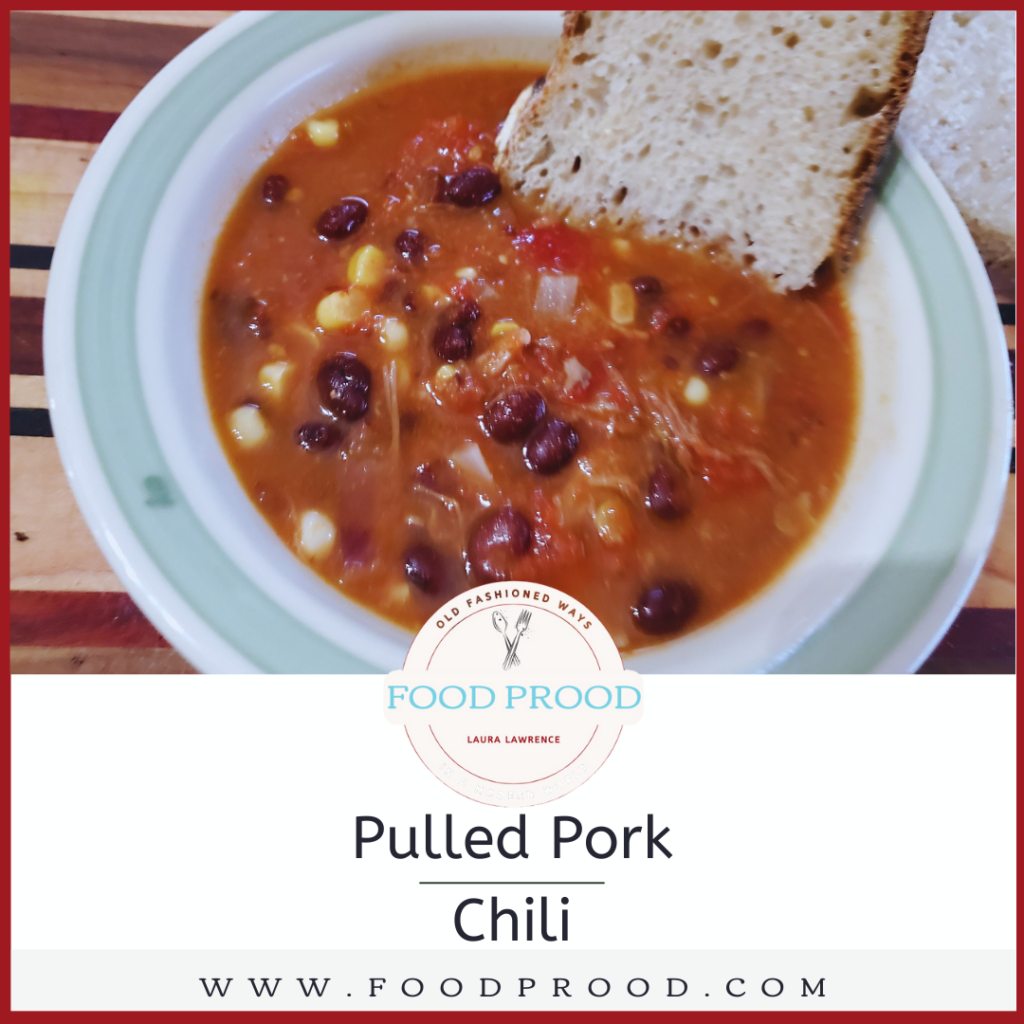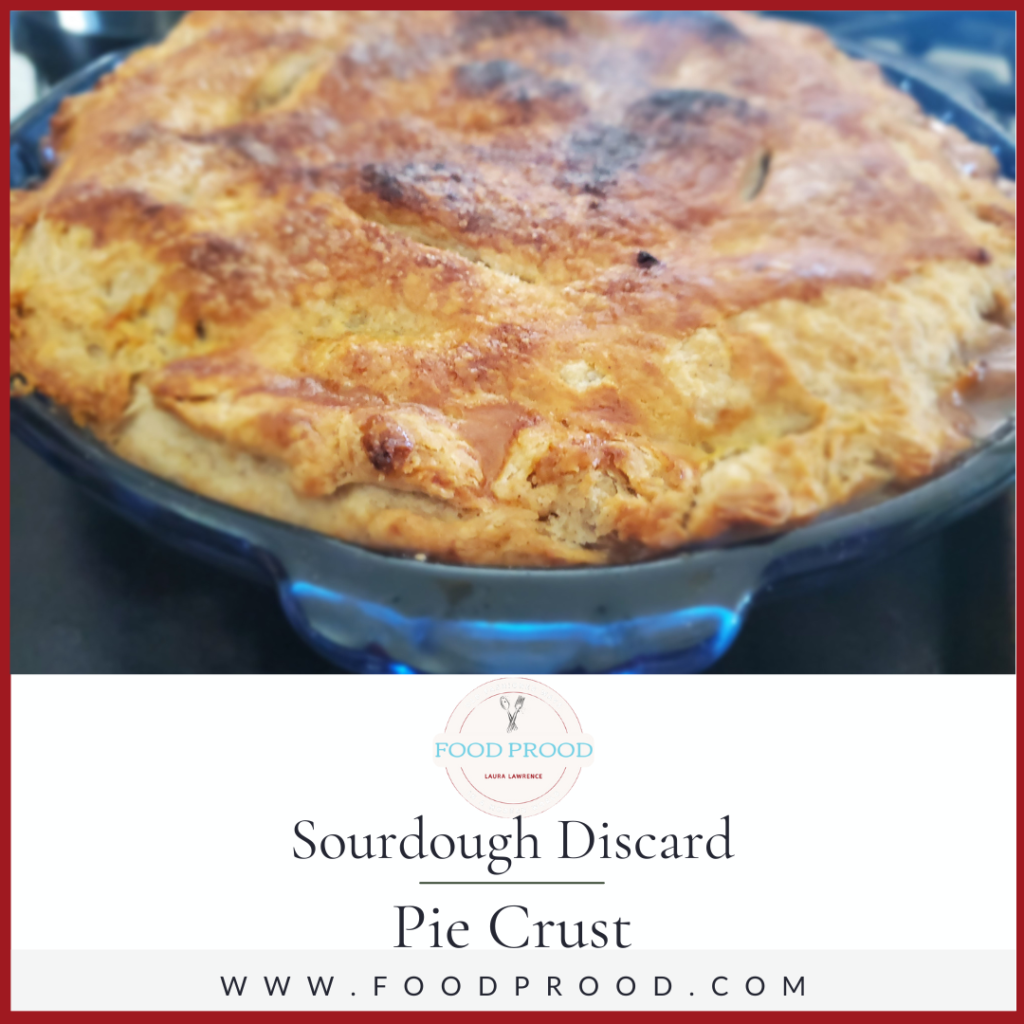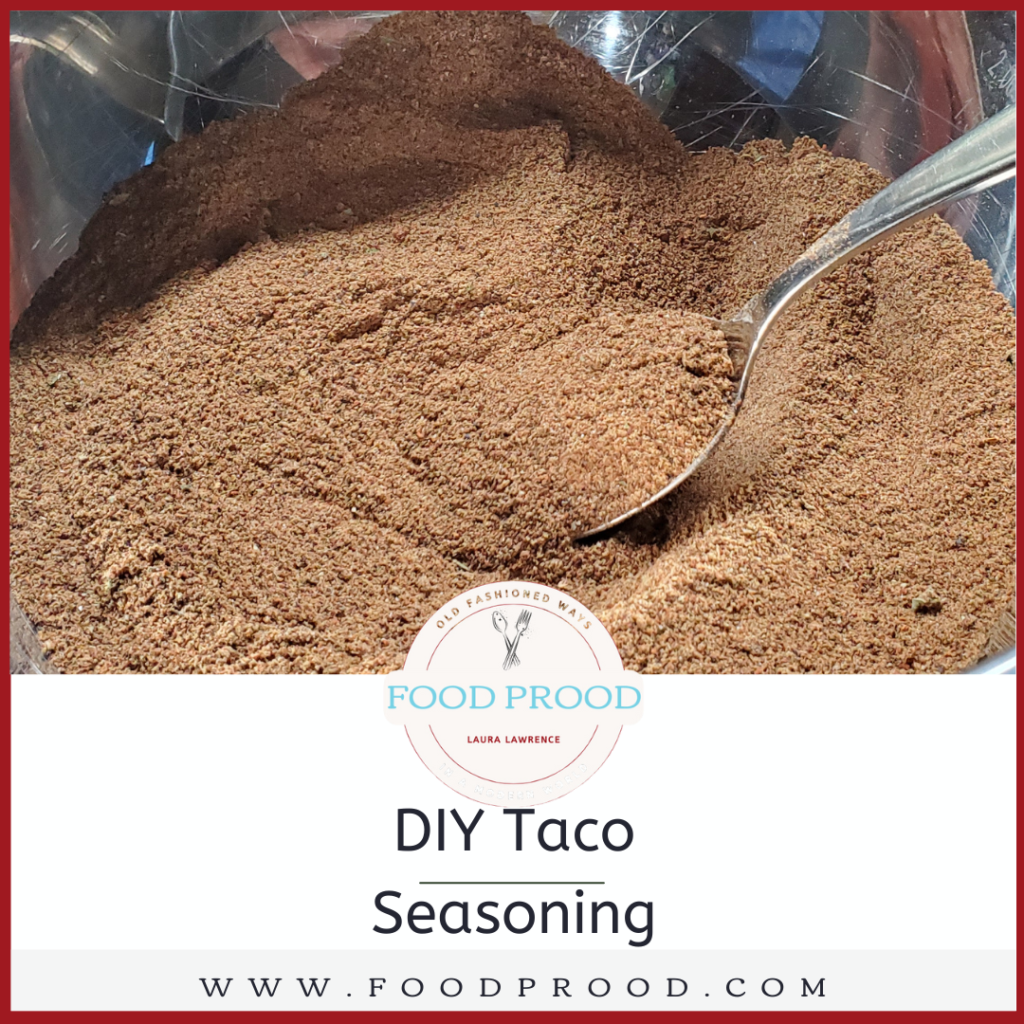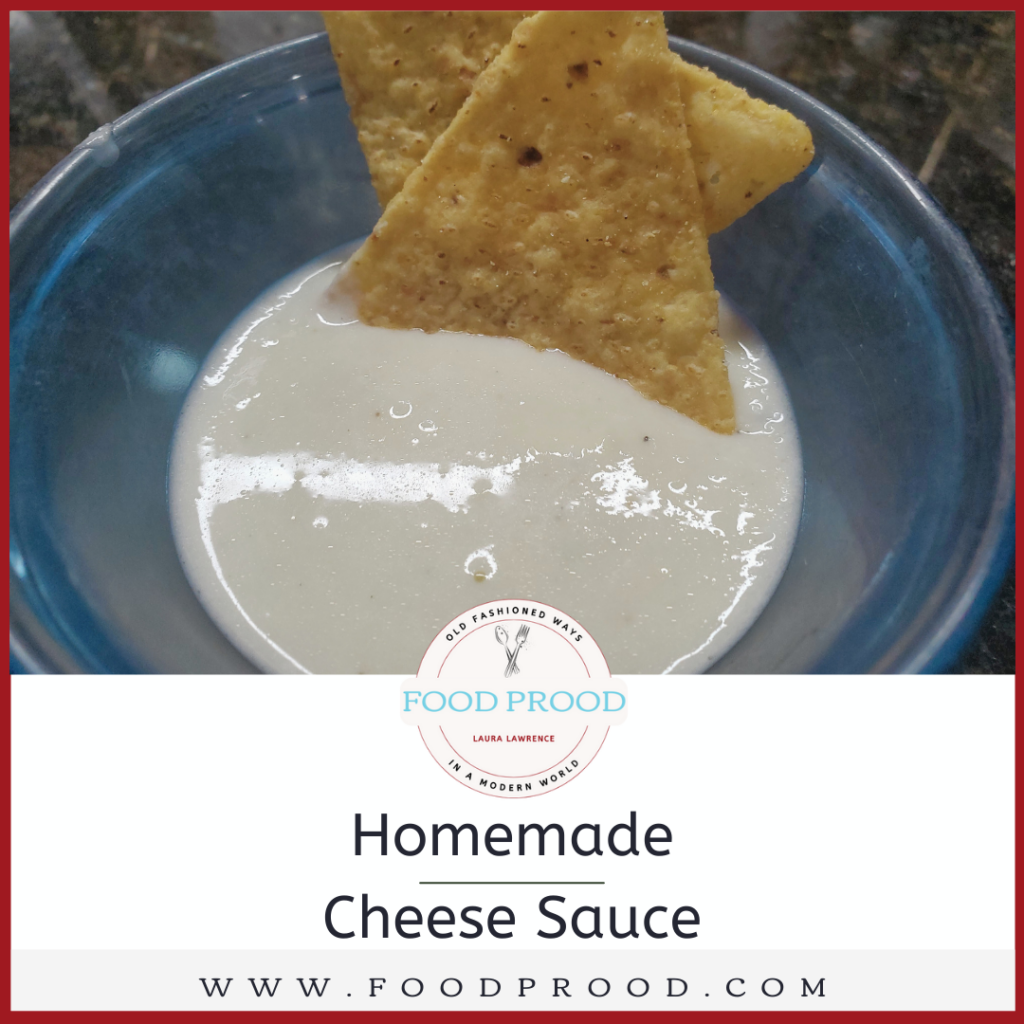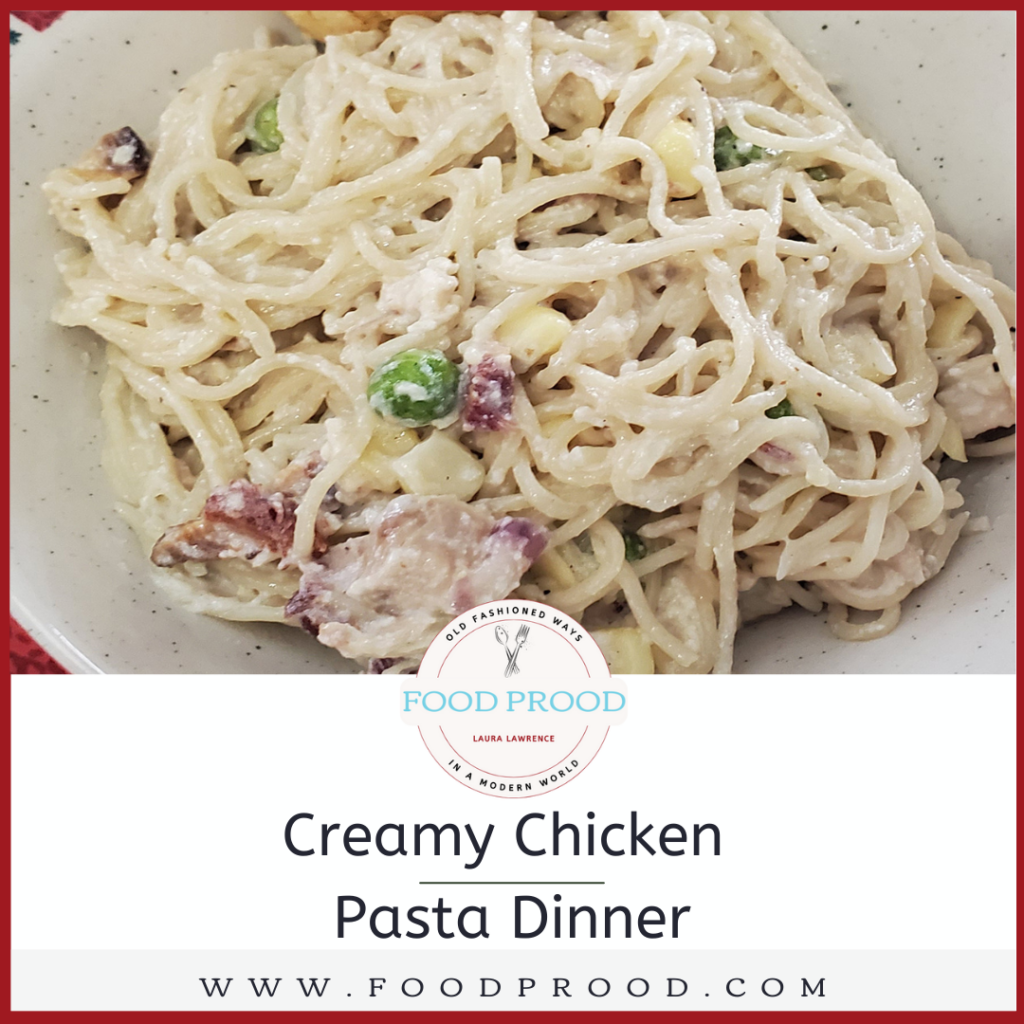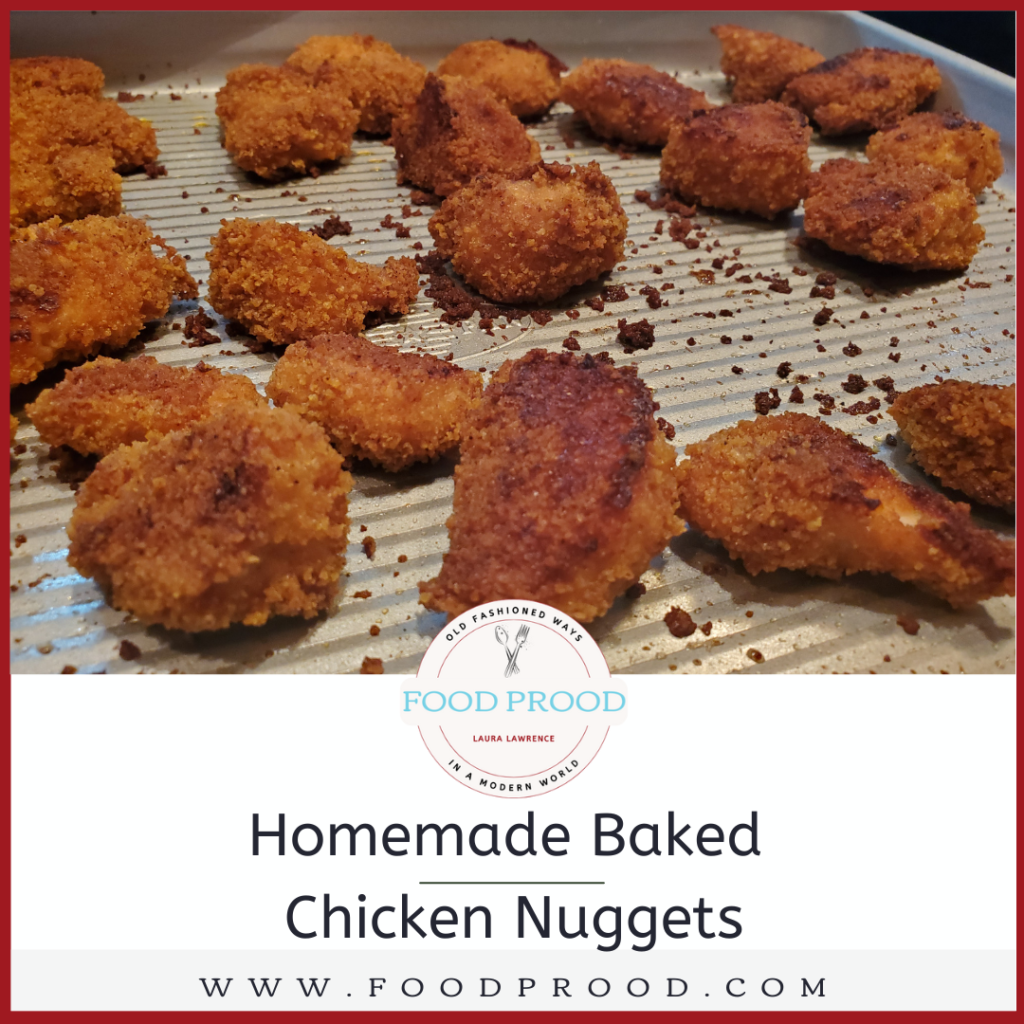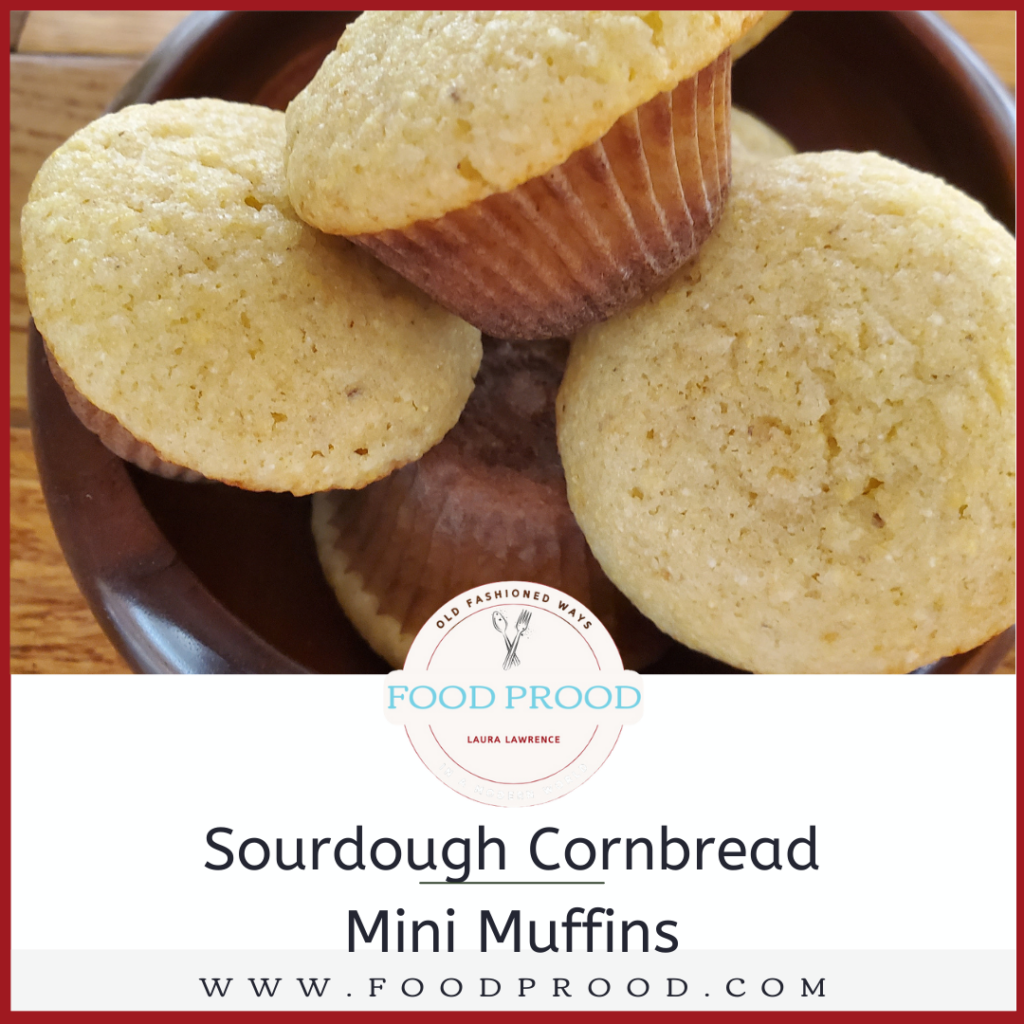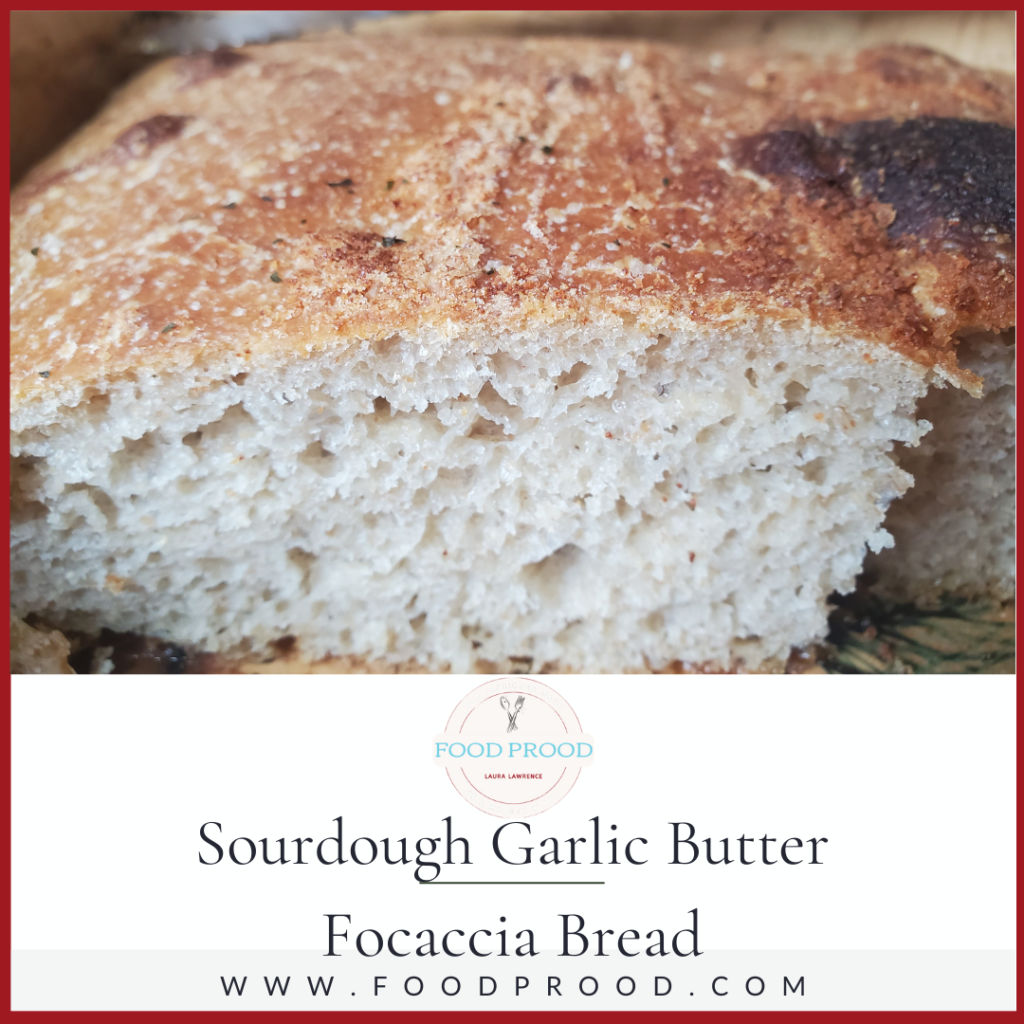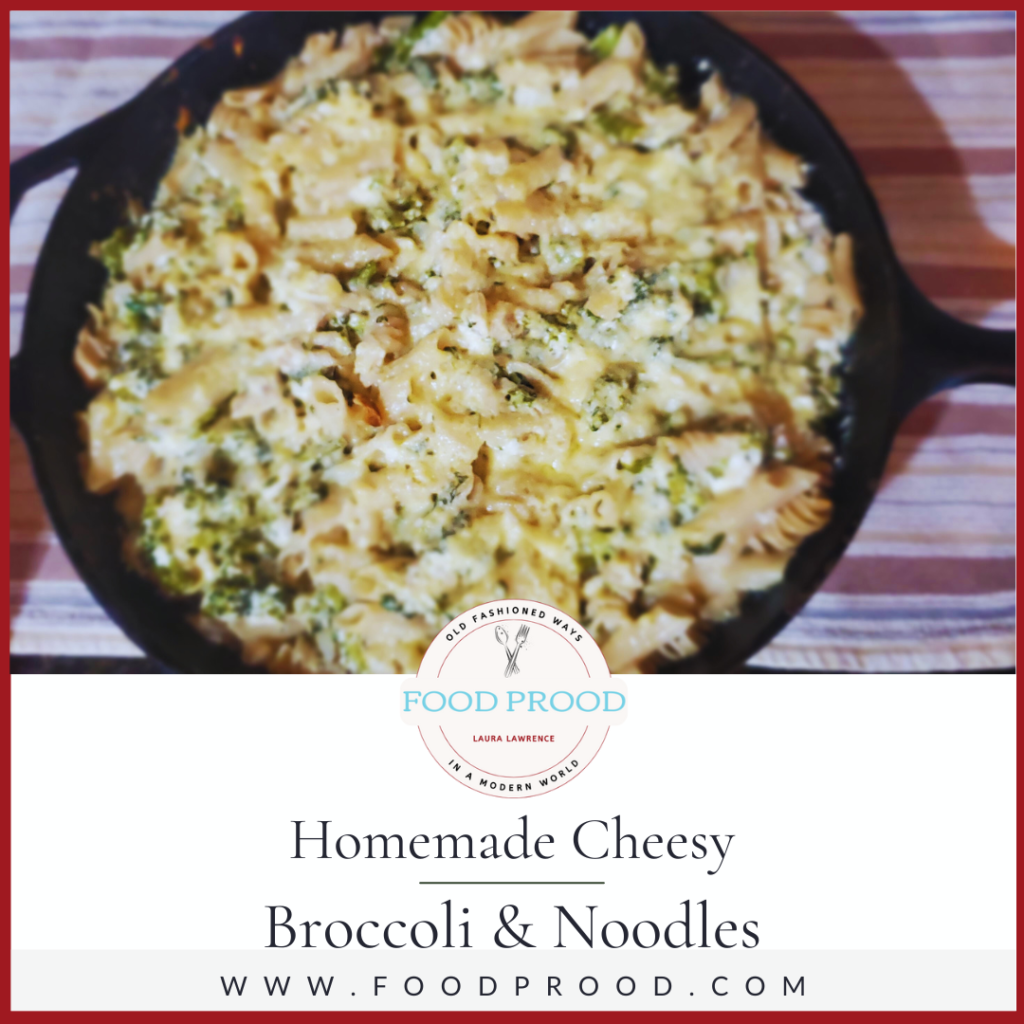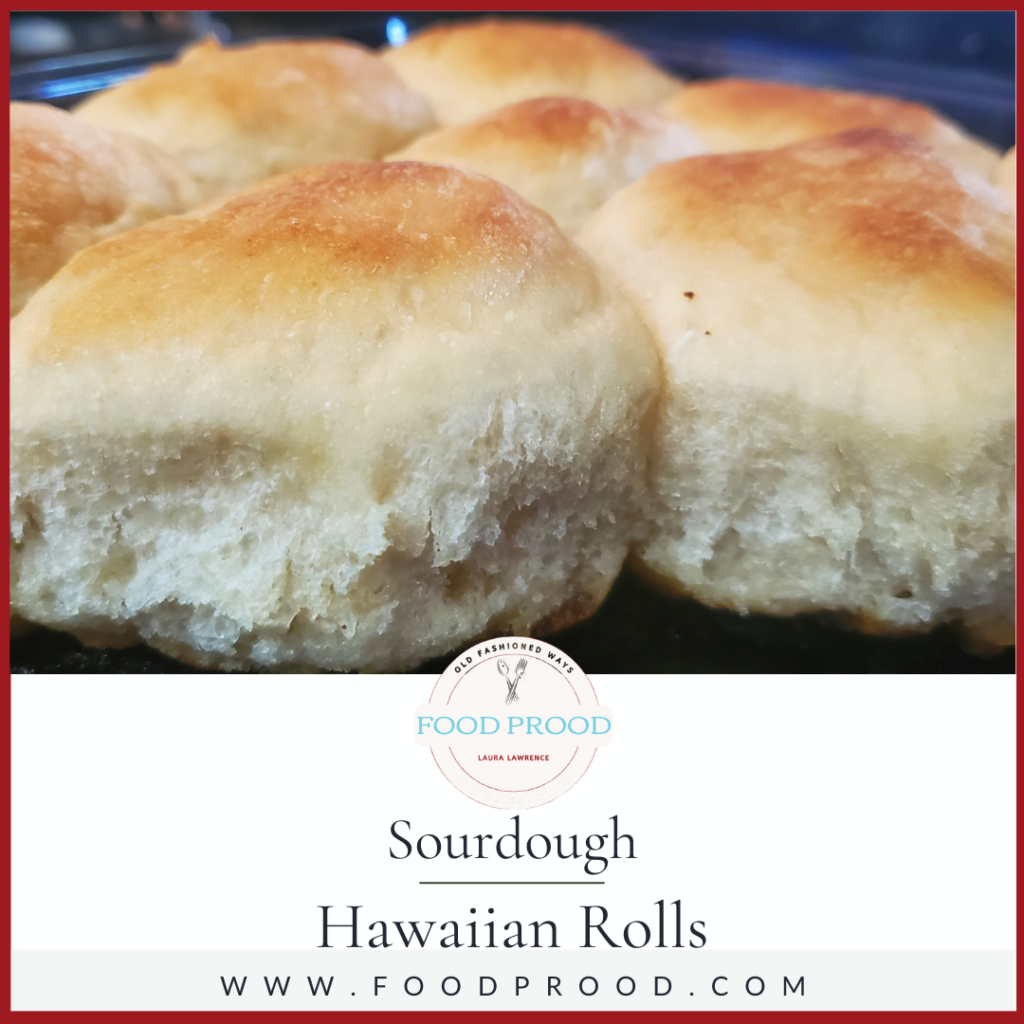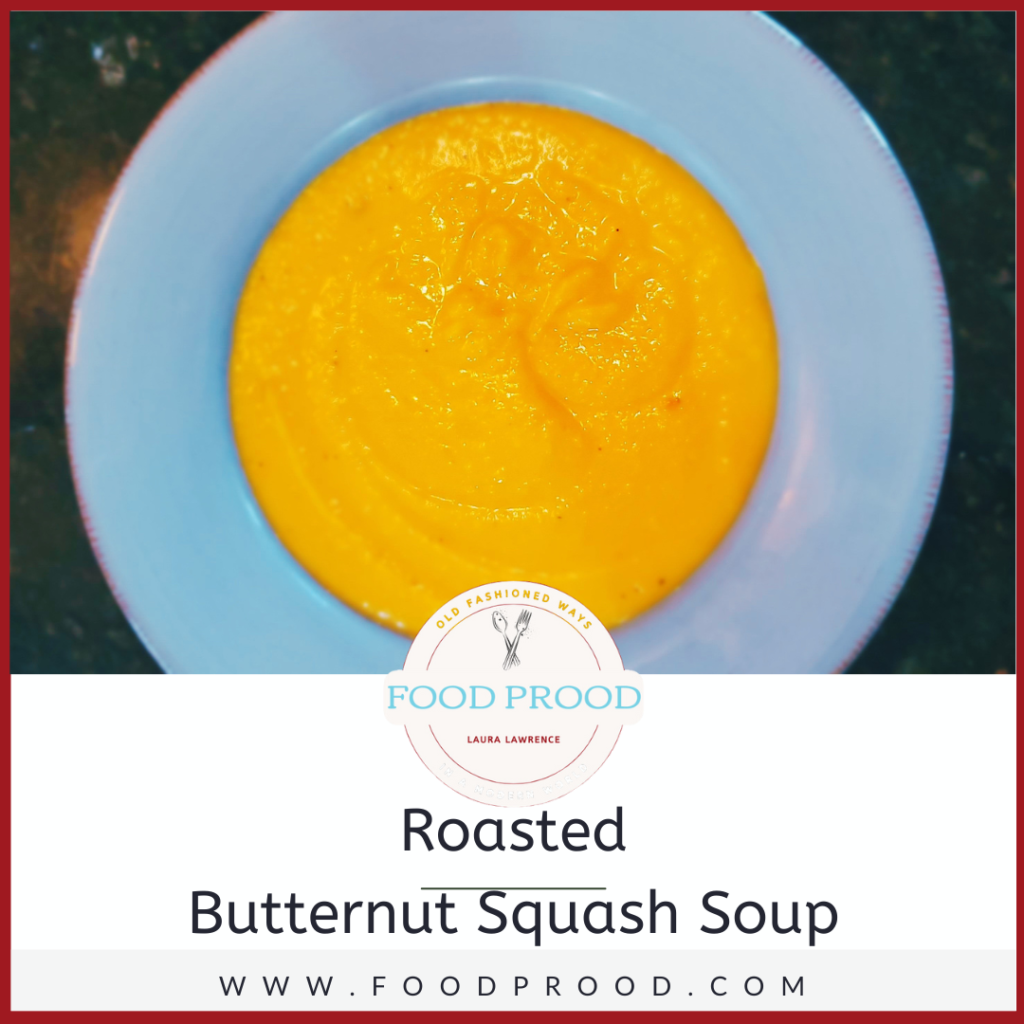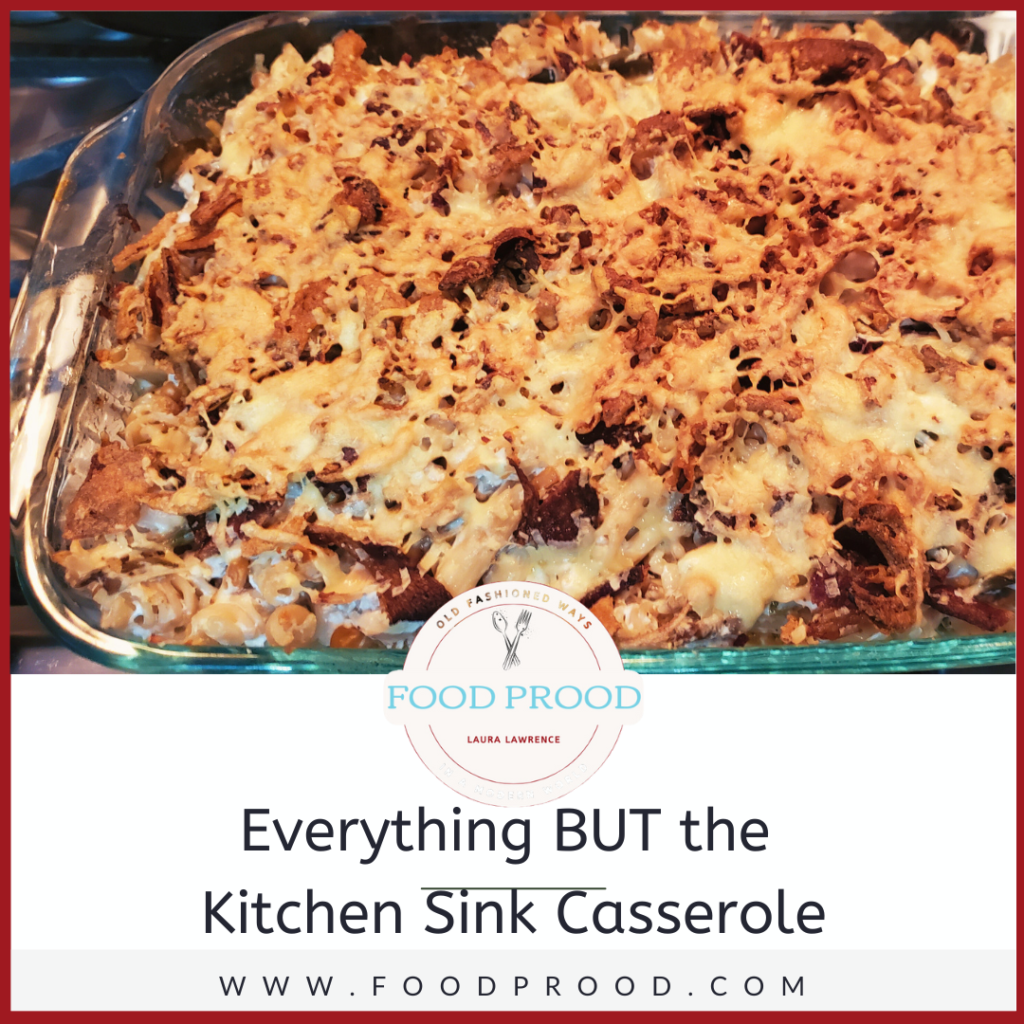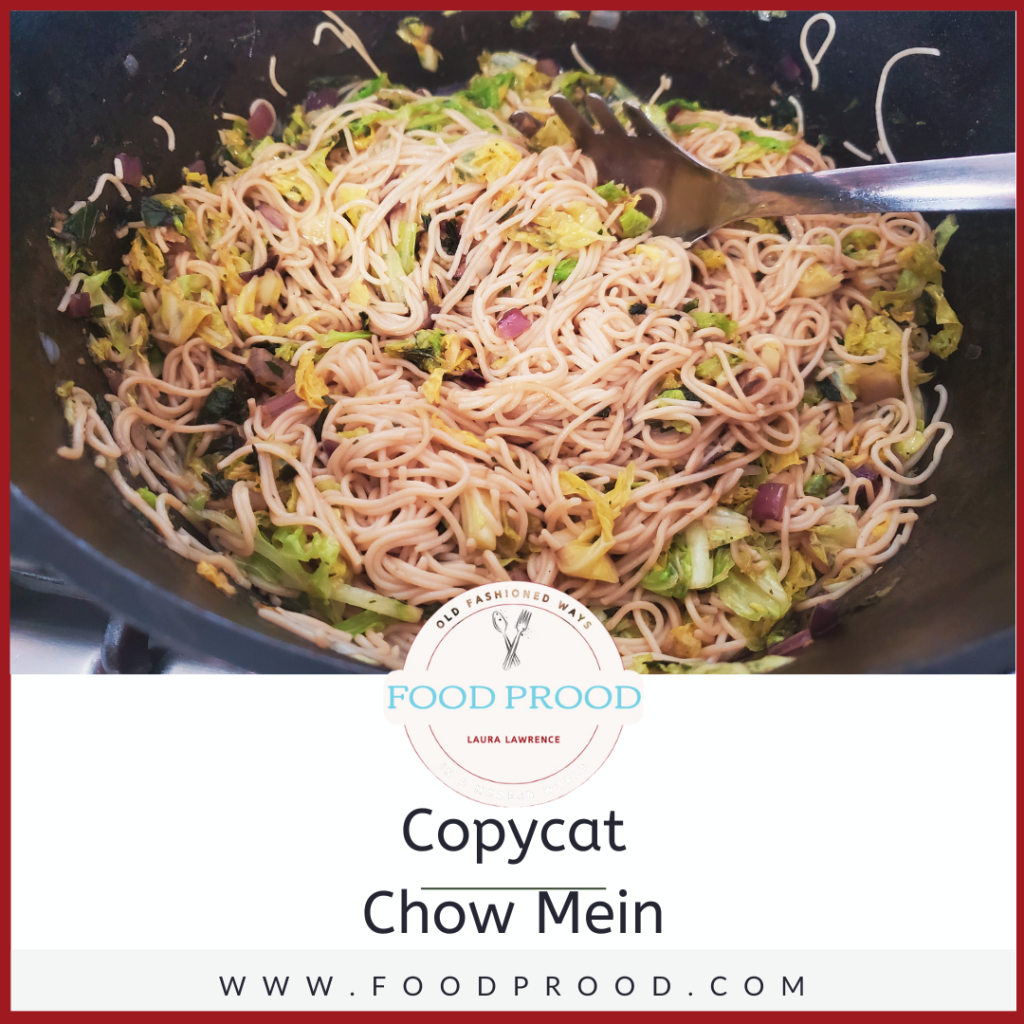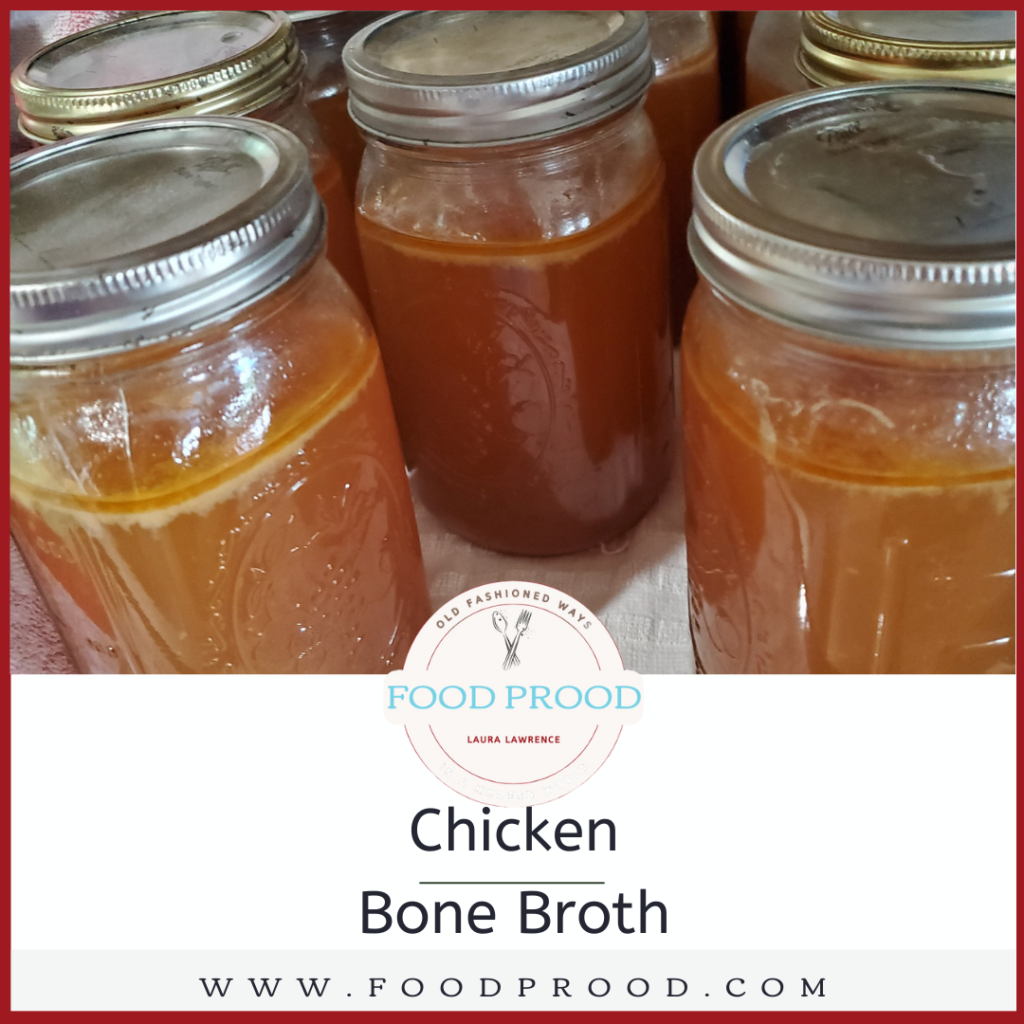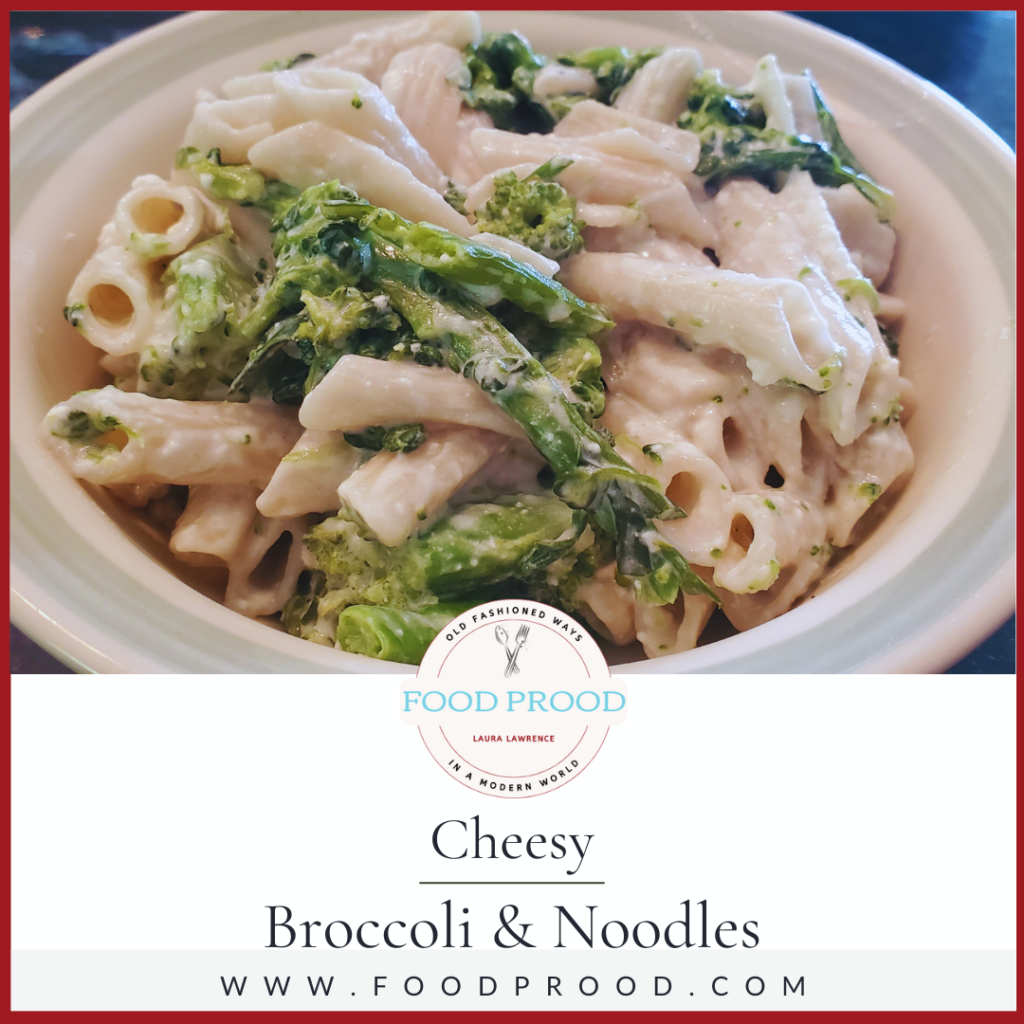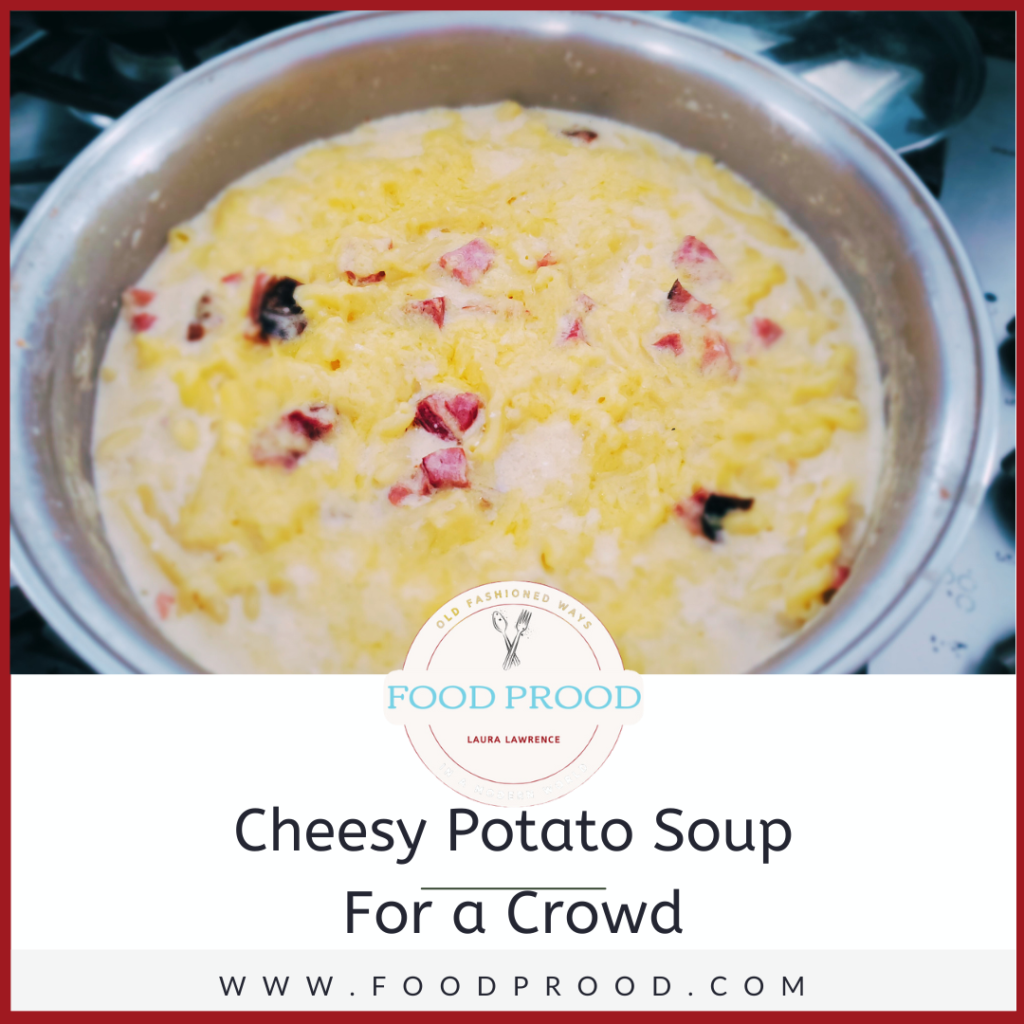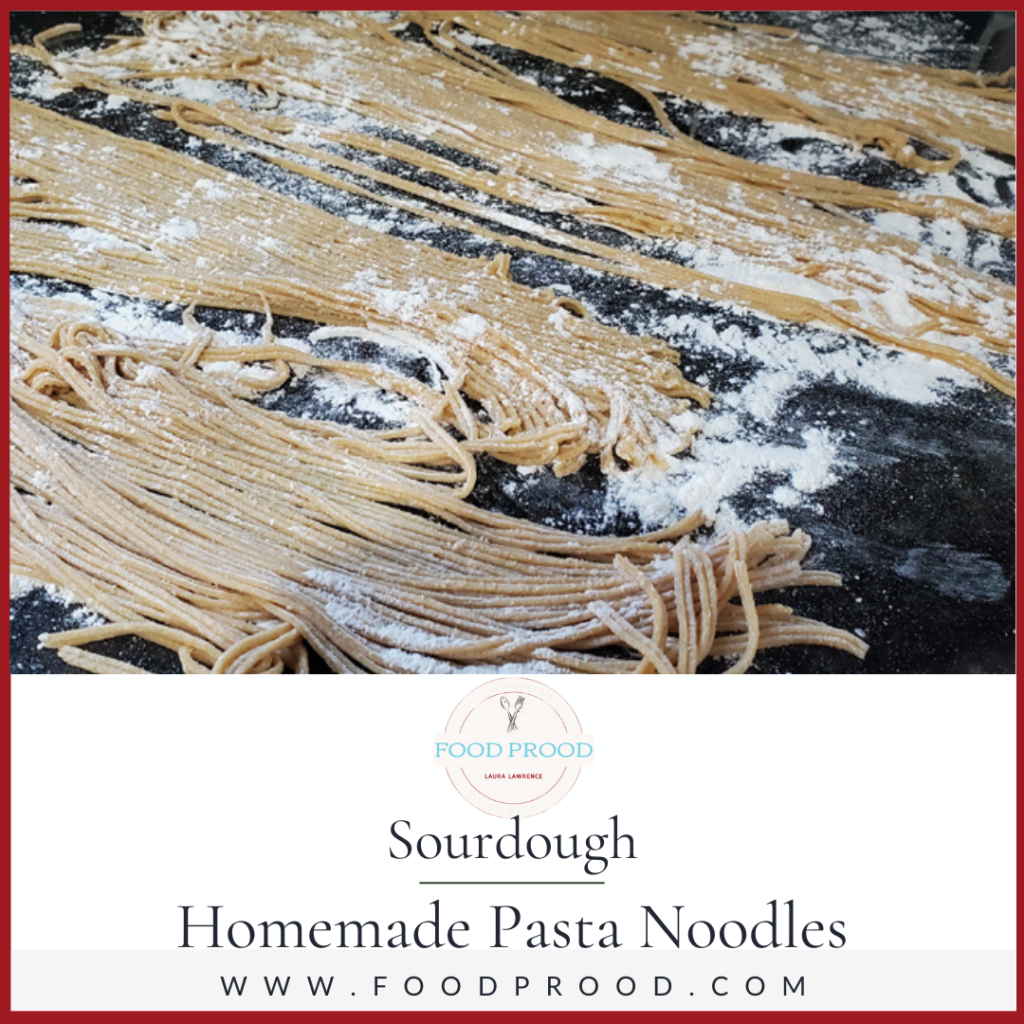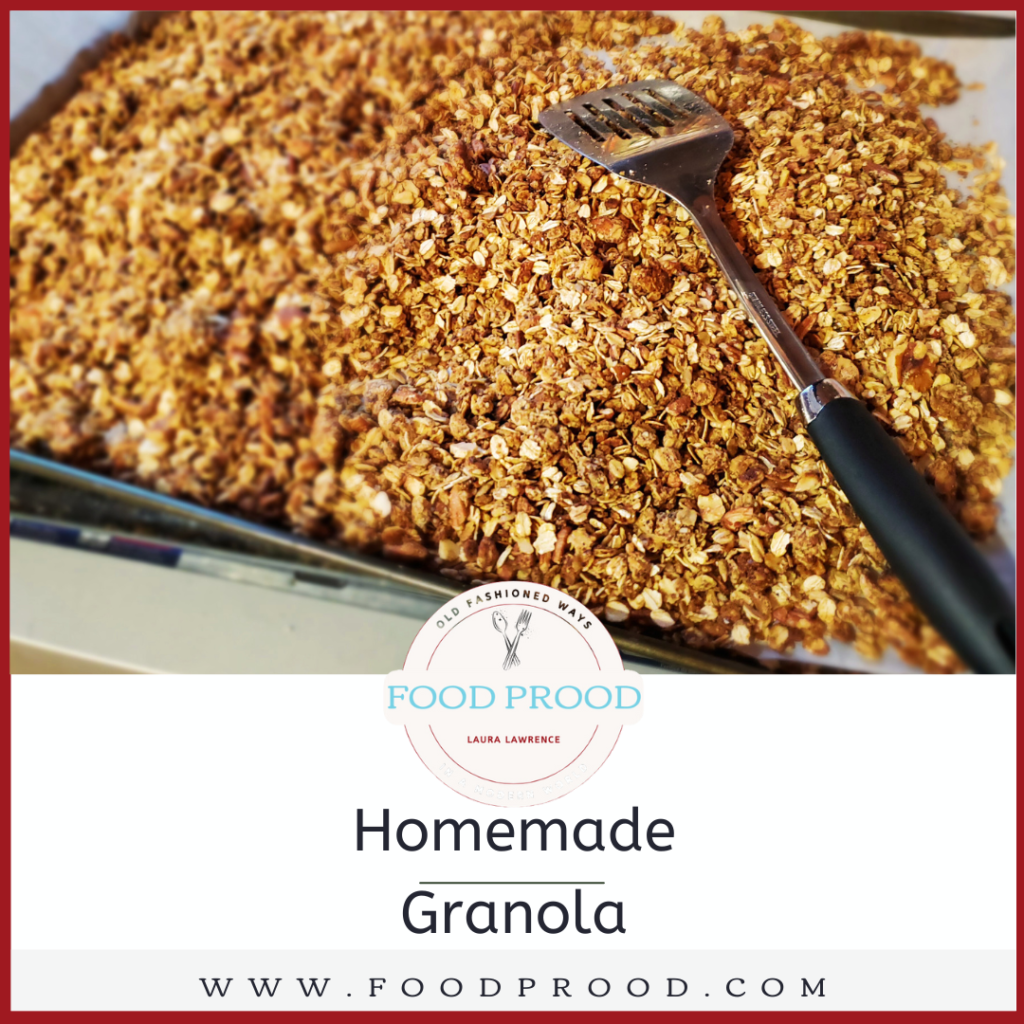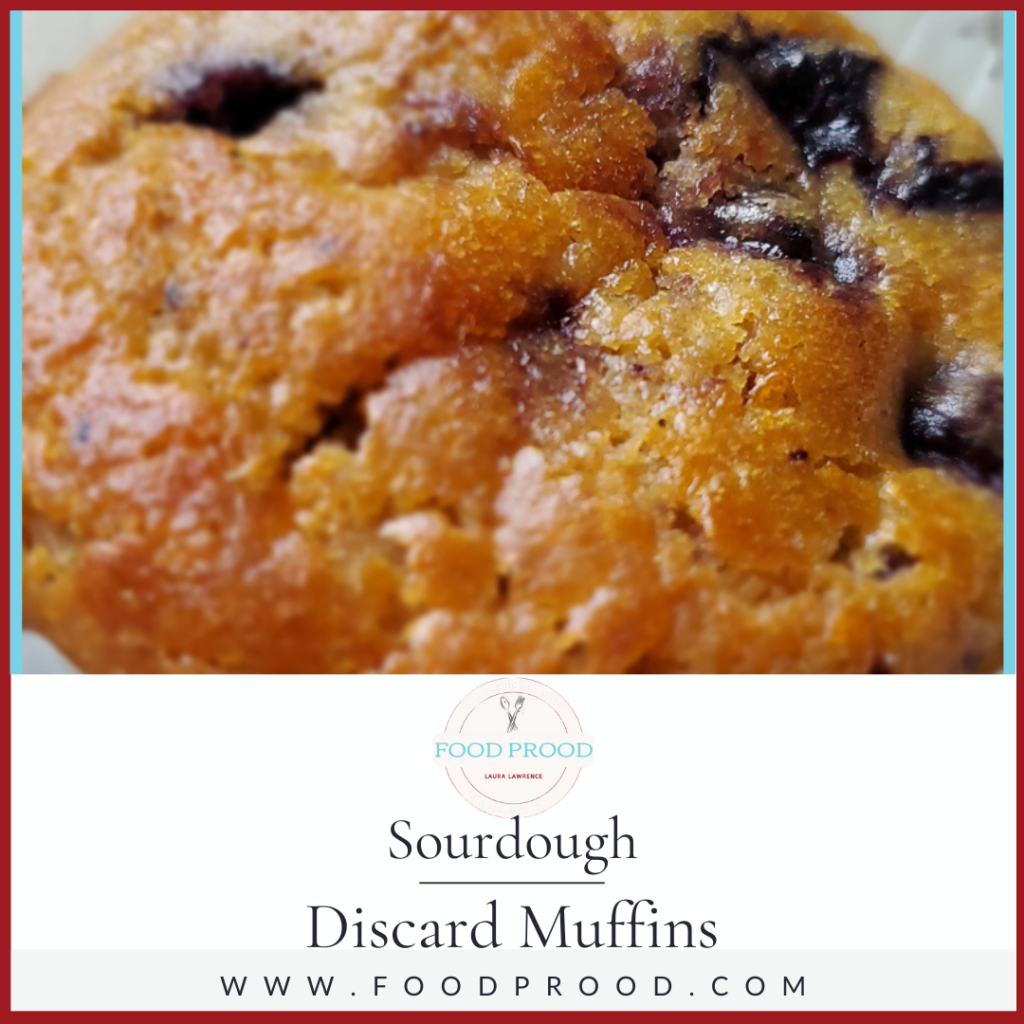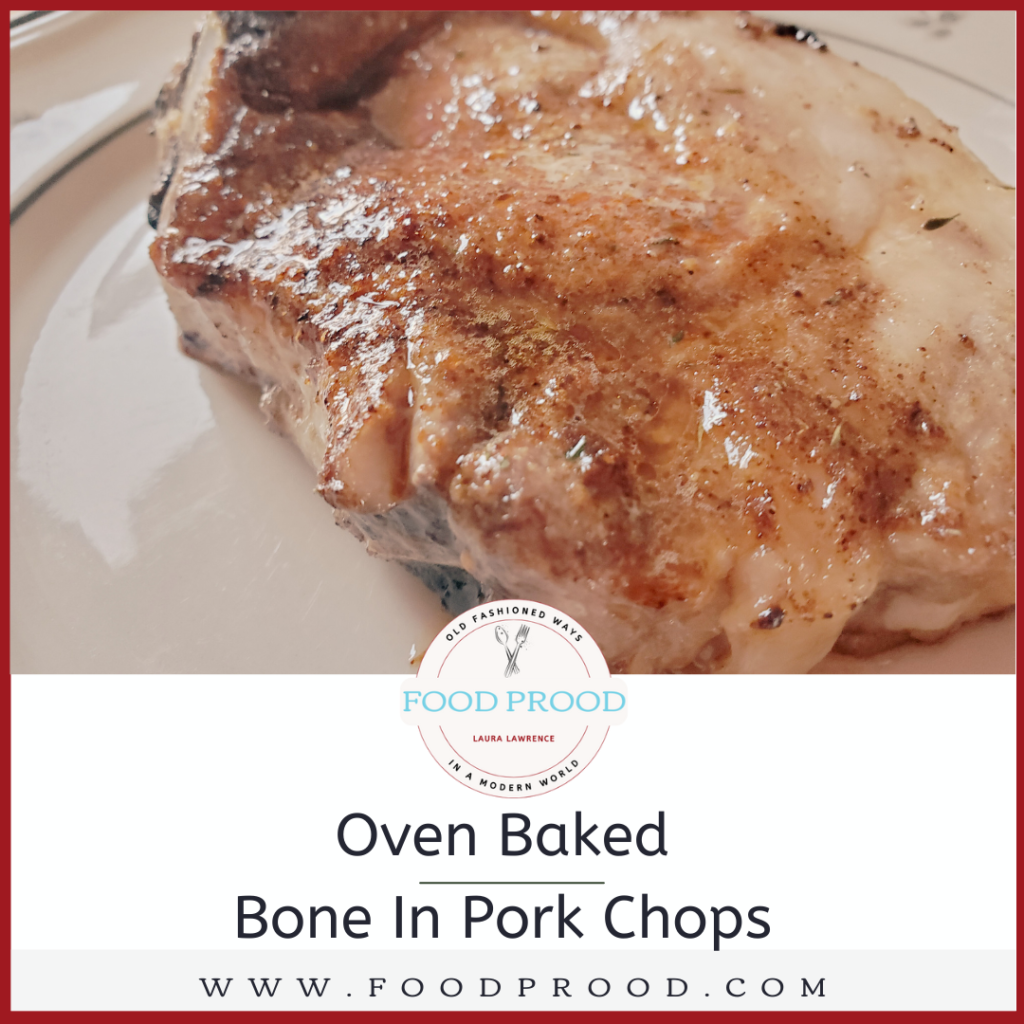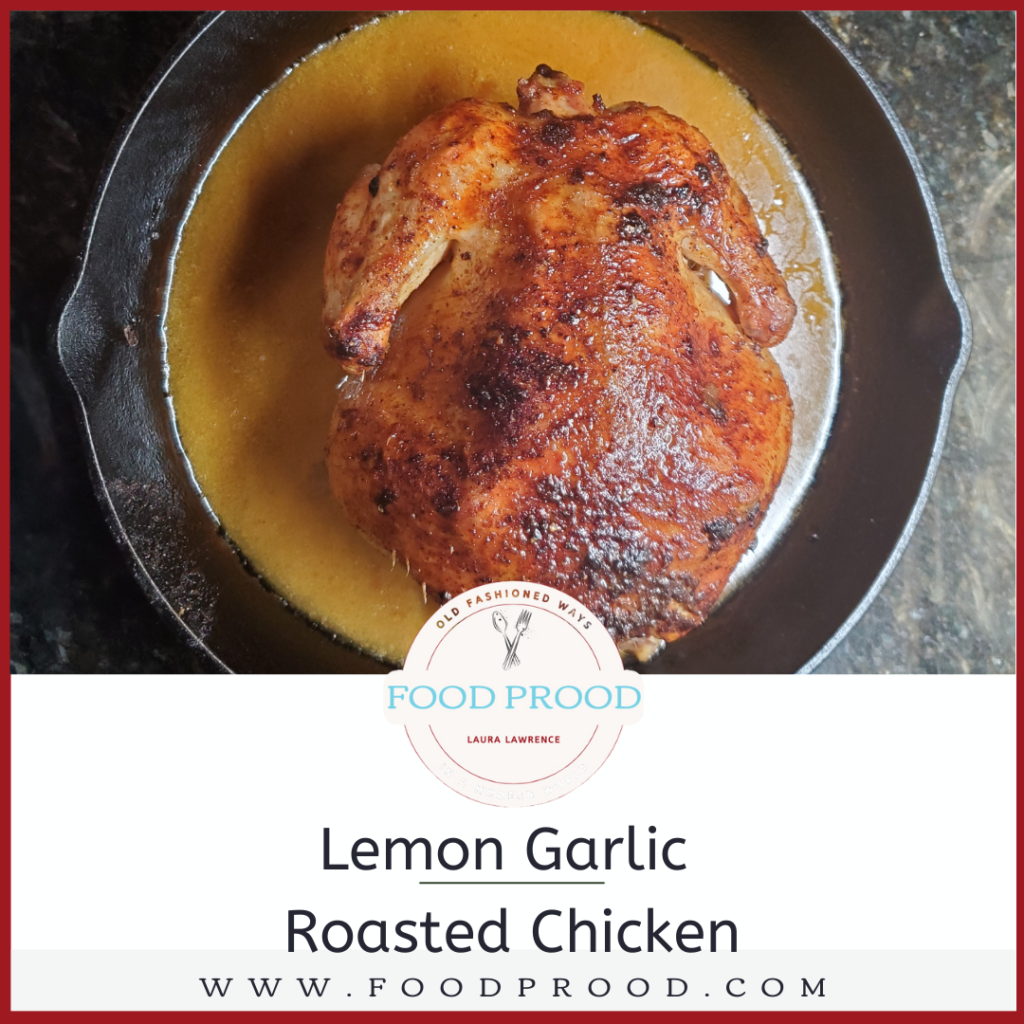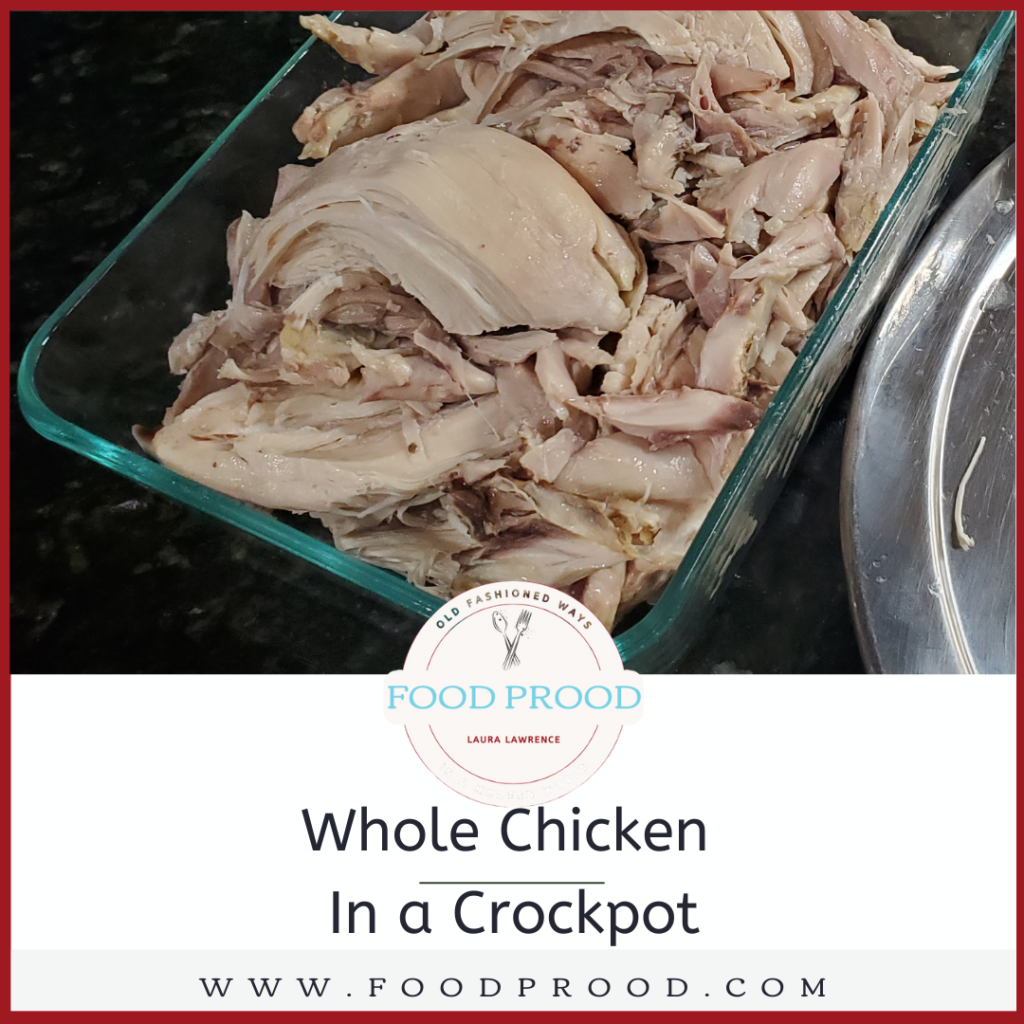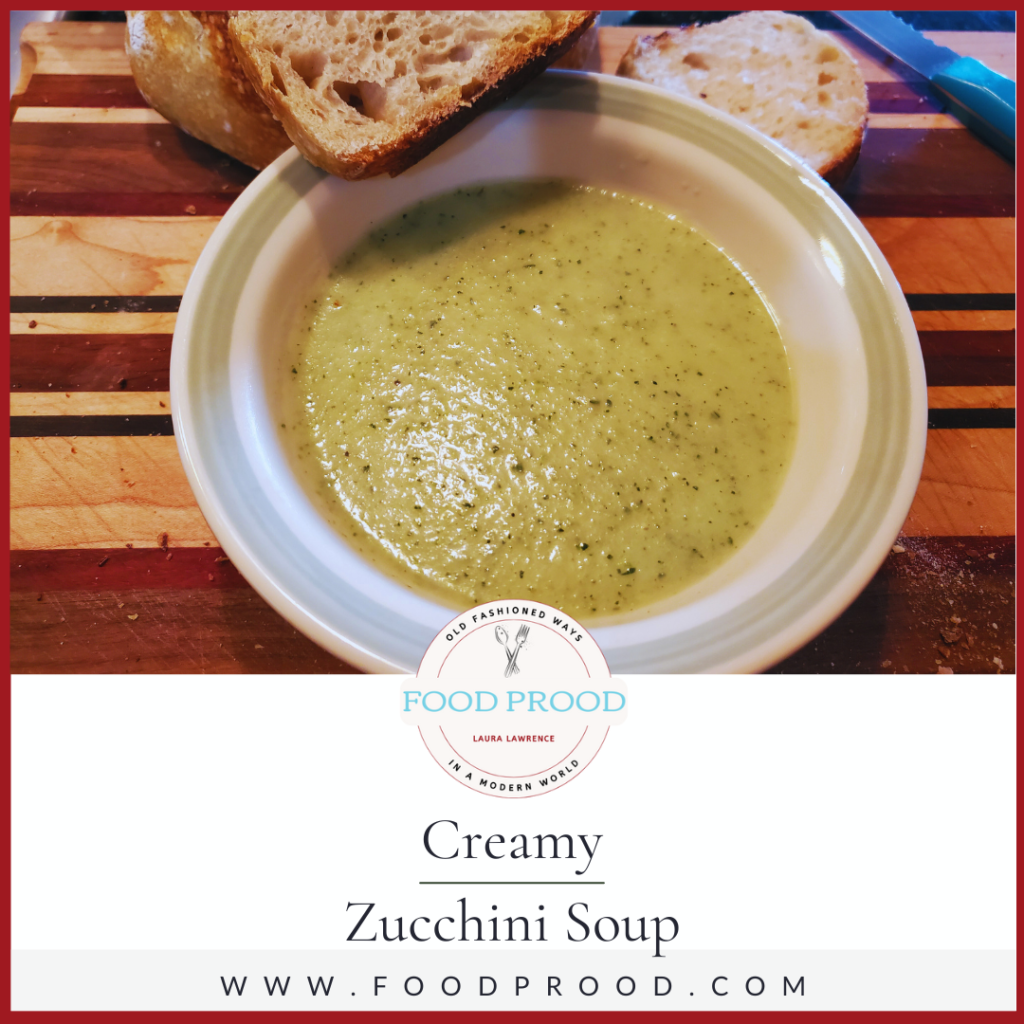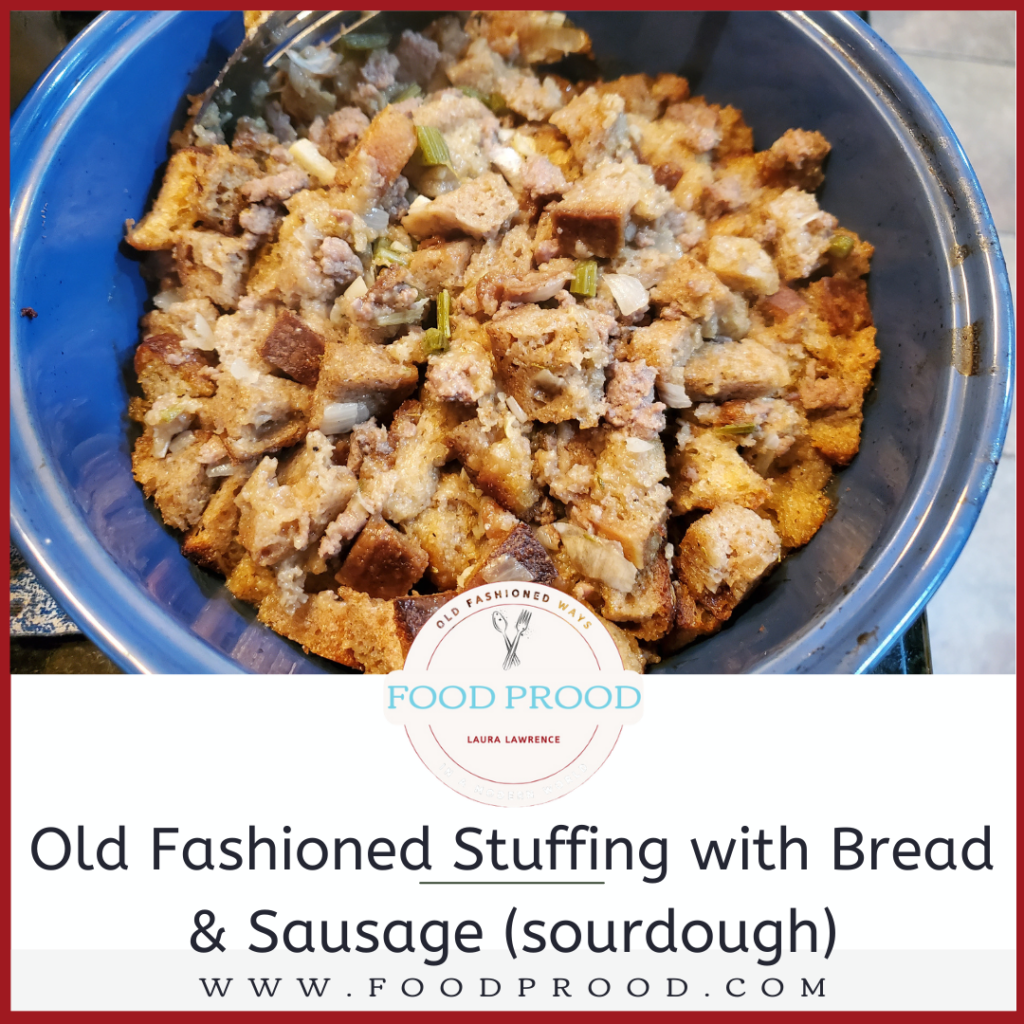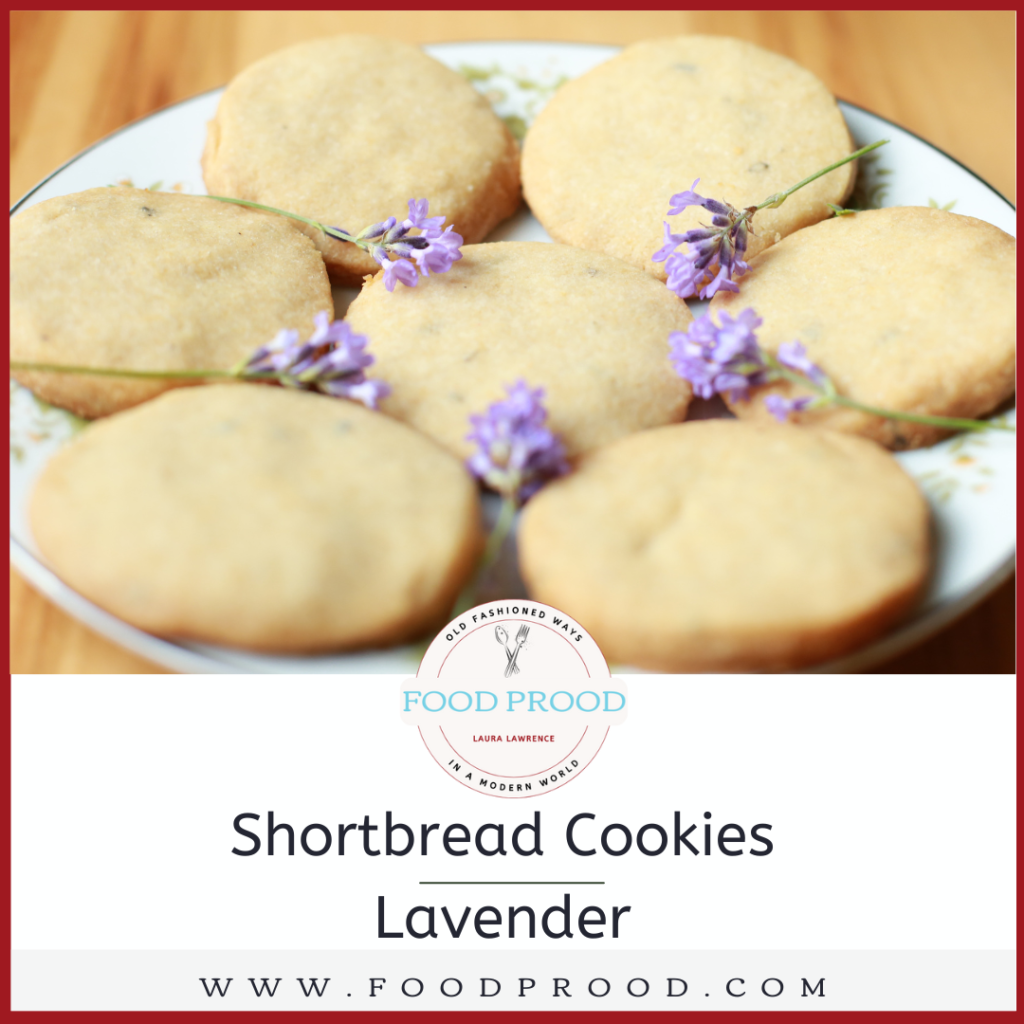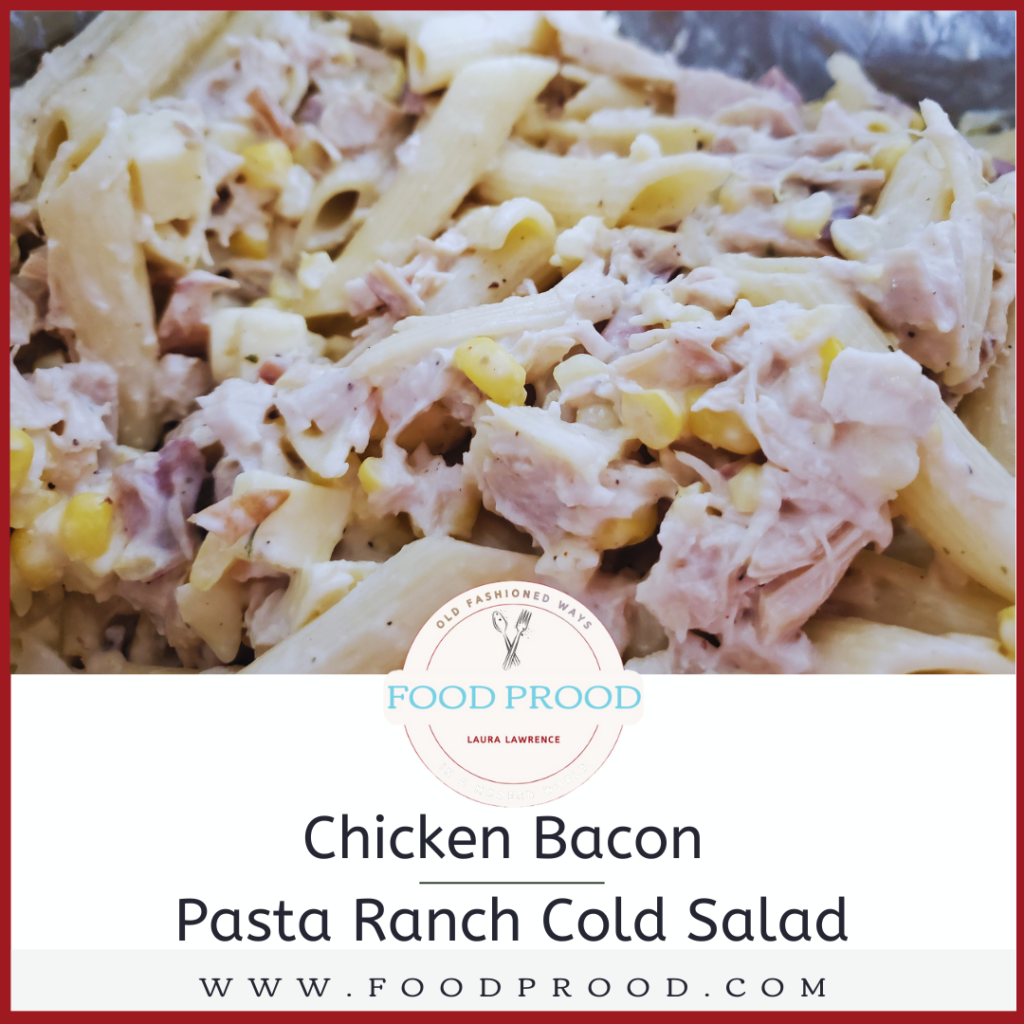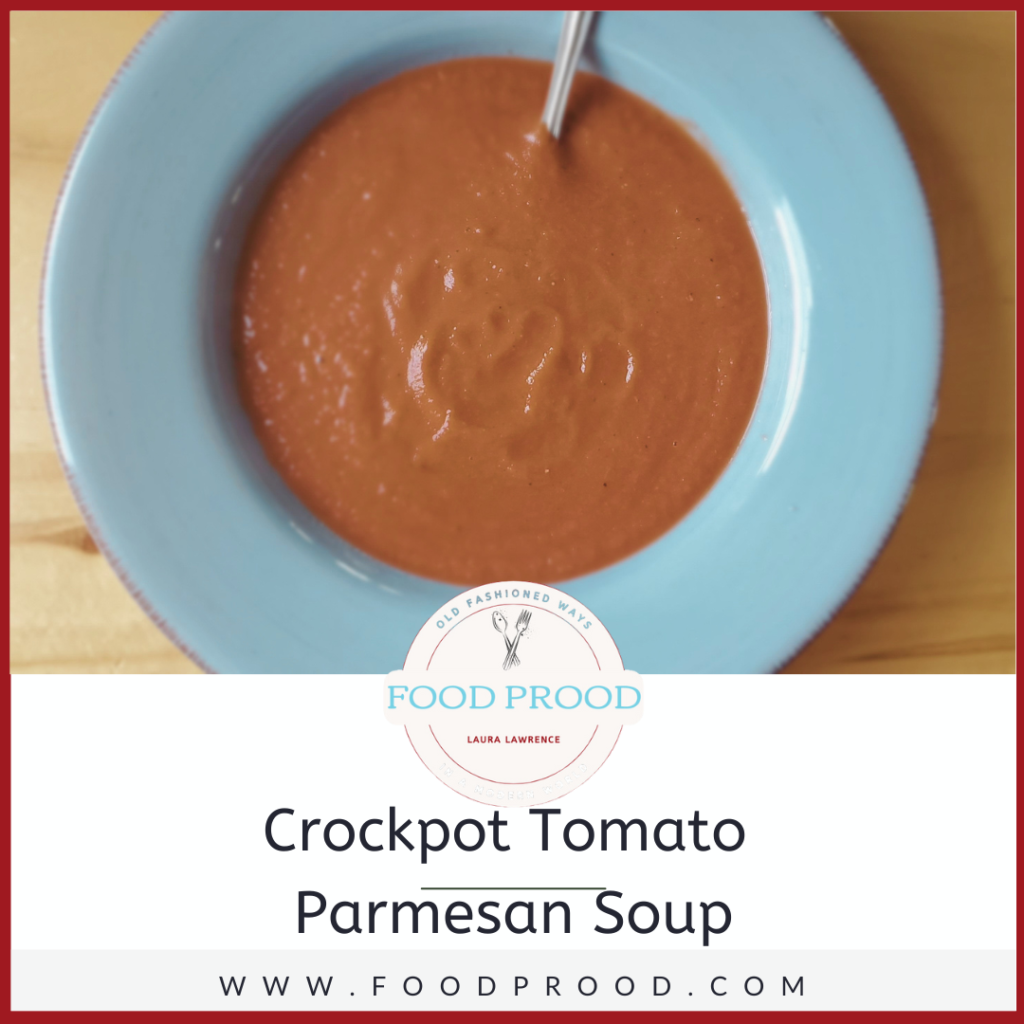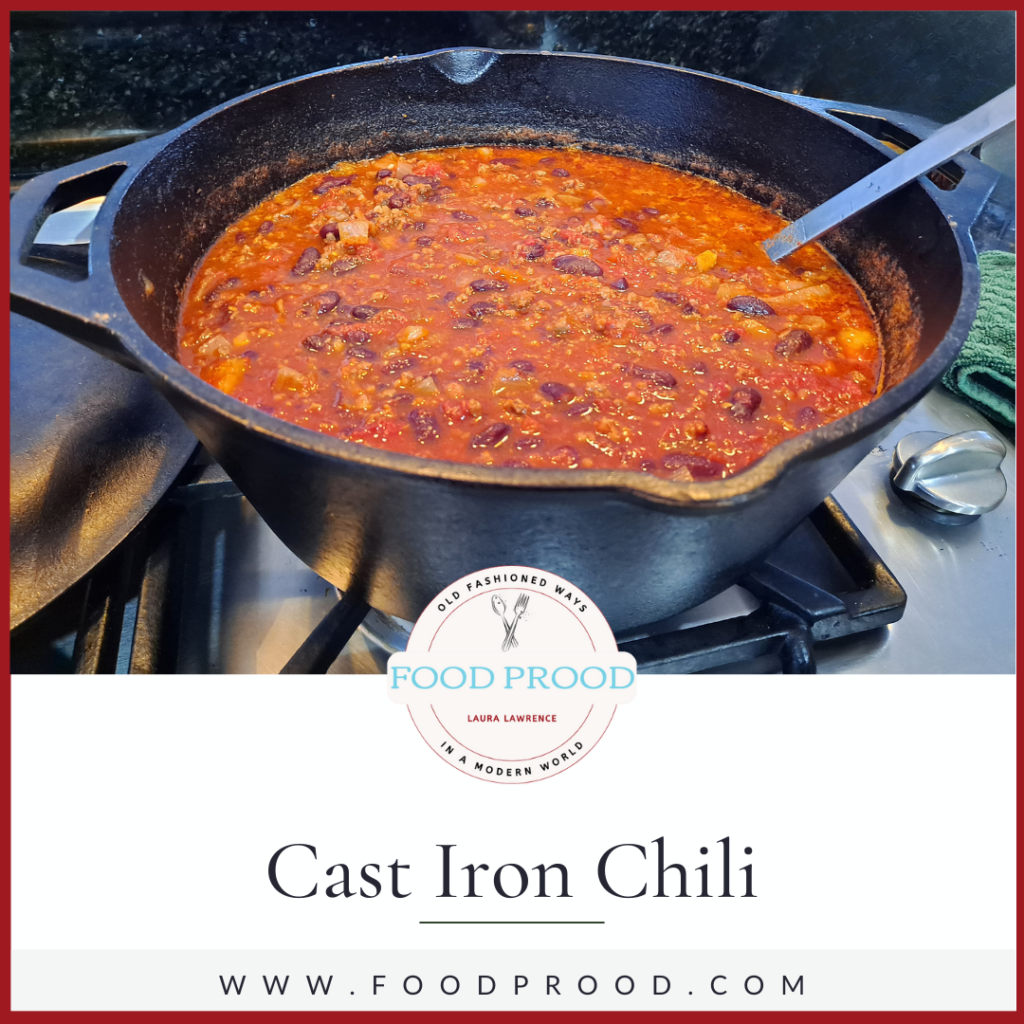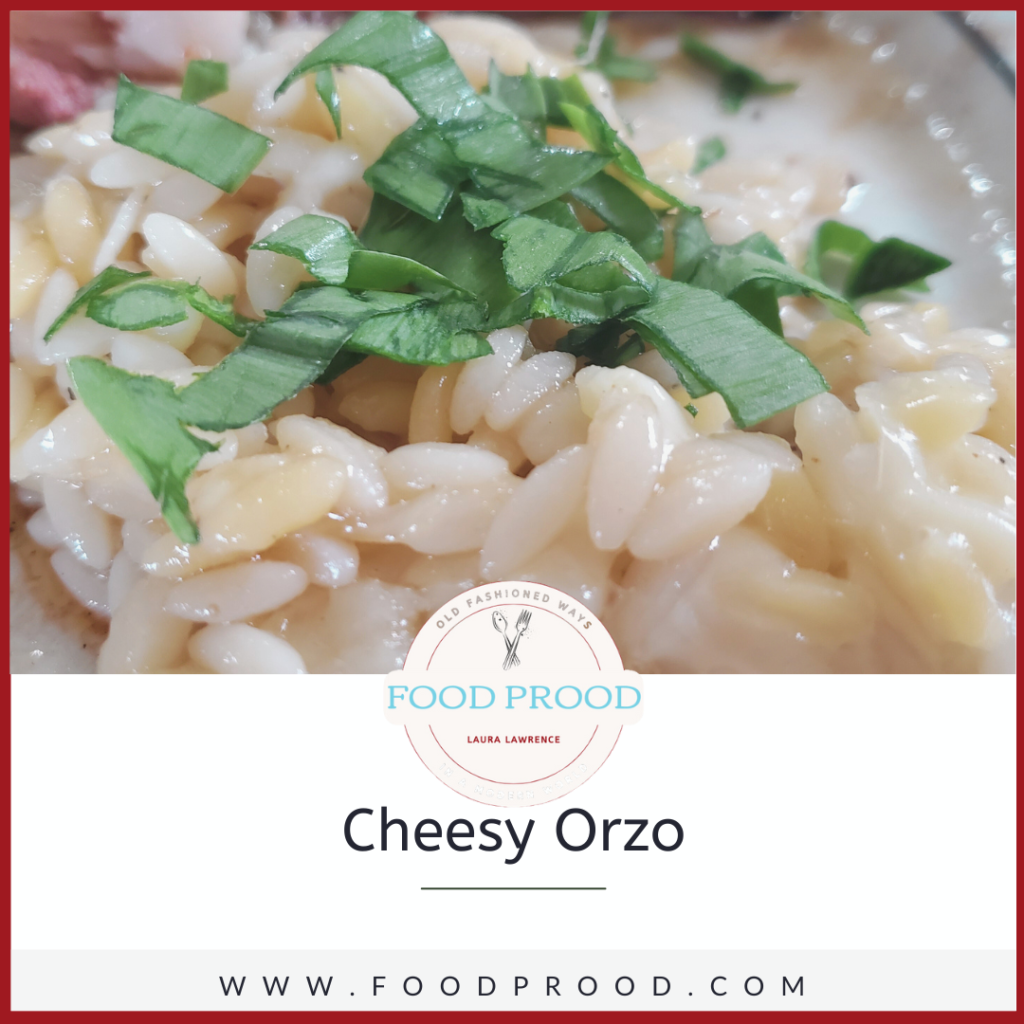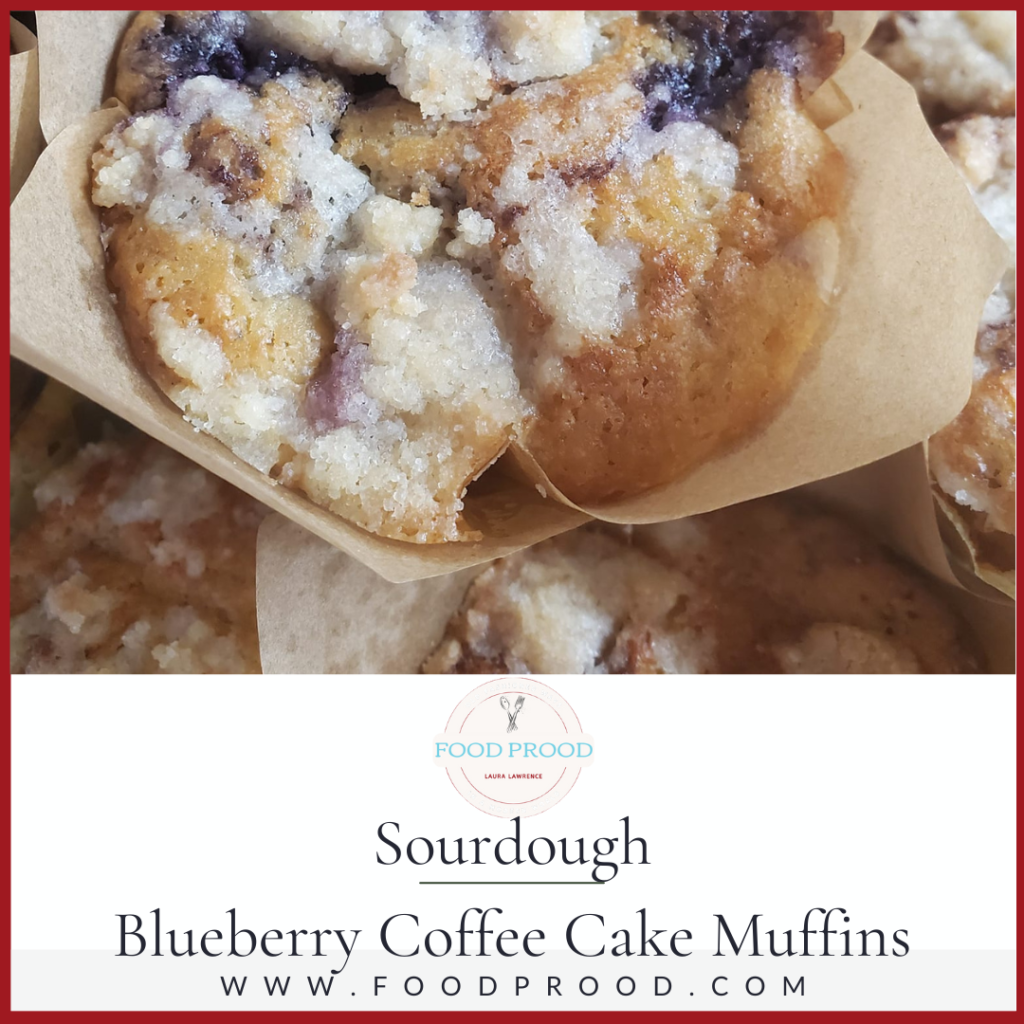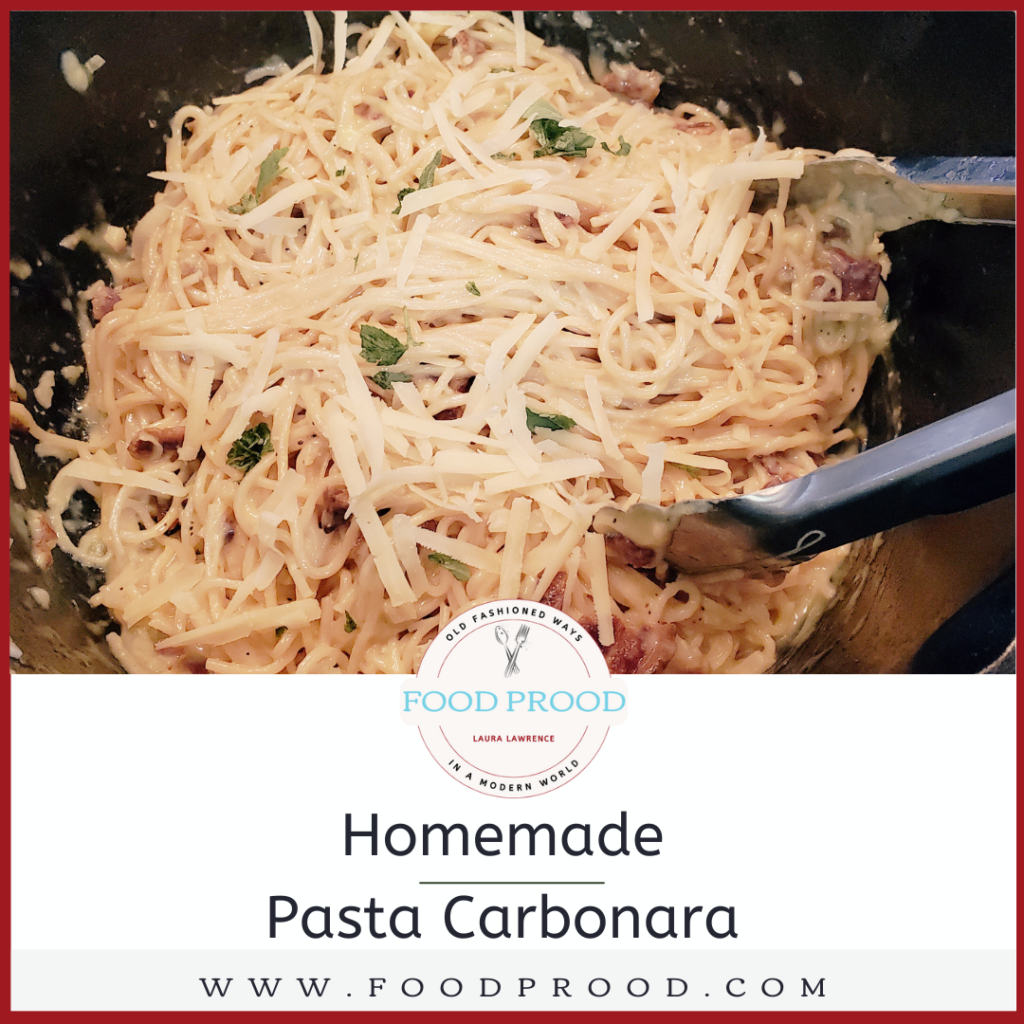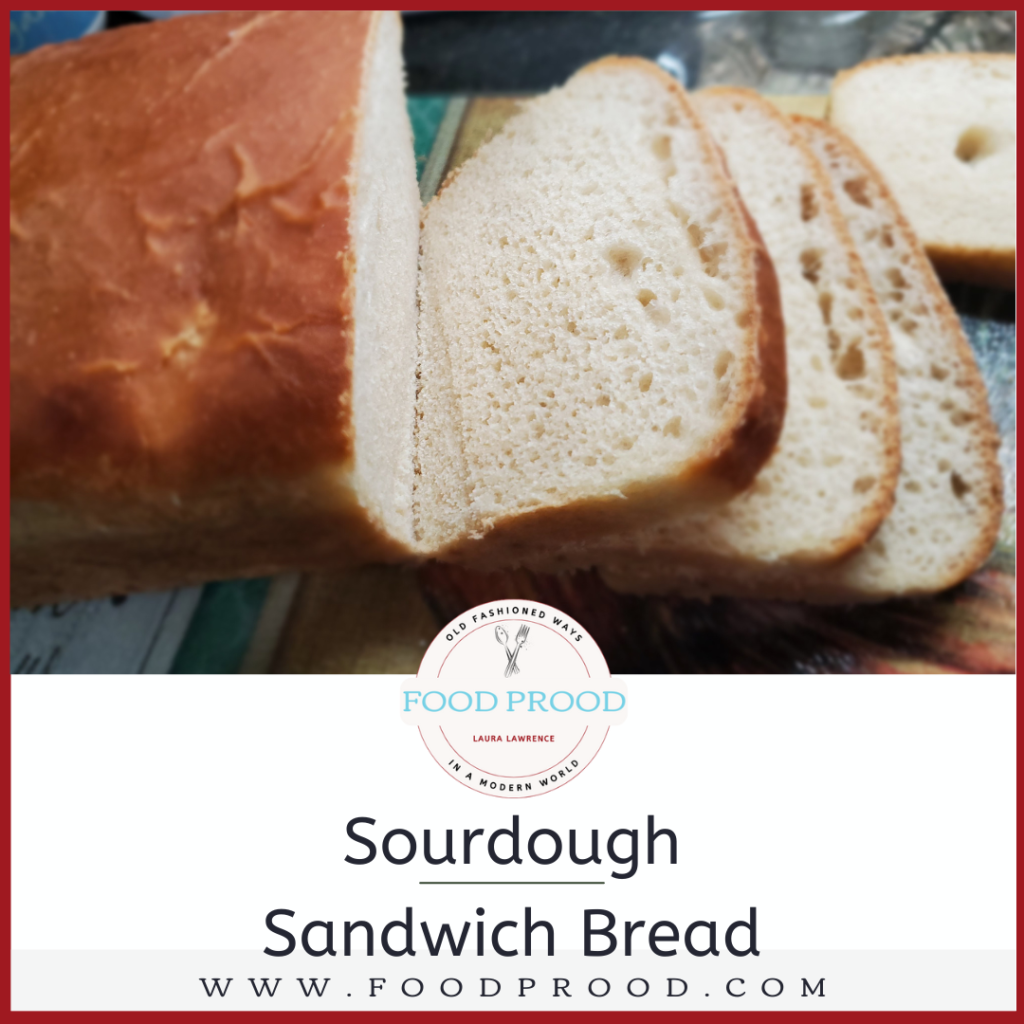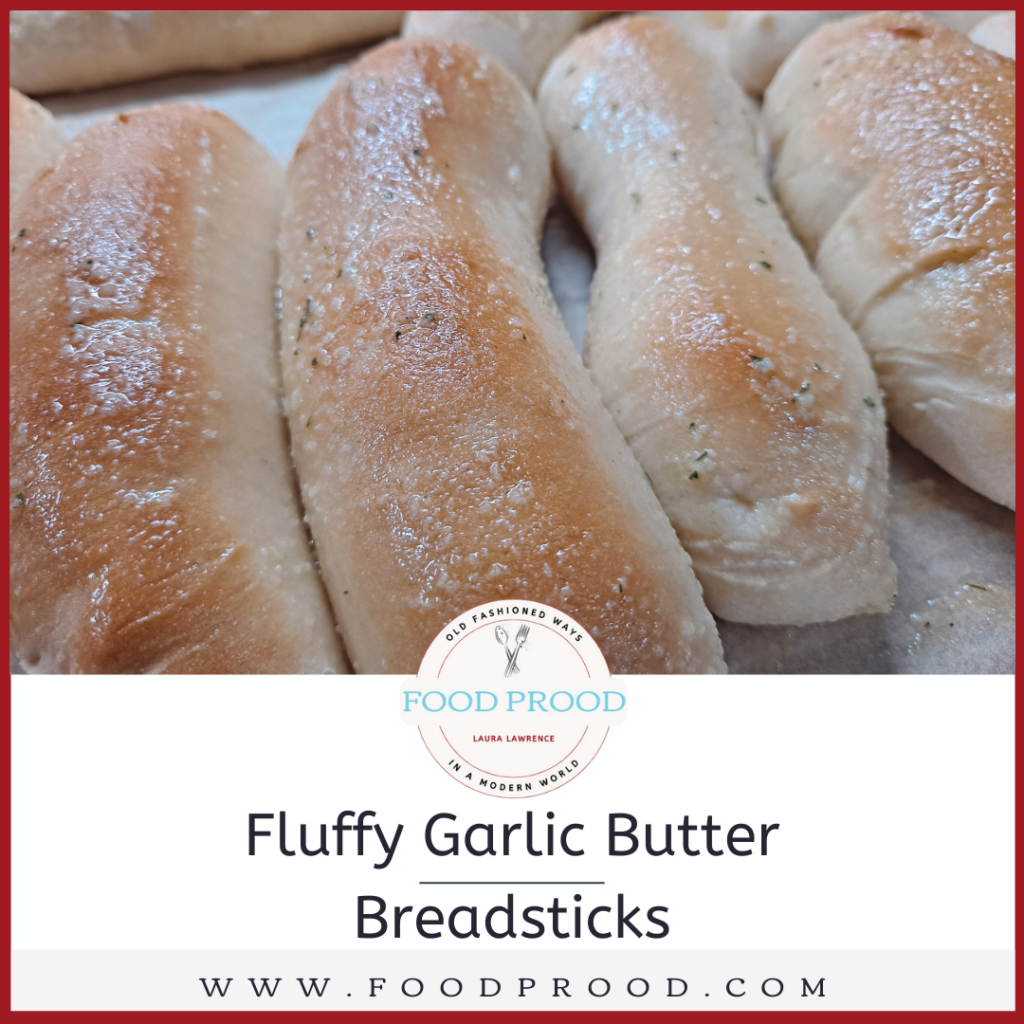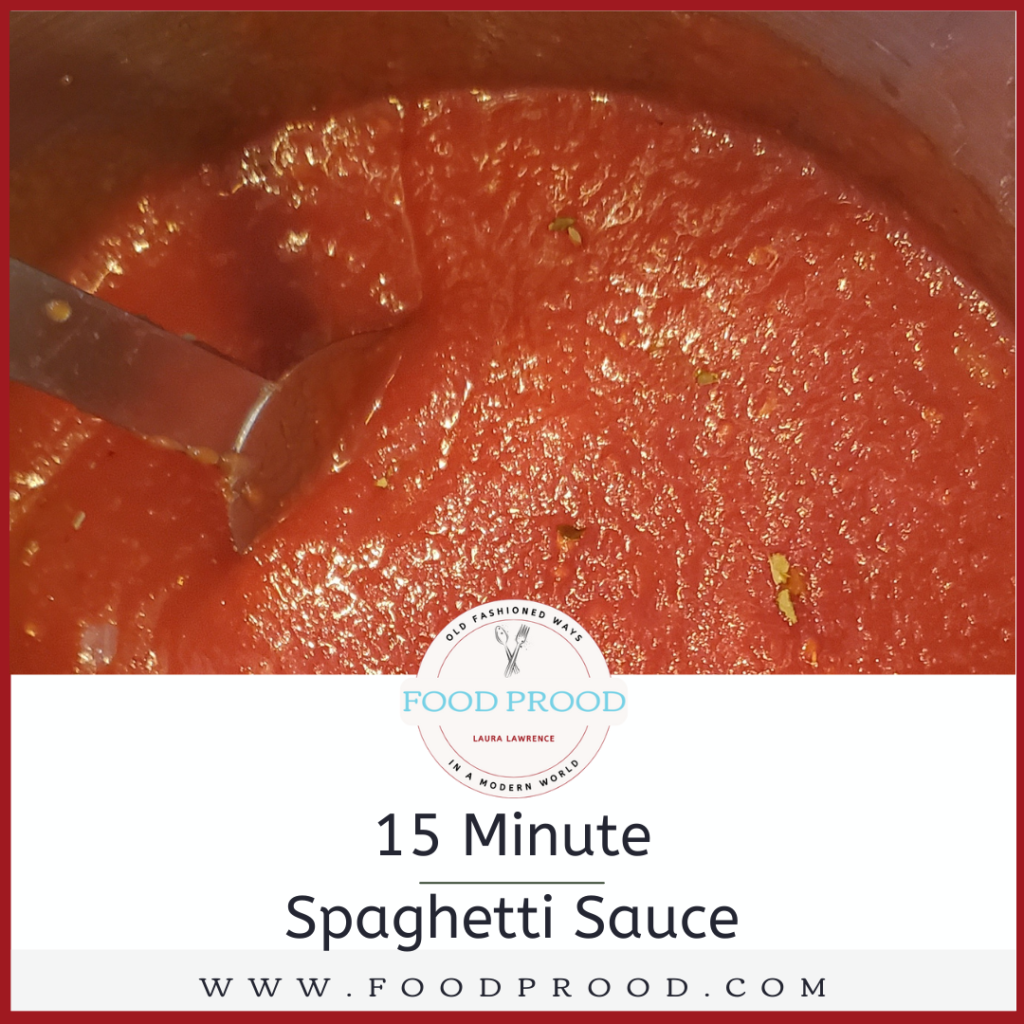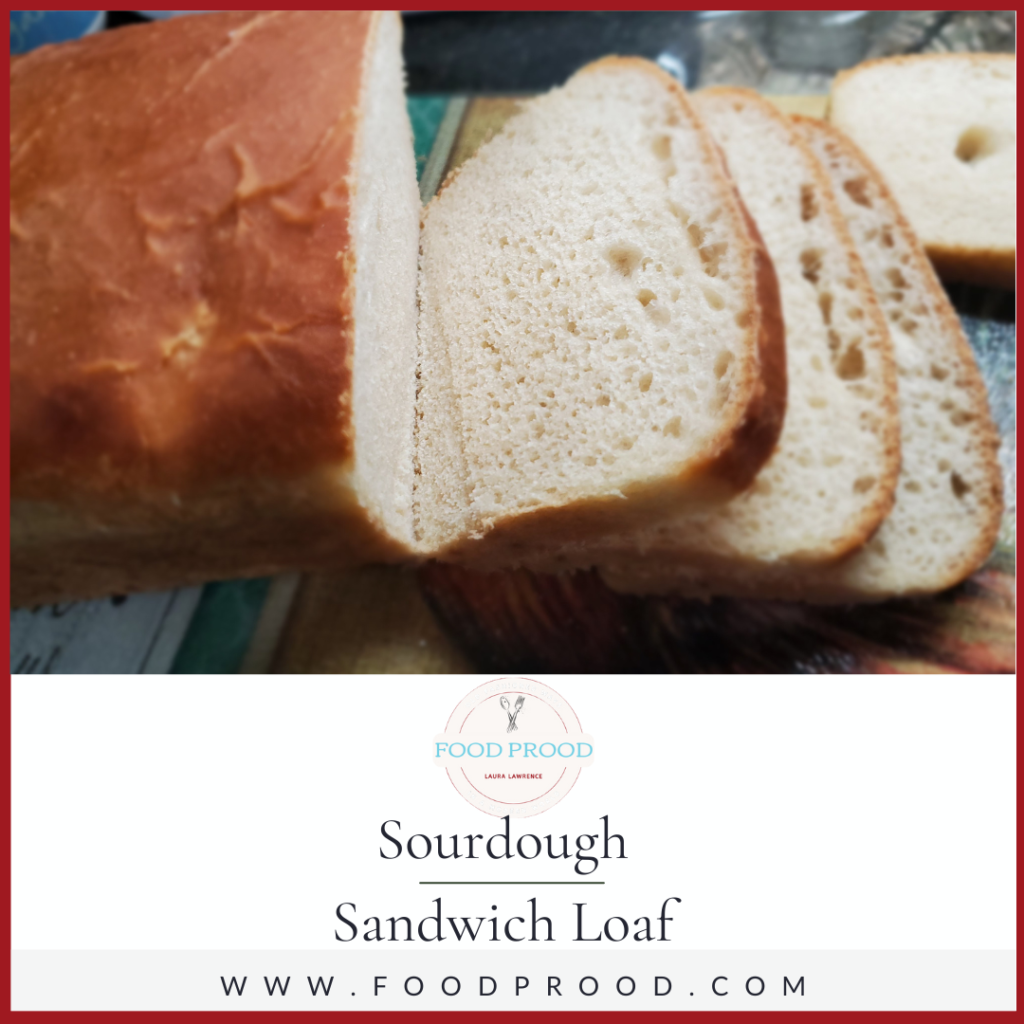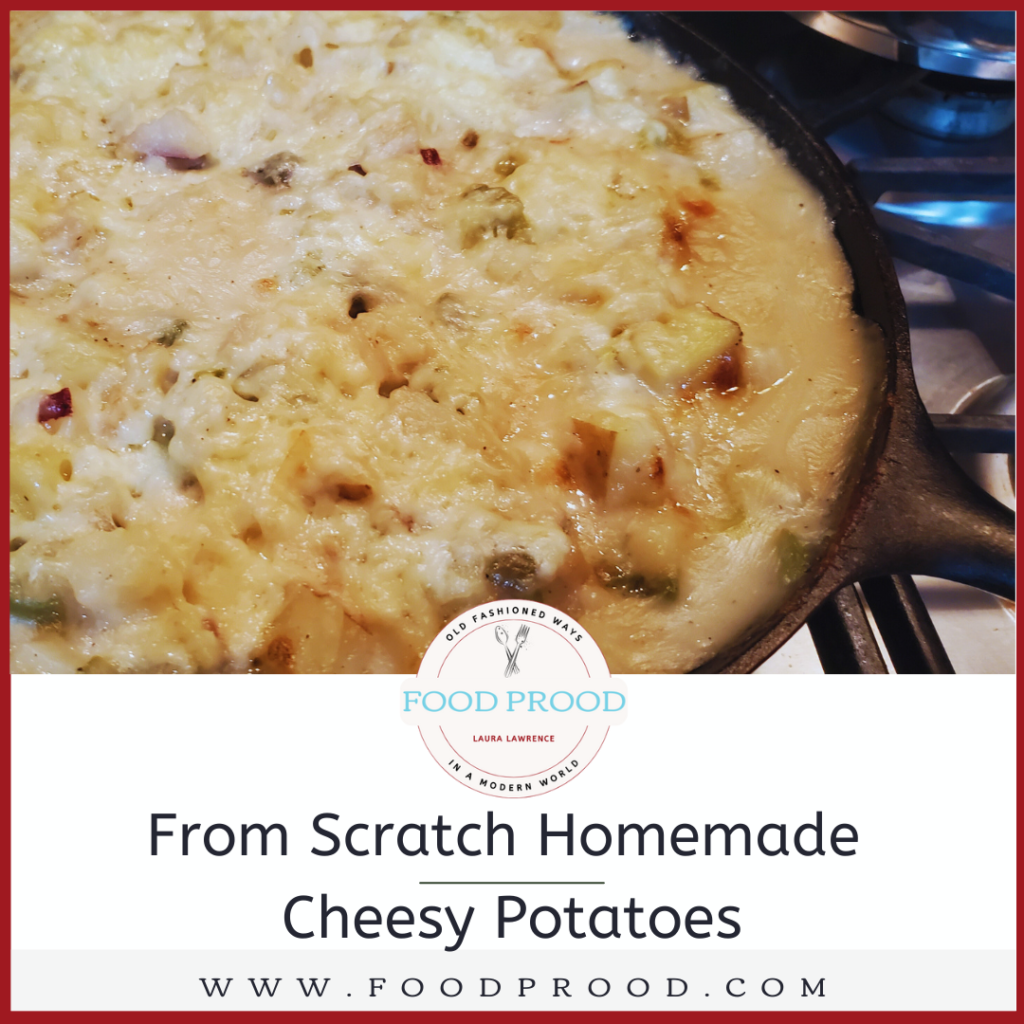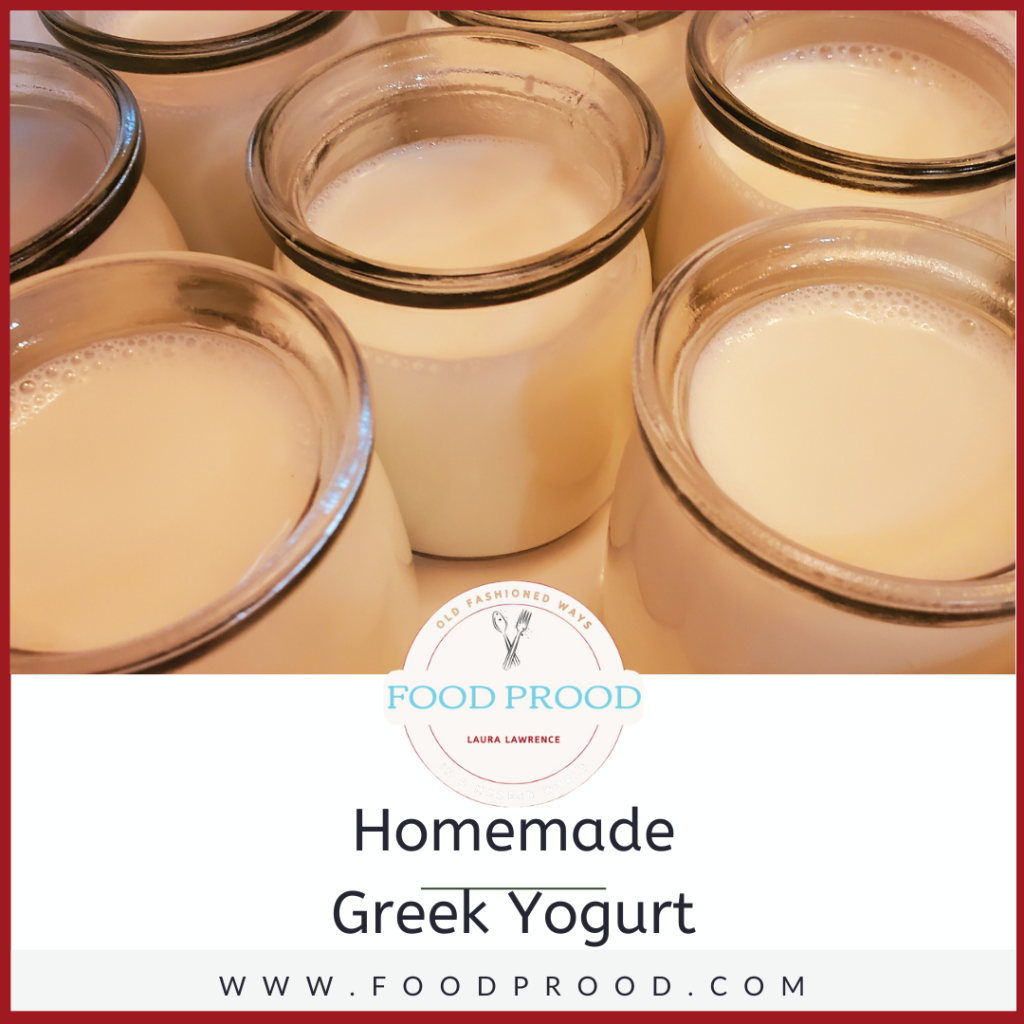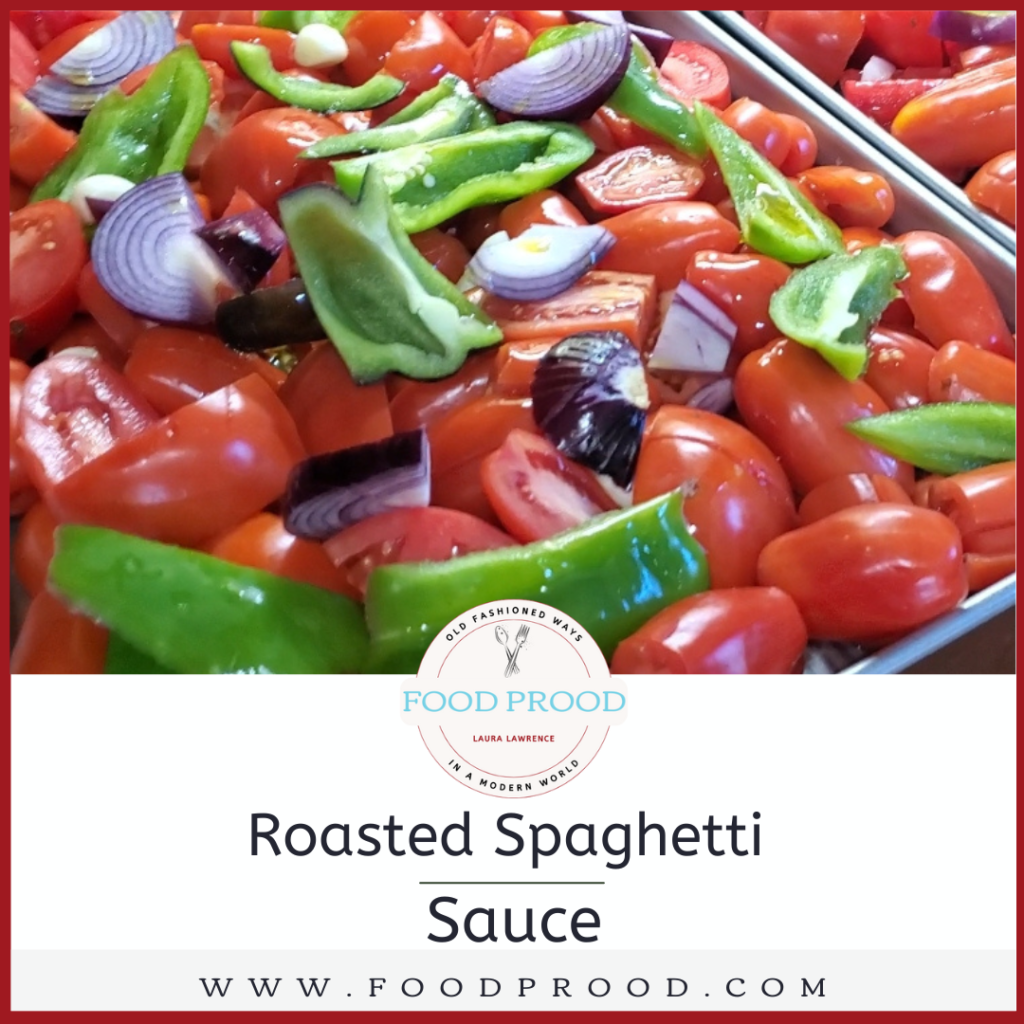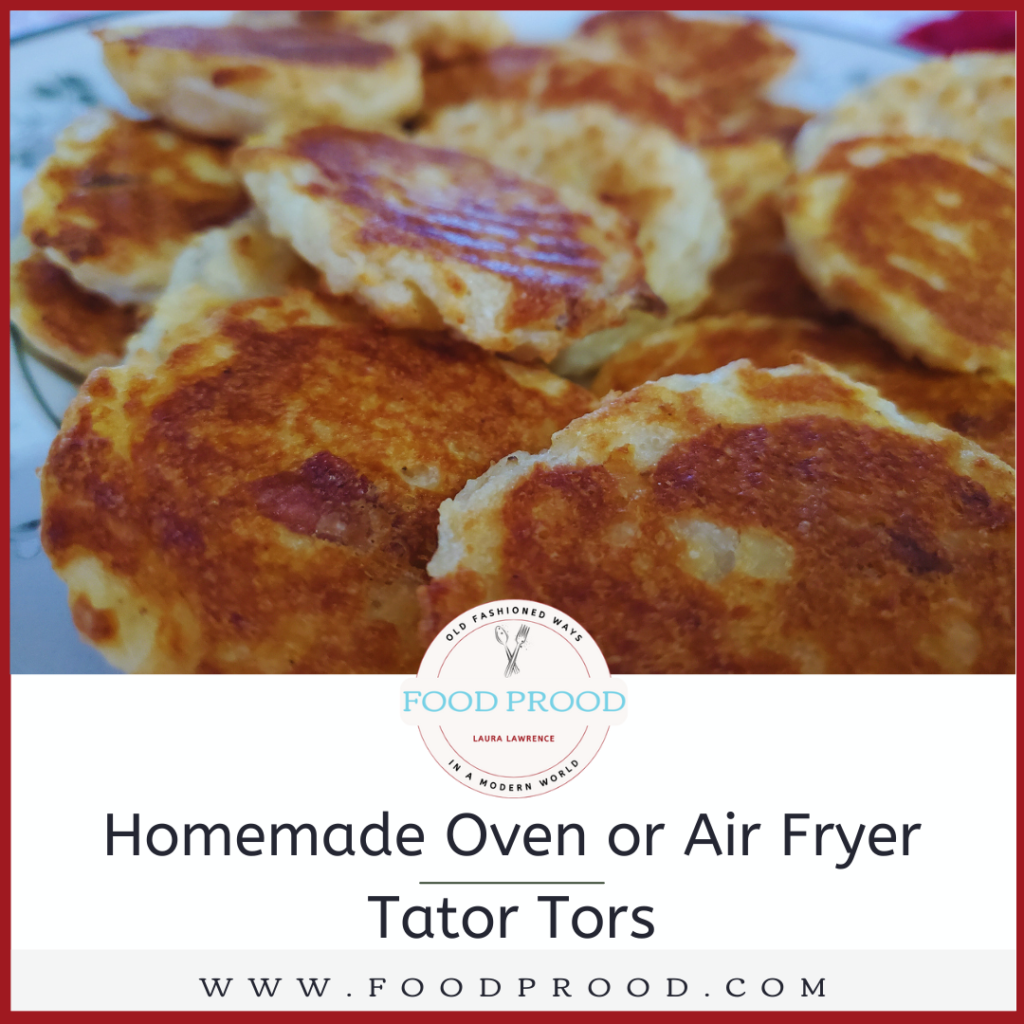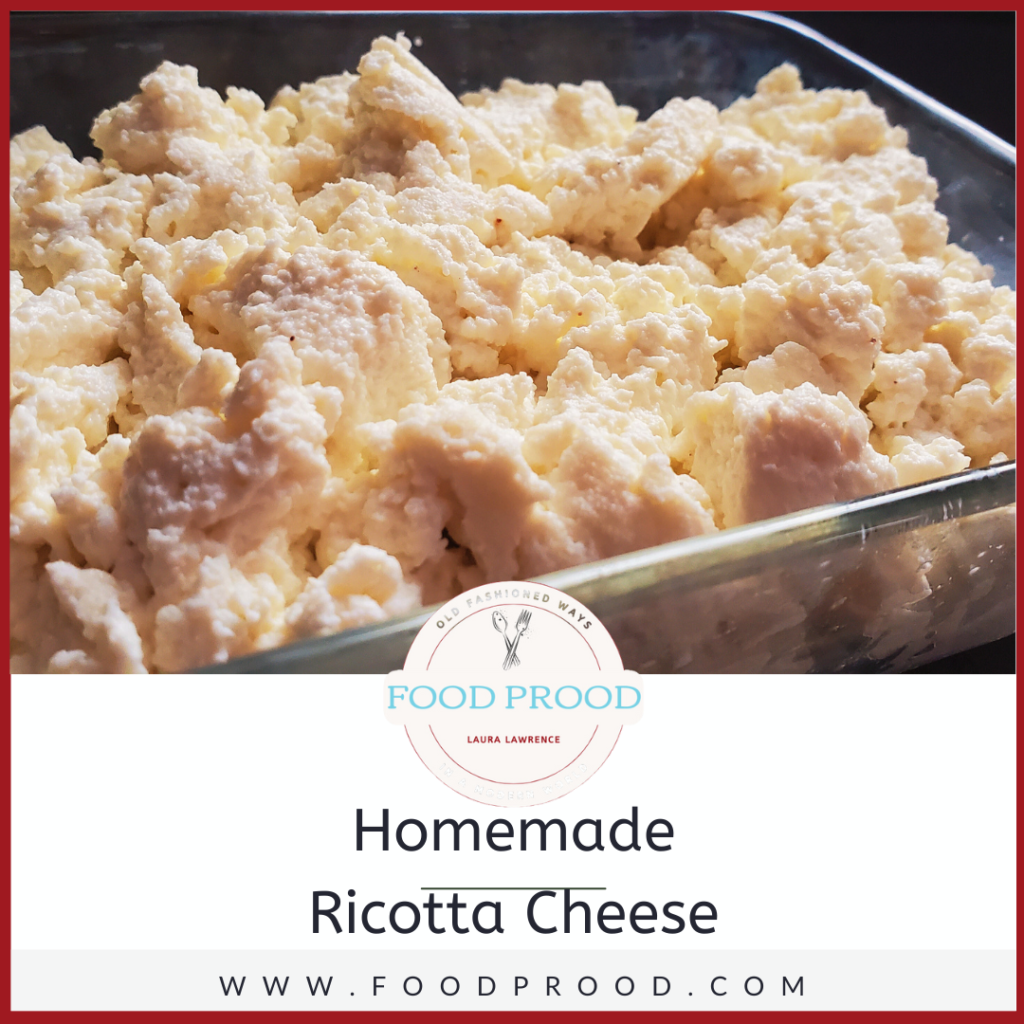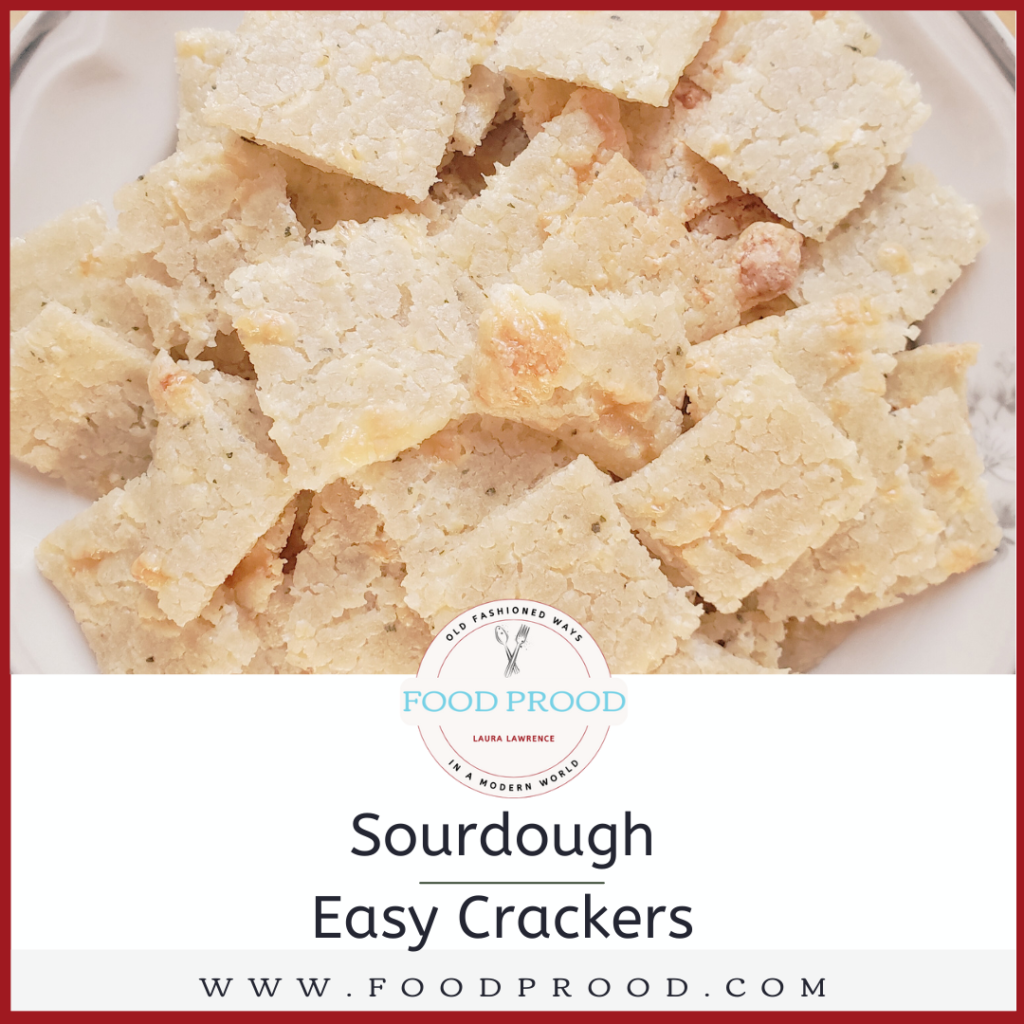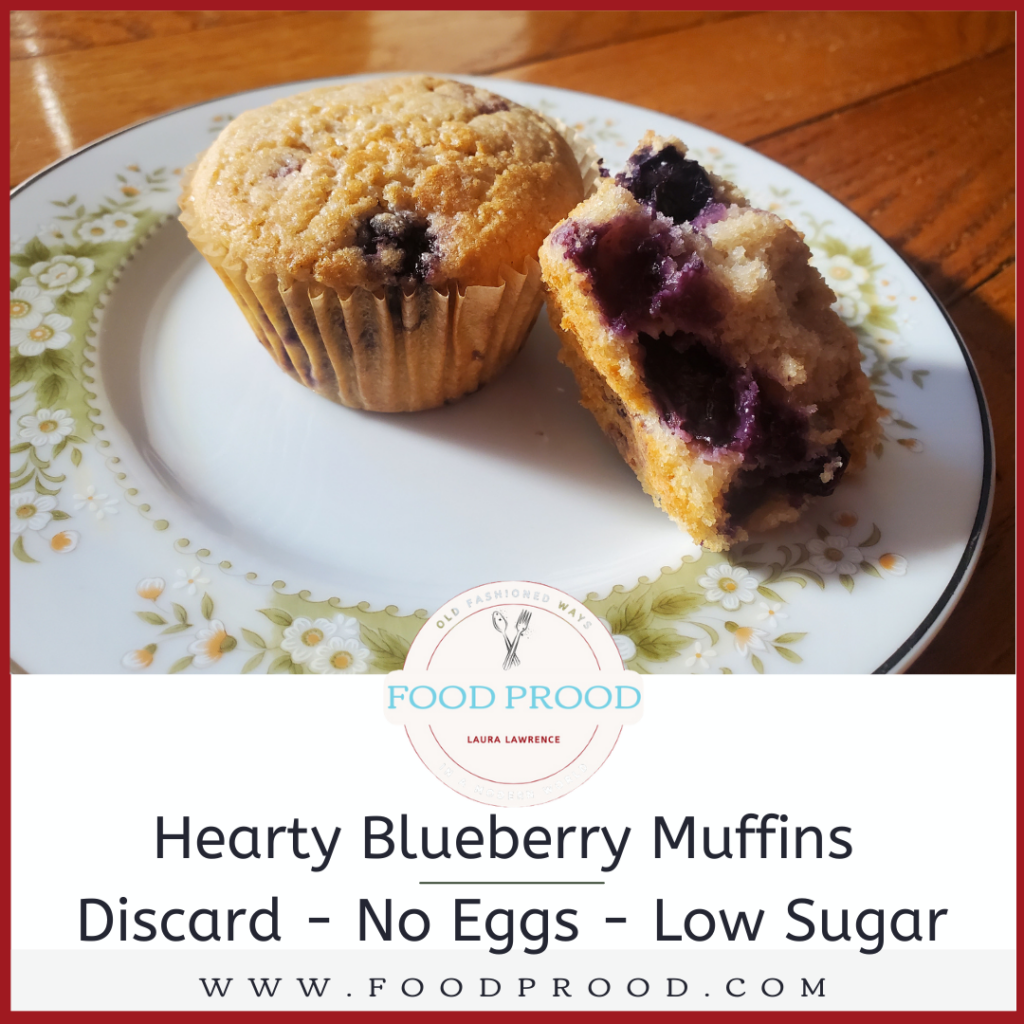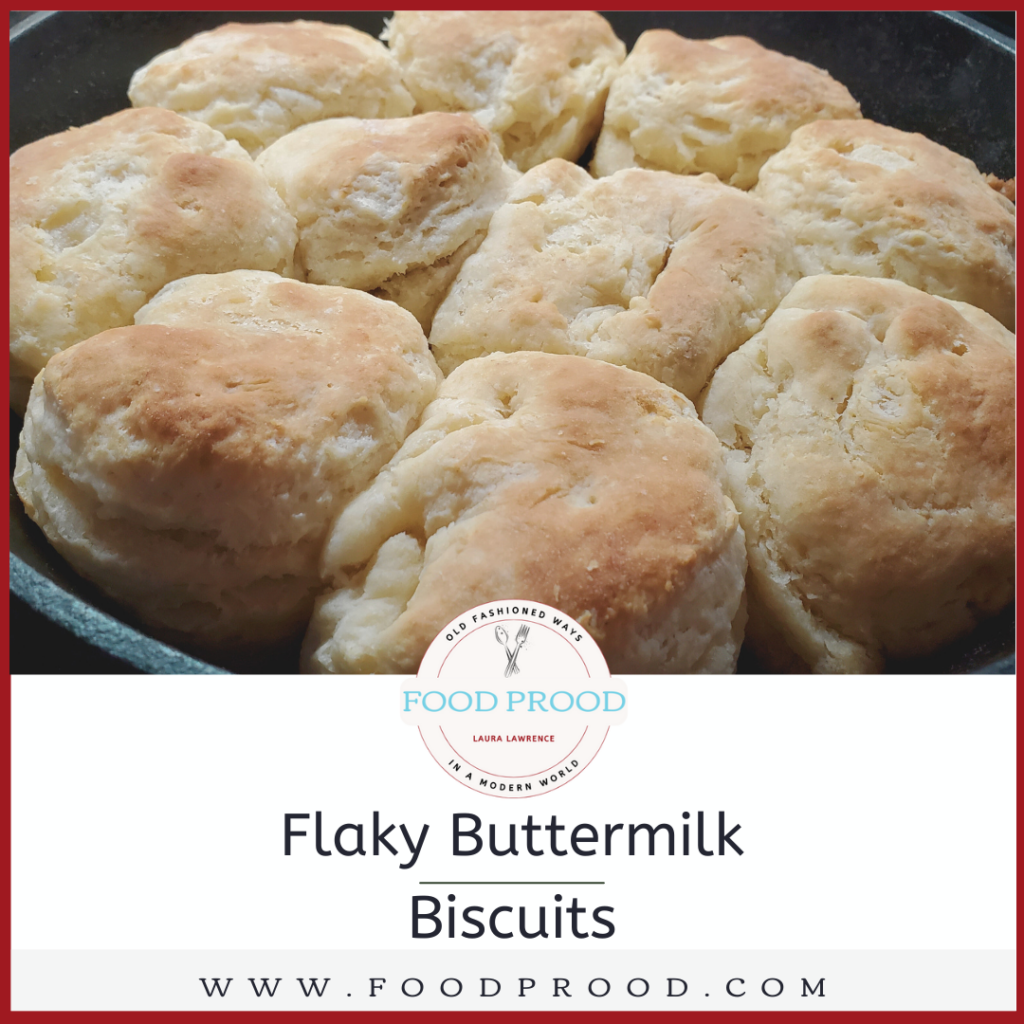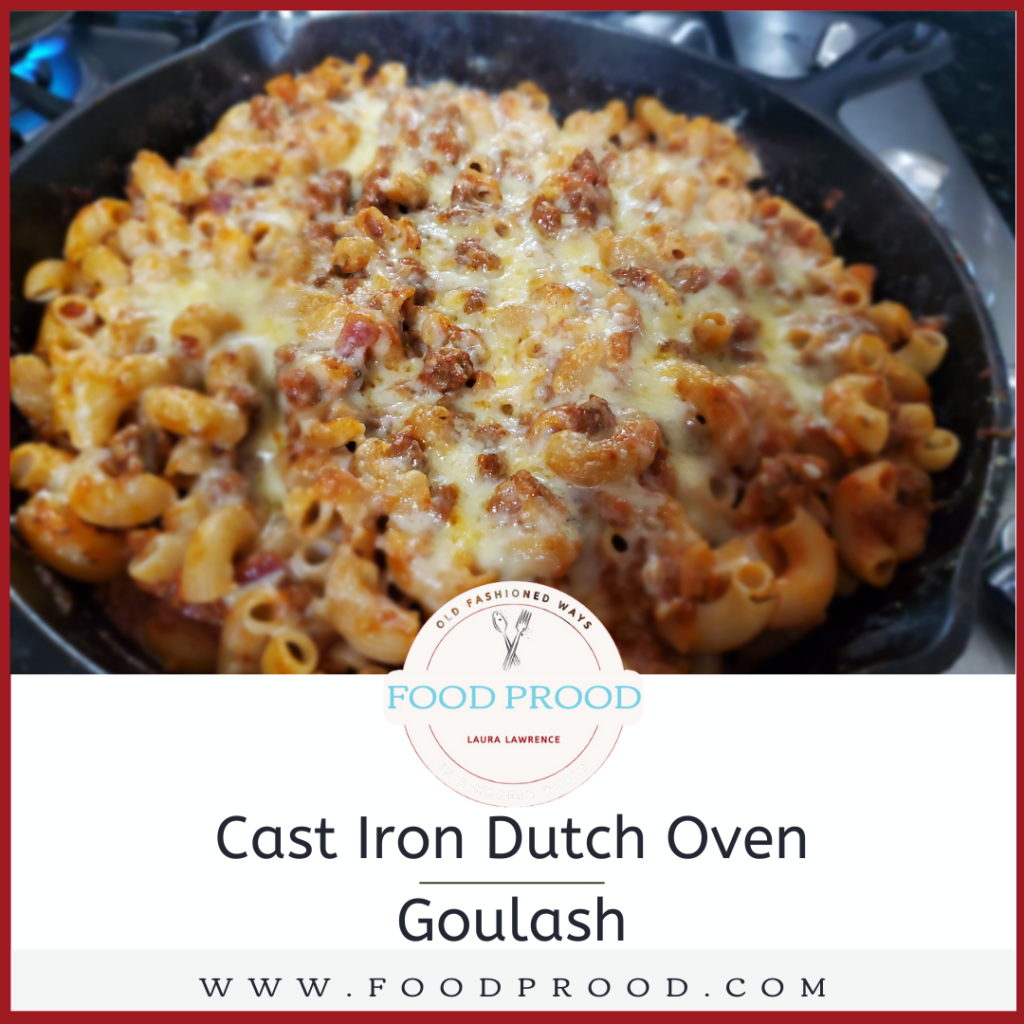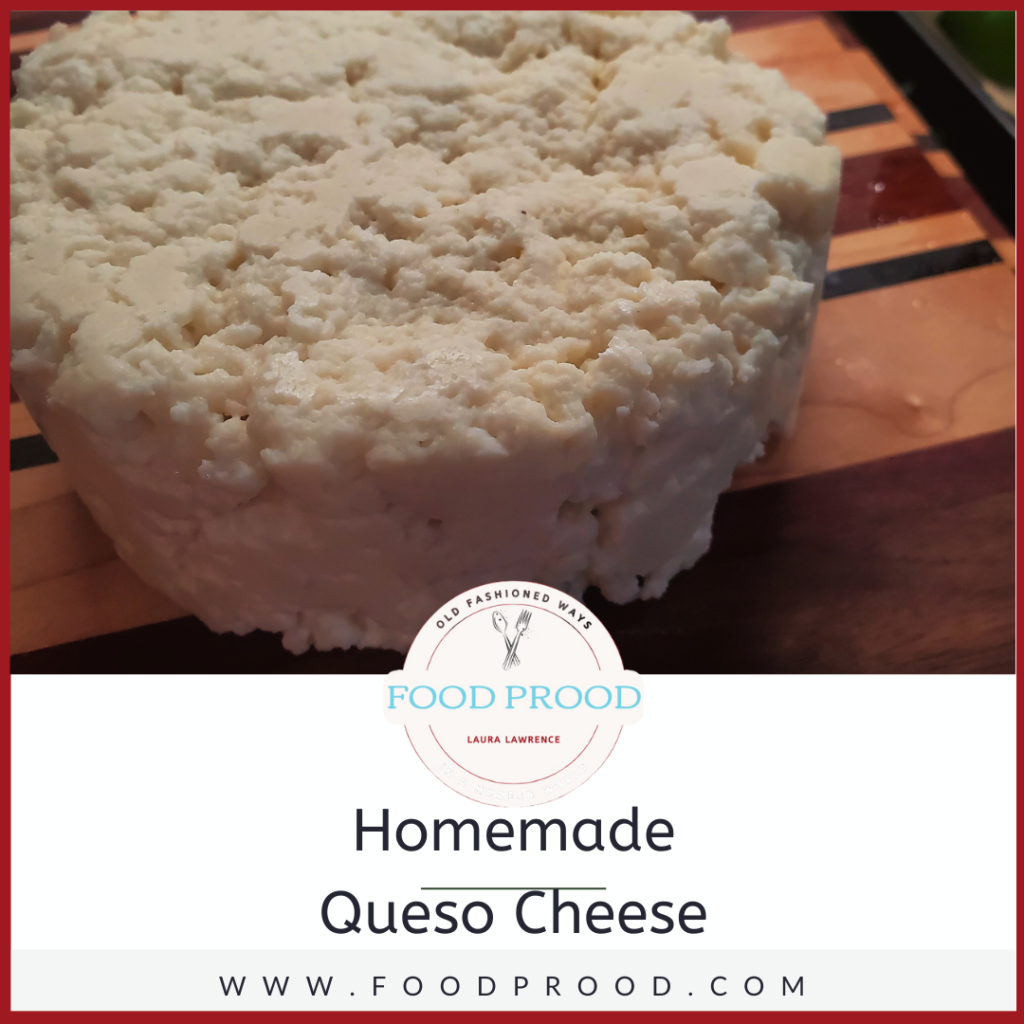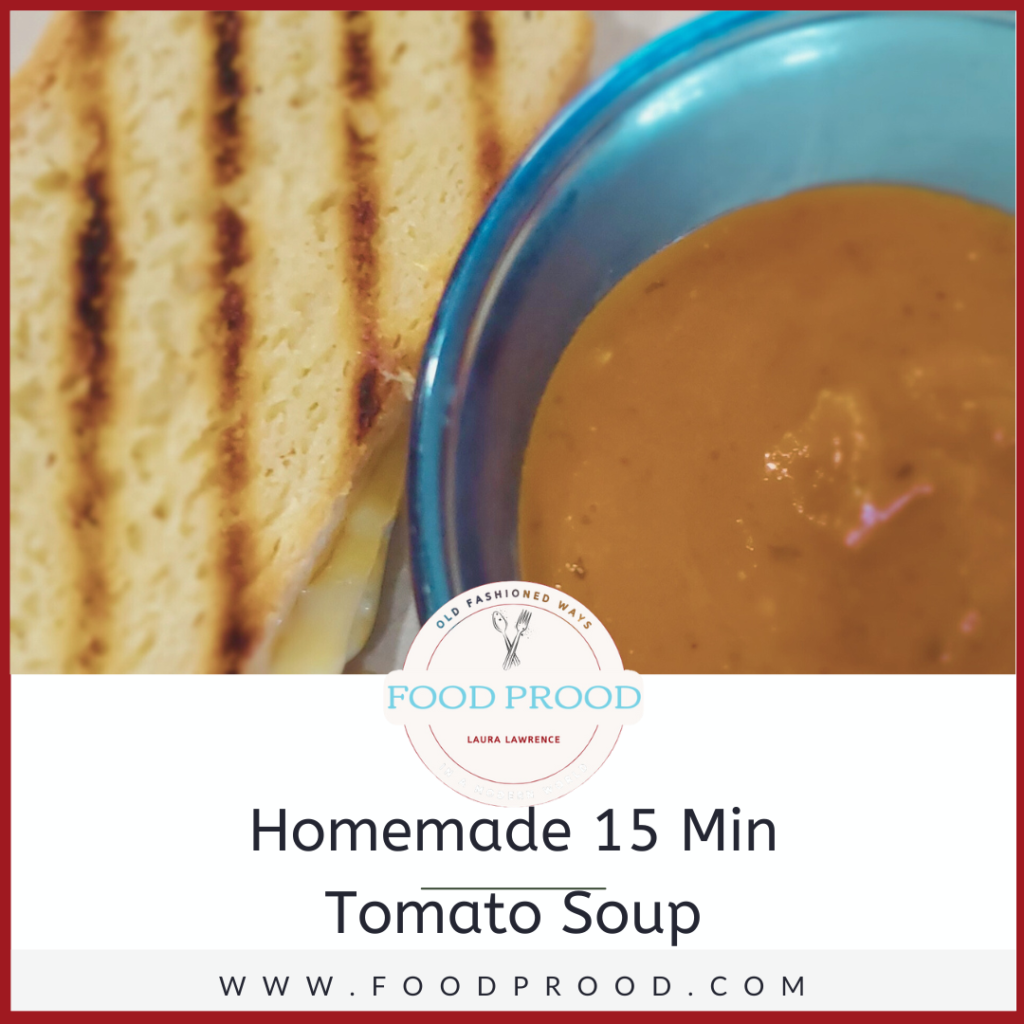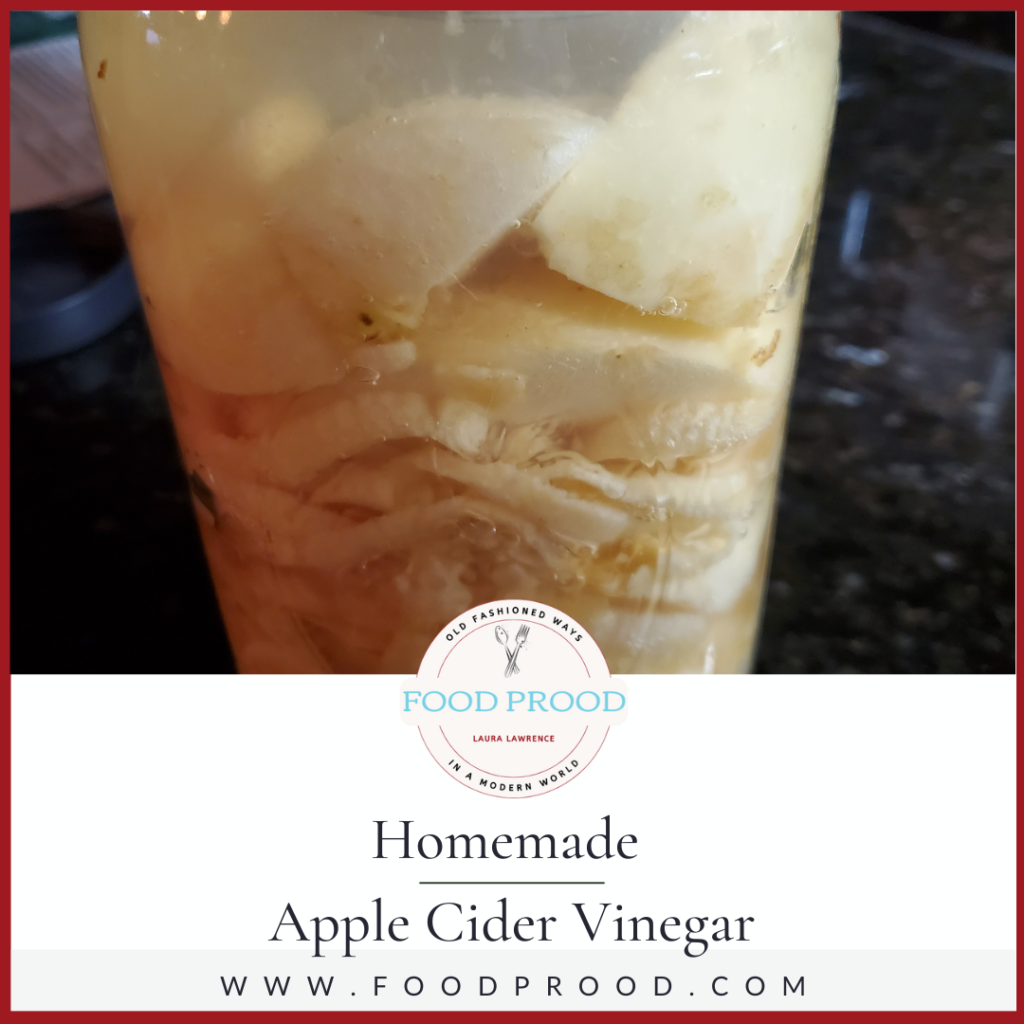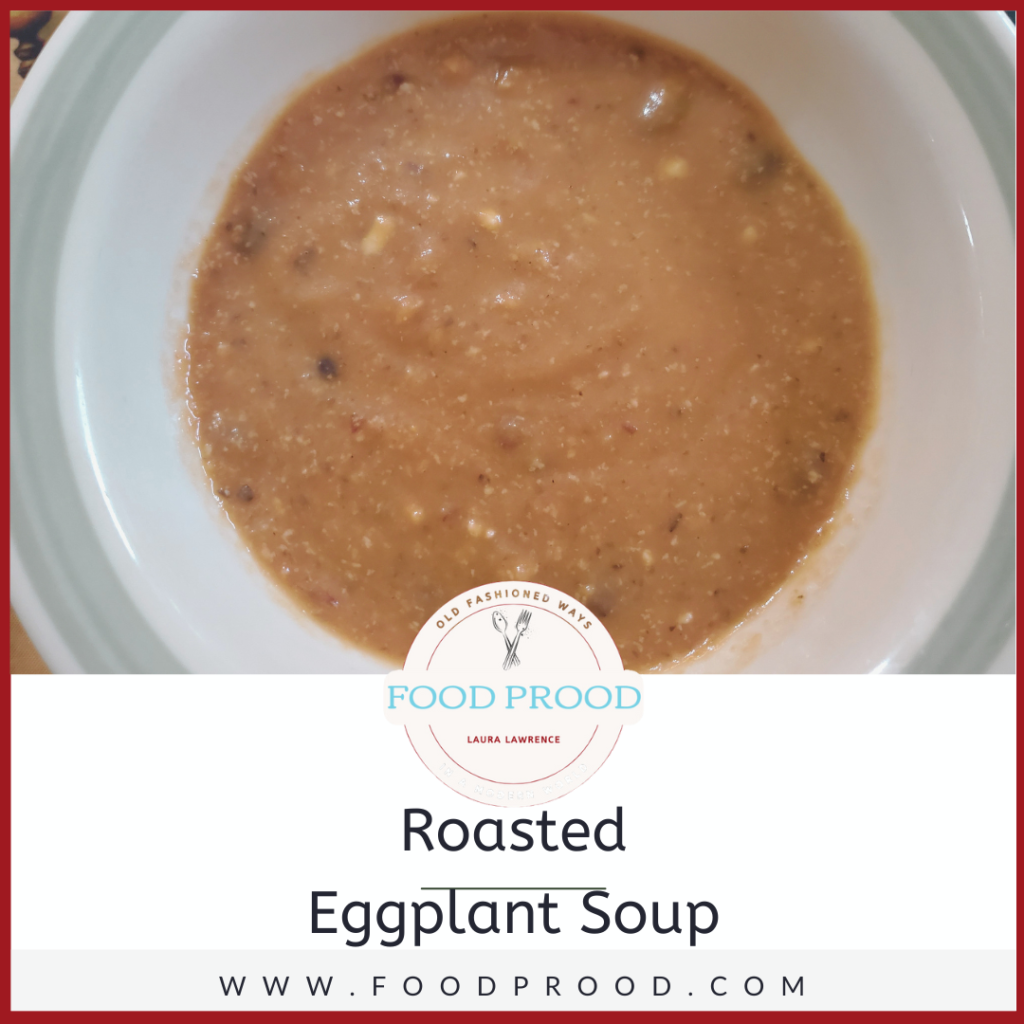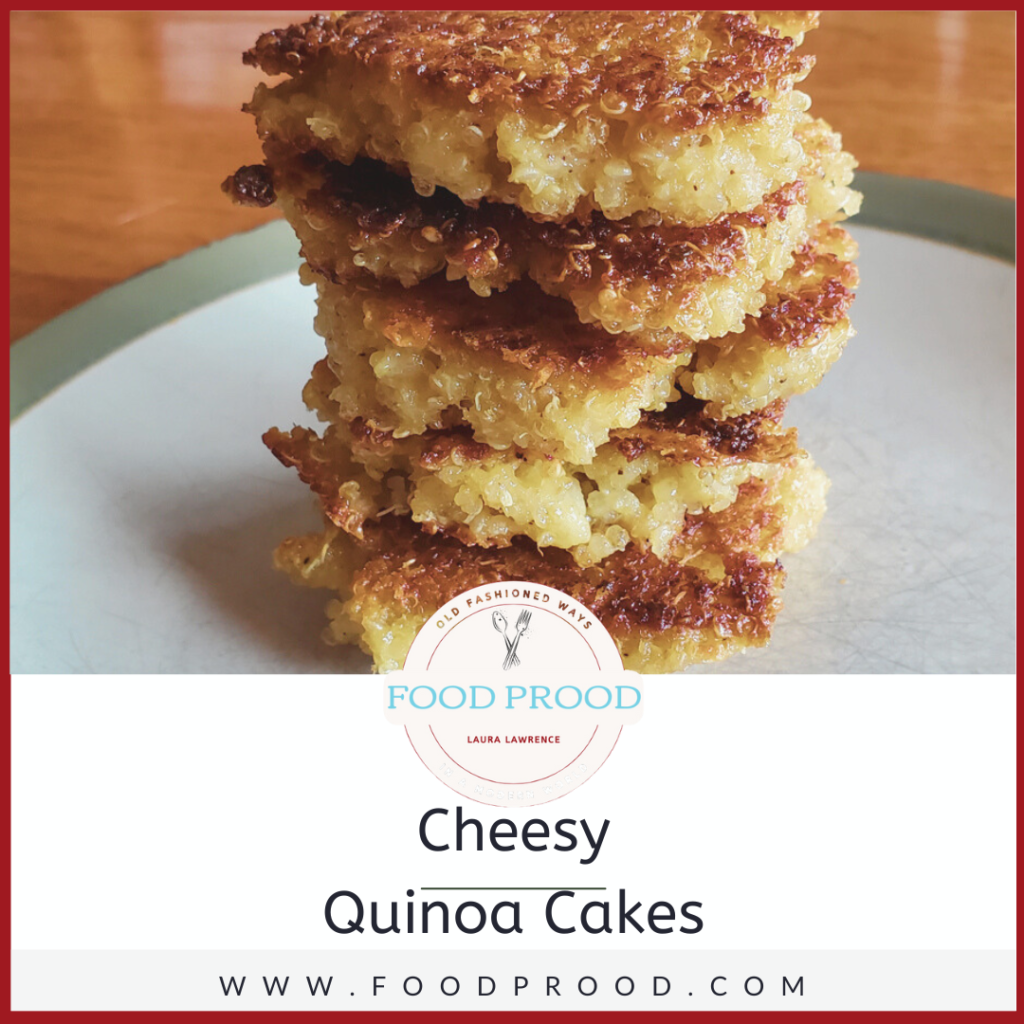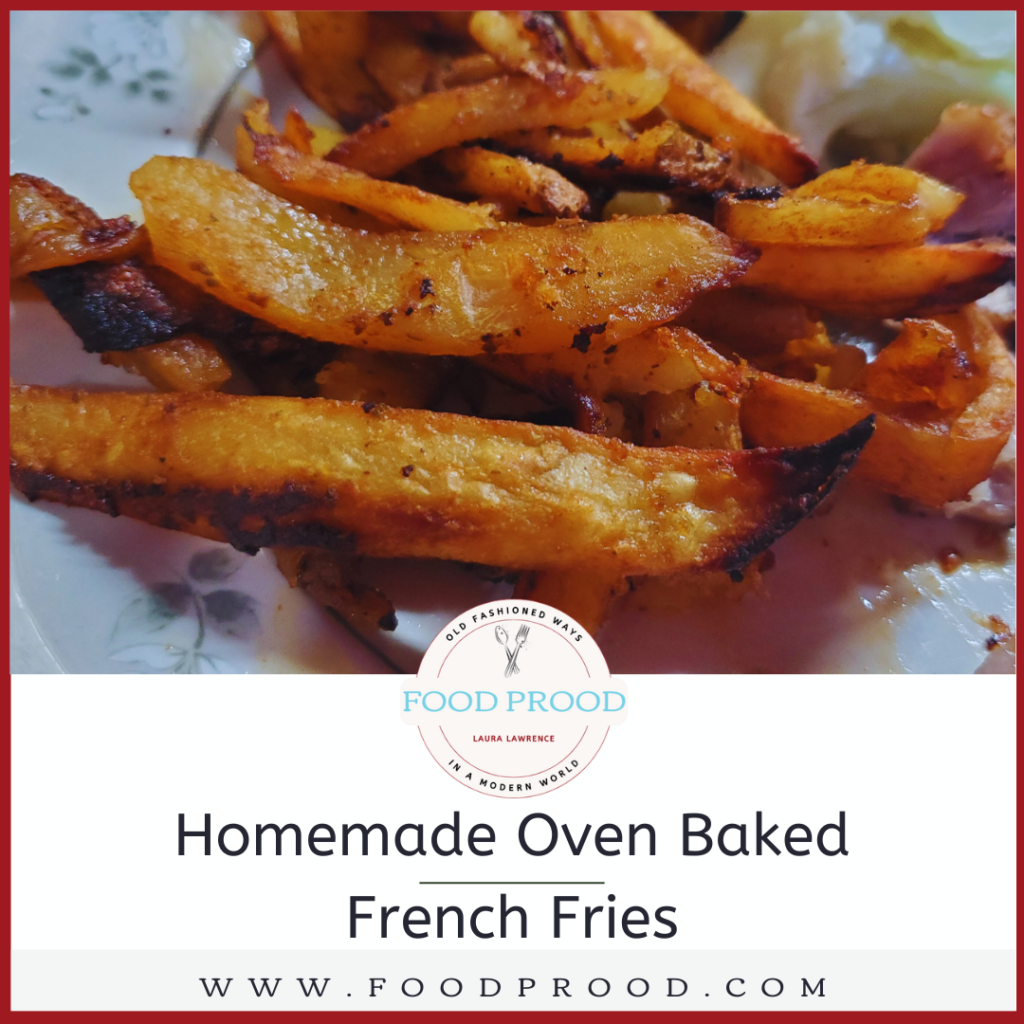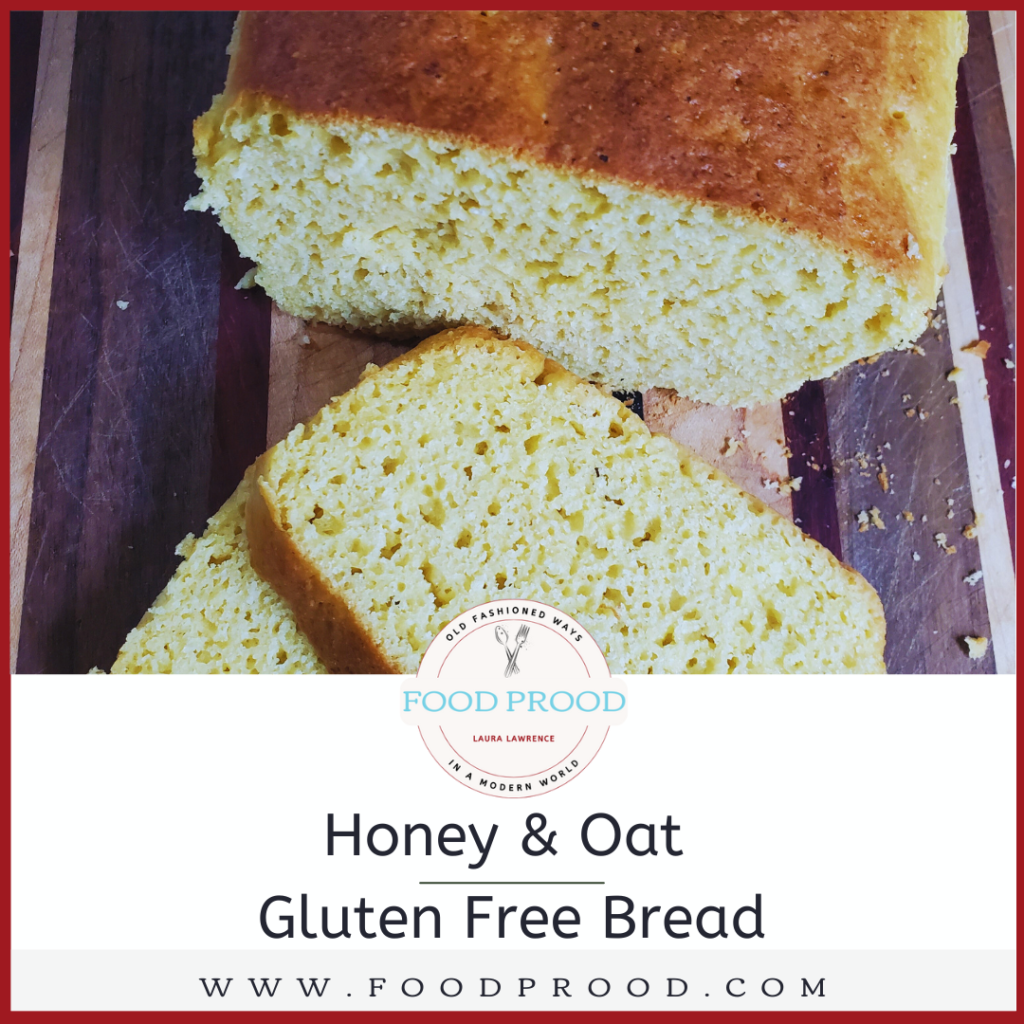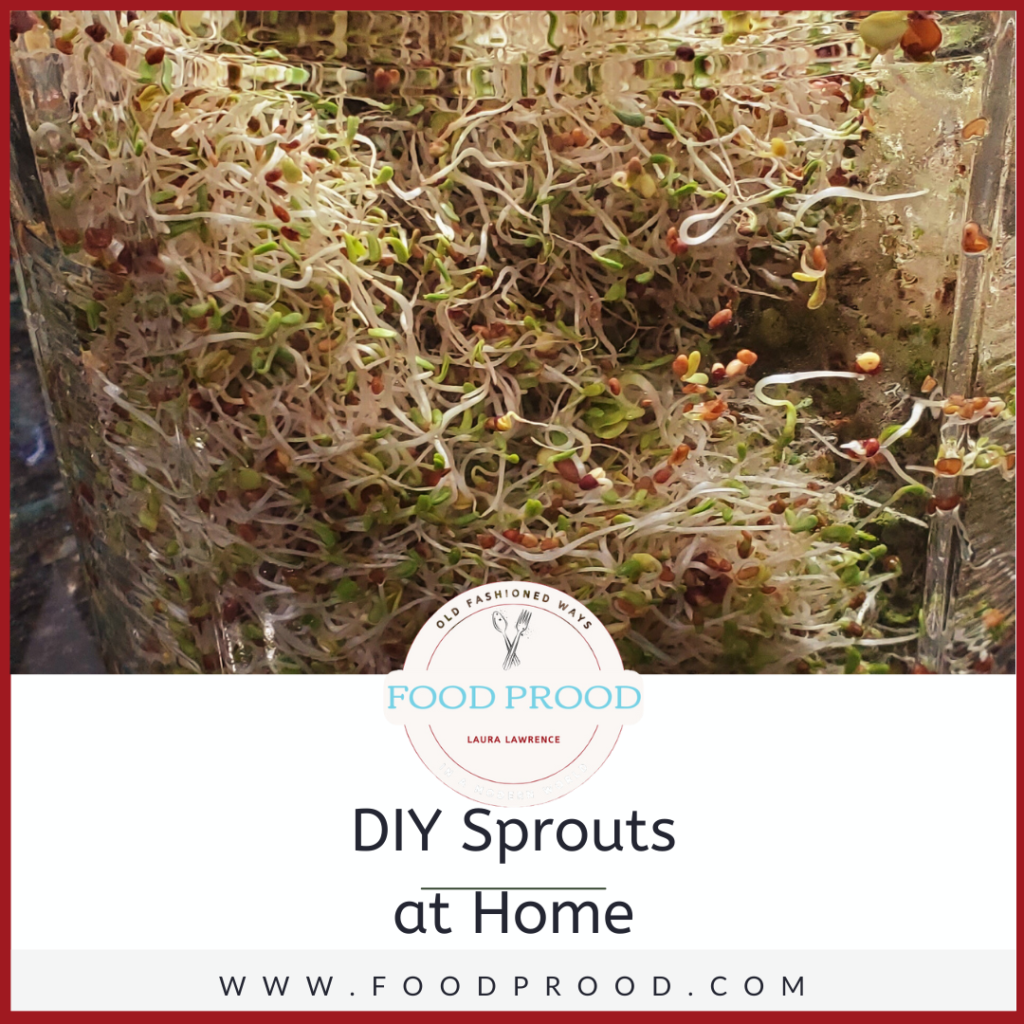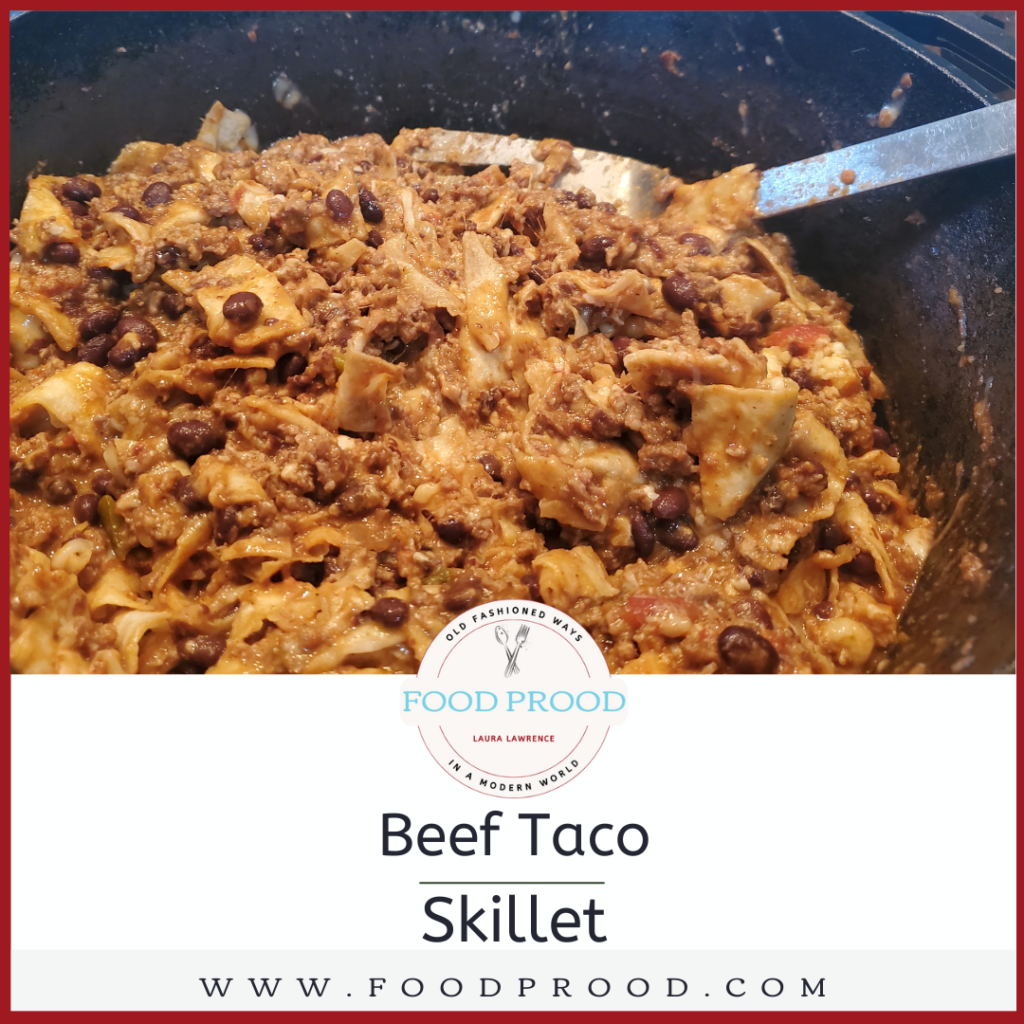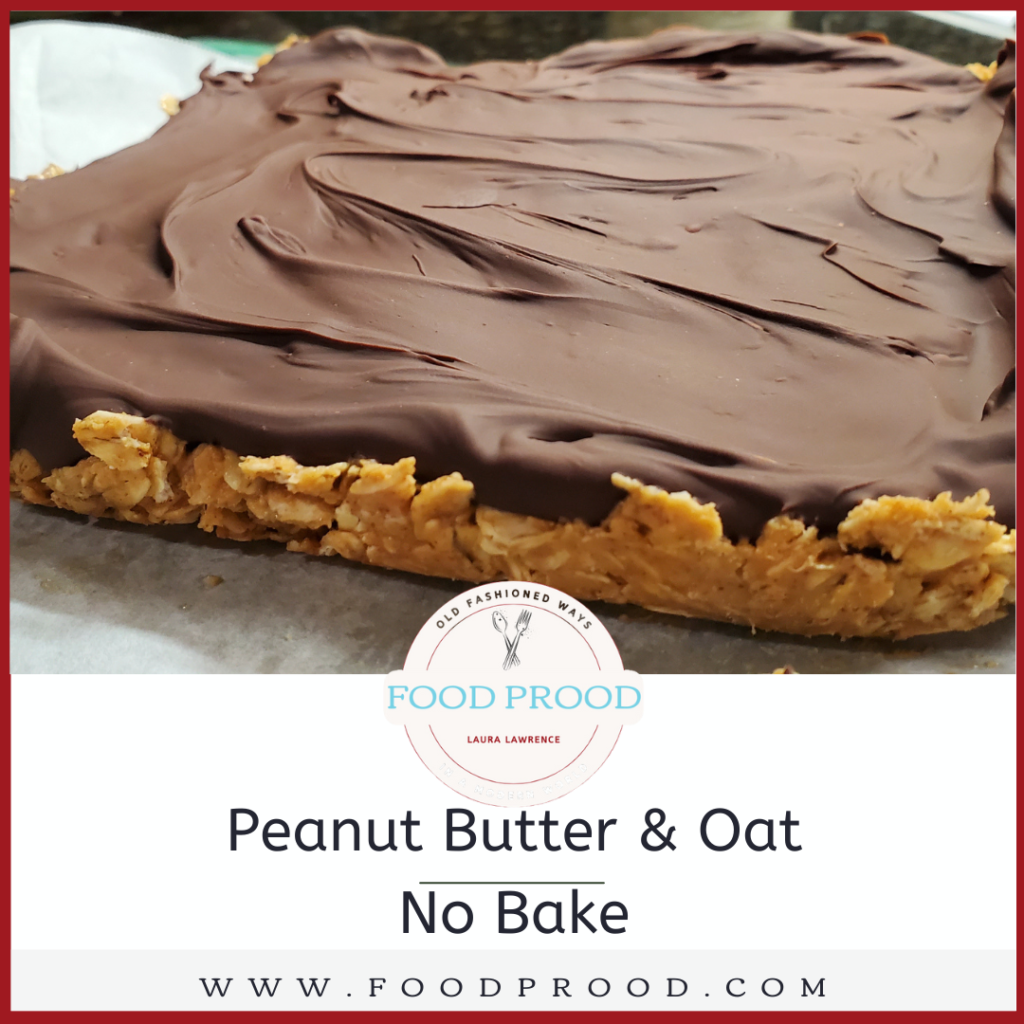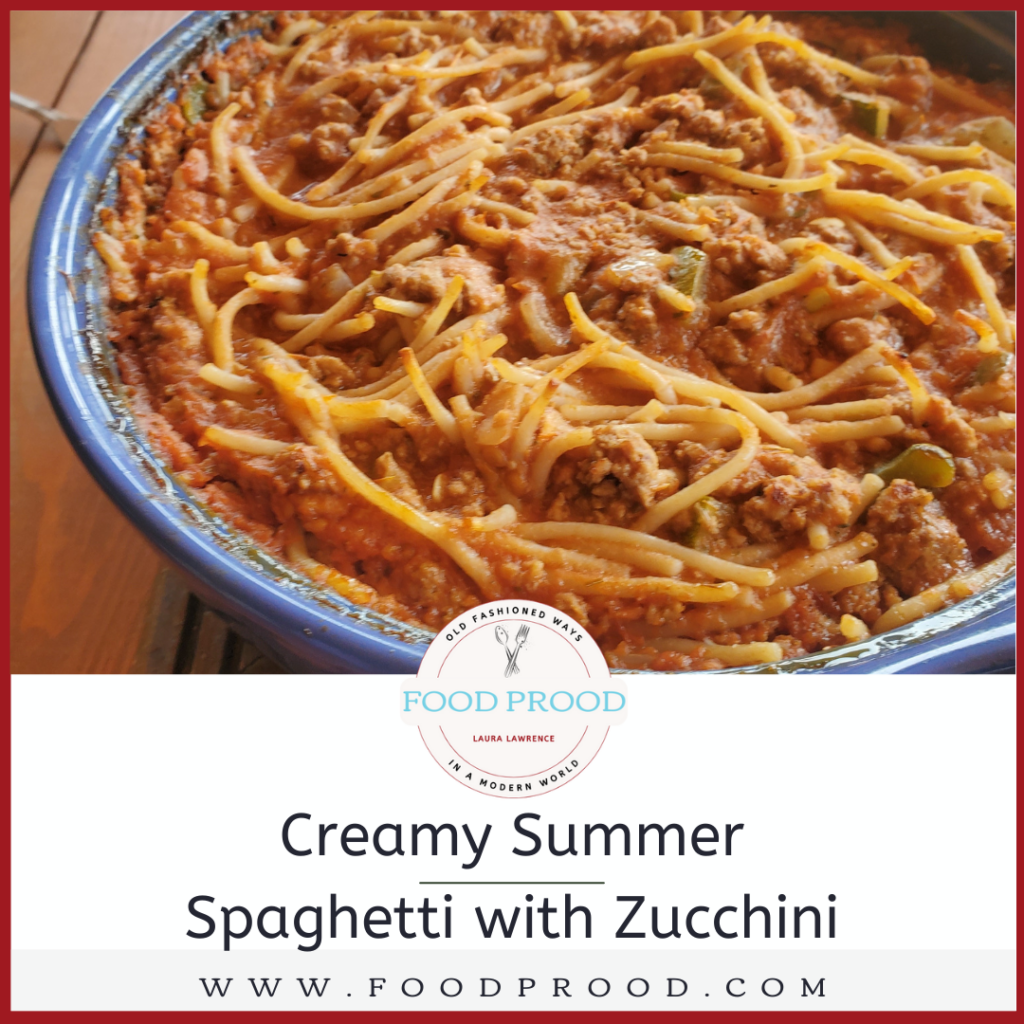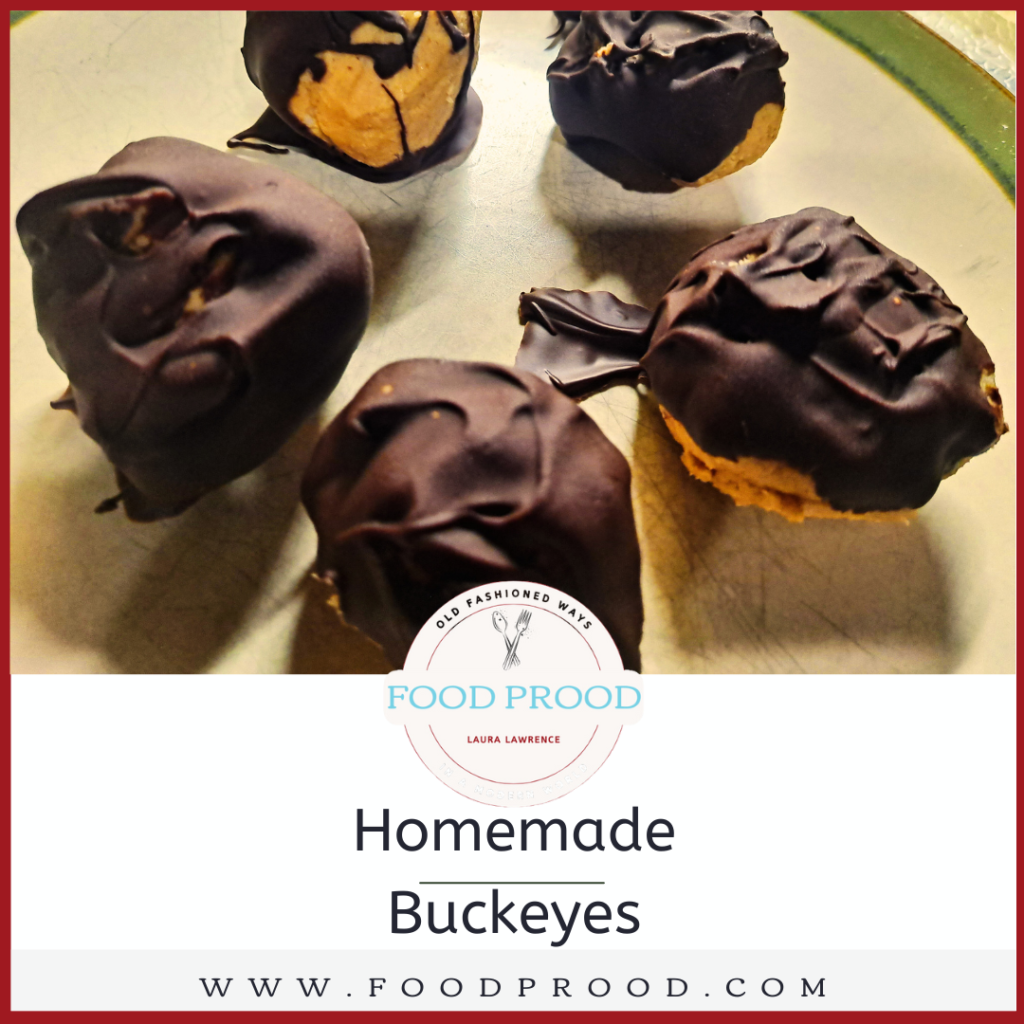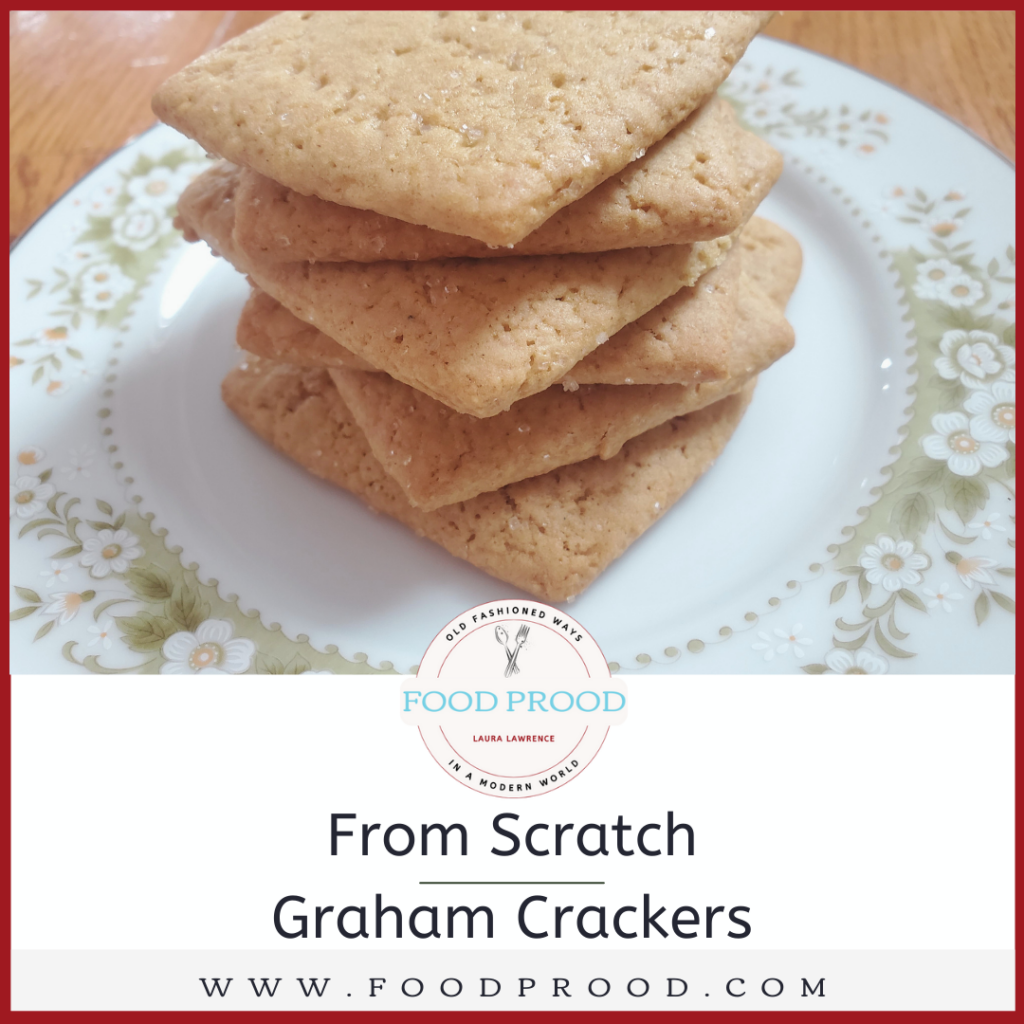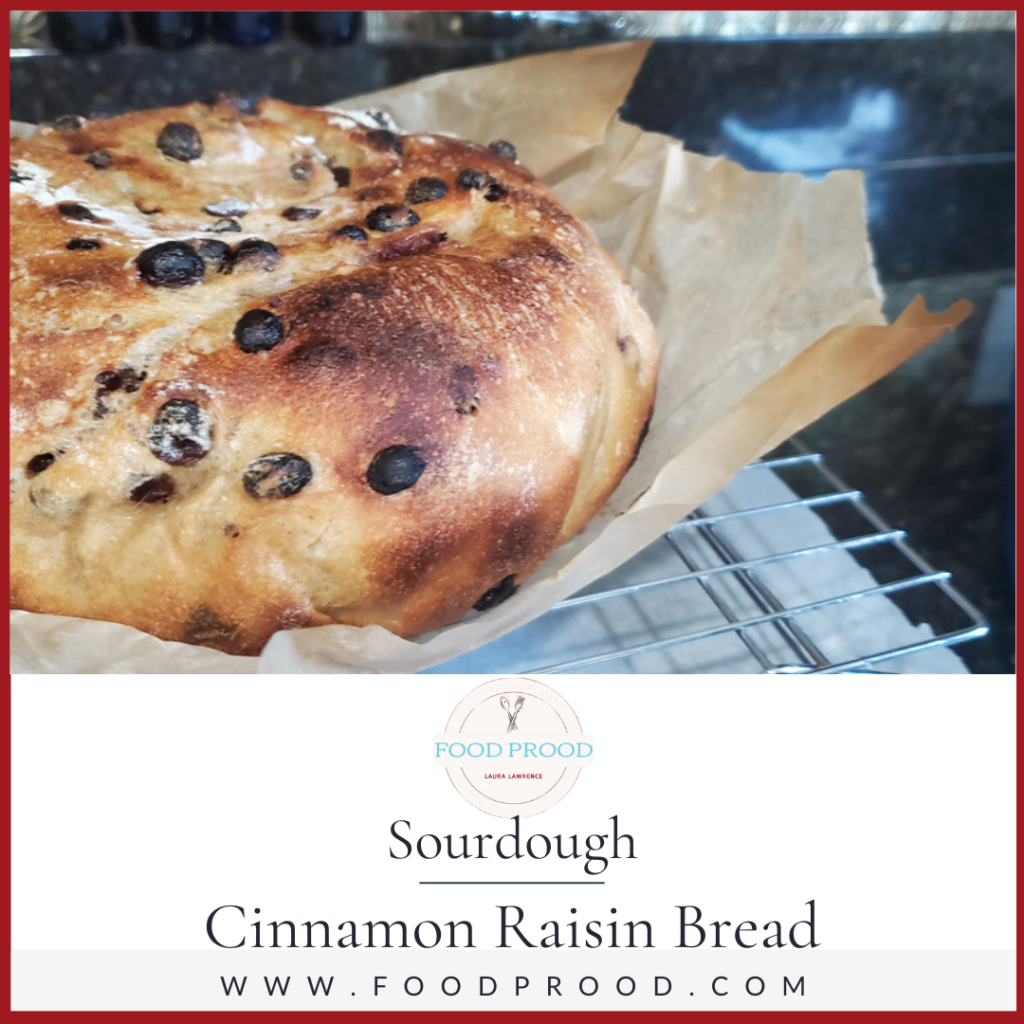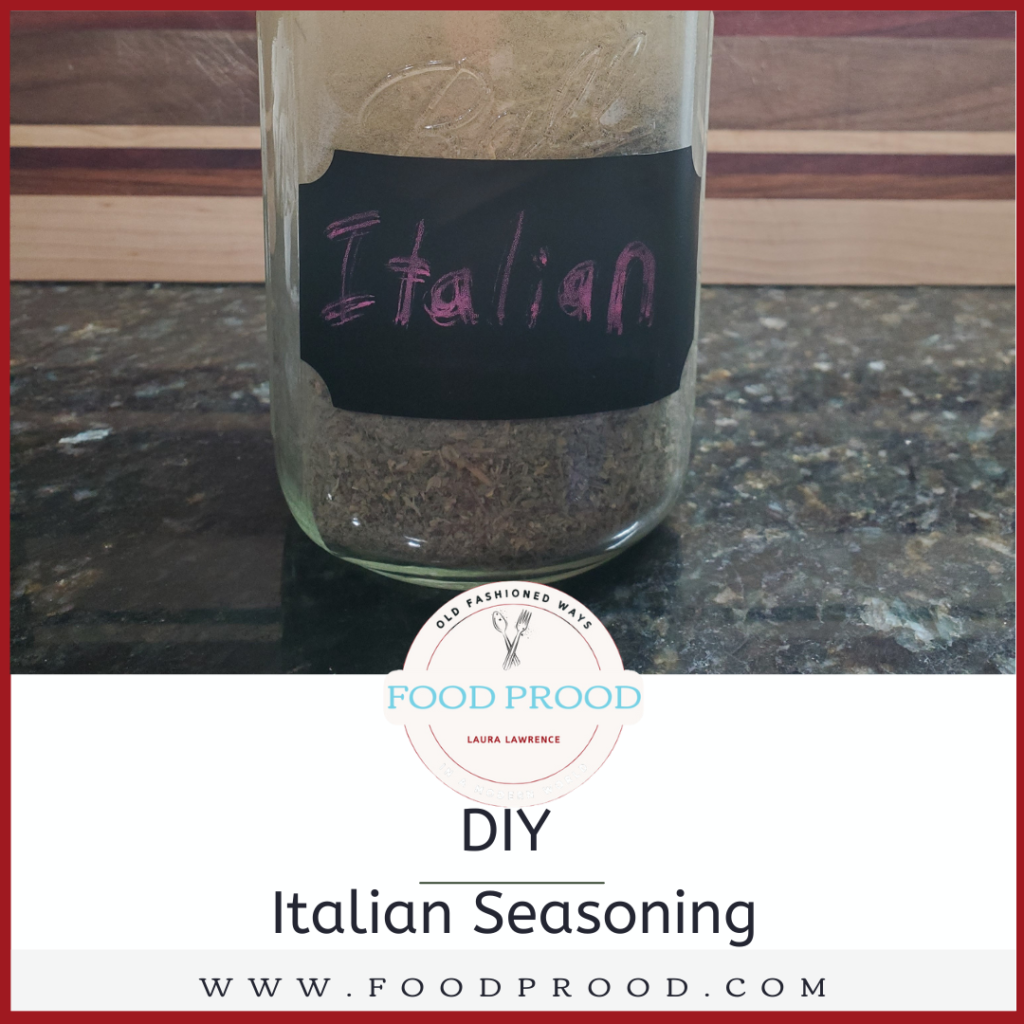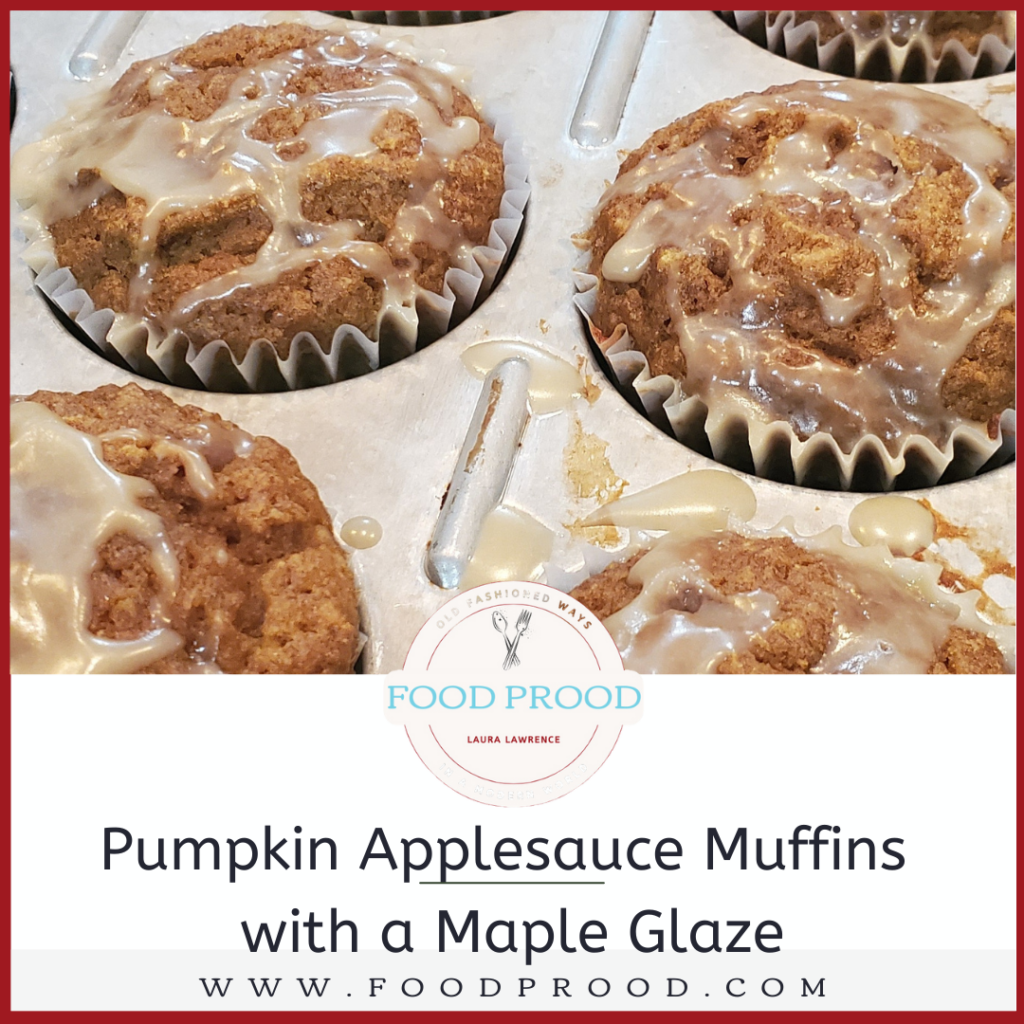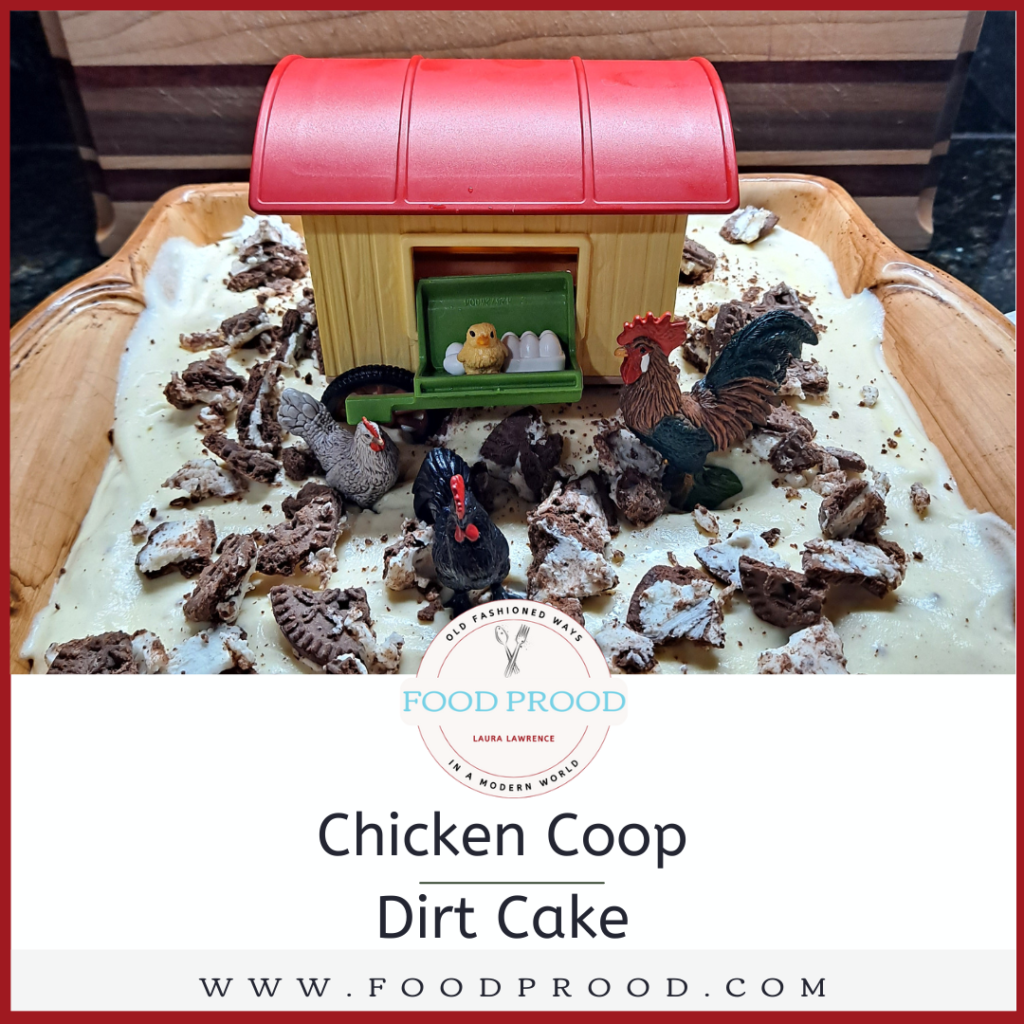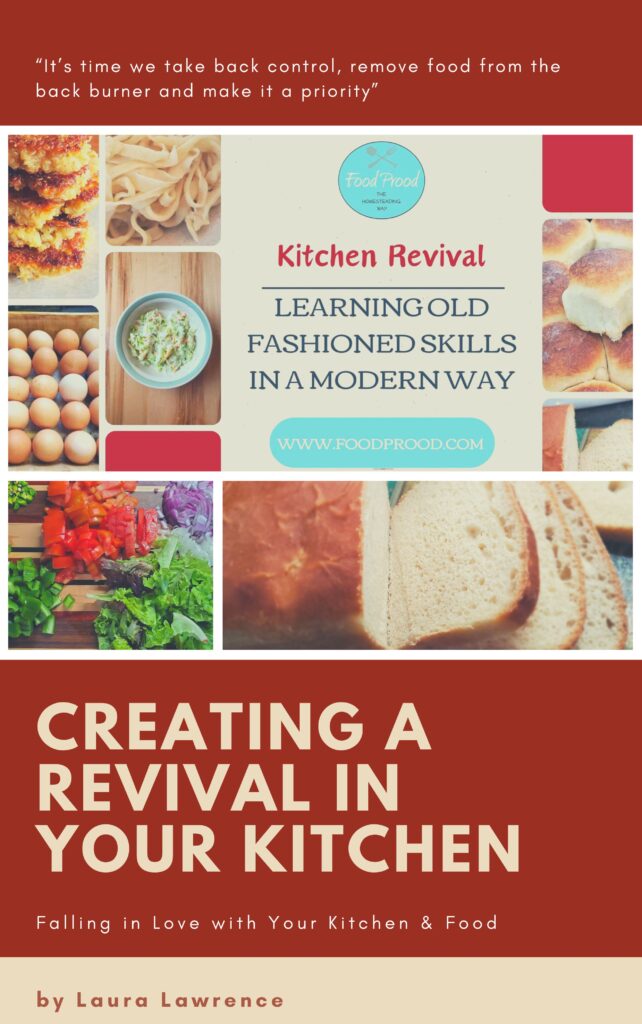
Introduction to Herbs
This is such a fun and great subject that I was eager to share with you. I’ve been diving into the world of herbs for several years now, creating an herb/cottage garden, reading (I will admit I do NOT like to read, but when it comes to cool stuff like herbs and gardening I’ll read “most” of it), and trying to learn as much as I can. What I’ve realized about the herb world is there is no real top dog or authority on the subject. Which is kind of sad actually, there’s a lot of information out there, but there’s a lot of also conflicting information as well. So with this subject I’m going to be sharing with you how I view herbs, how I use them, what makes sense to me. And with that of course I need to put a disclaimer on this sensitive subject.
Contents:
- Notes & Introduction
- Glossary
- Recommended Books
- Common Questions
- Where to purchase from
Important Note: I am not a certified medical practitioner. This information is not intended to treat or diagnose anyone. Please do your research and consult a health care professional before implementing herbal remedies. Please consult your medical care provider before using herbal medicine, particularly if you have a known medical condition or if you are pregnant or nursing. View entire Disclaimer HERE.
Always properly identify your herbs prior to use
Also it’s very important to note that herbs are not like pharmaceutical, they are not a one and done. They are a take it repeatedly and build it up in your system kind of thing. So make sure to understand that completely- they work WITH your body to BUILD it better. I’ve read it’s best to take herbs Early – Often – After any issues.
For myself I’ll make tea a few times a week and take some tinctures maybe daily to keep the immune system up. When something hits I”ll increase tinctures, tea, add in fire cider, elderberry, and silver (along with vitamins such as C, D, NAC, Zinc) Again this is what I do, I’m not recommending what you should do.
Some common terms you’ll find when your starting to research and learn about herbs which will be important to know when you come down with an illness you’ll need to find an herb to help get rid of, or do the opposite of what your body is feeling. This is known as an Energetic. (More on that below)
Glossary
Common Terms in Herbalism from Vitacost.com
Adaptogen: Herbs that improve the ability of the body to adapt to stress. They promote well-being, balance and health. Adaptogens help regulate or normalize organ and system function on a broad basis.
Adjuvant: Herbs which enhance a body’s response to a remedy. An adjuvant aids the action of other ingredients of a formula to encourage assimilation, balance energetic or other qualities, or catalyze the overall response.
Analgesic: A substance that relieves pain.
Anodynes: Herbs used to relieve pain.
Antiemetics: Herbs used to lessen nausea and prevent or relieve vomiting.
Aperient: Chiefly used to describe a mild laxative, aperients also encourage the appetite or digestion, typically preparing the digestive environment.
Astringents: Herbs that contract tissues, make them denser and firmer, and regulate body secretions. Astringents herbs tighten and tone the body.
Decoction: A concentrated water extraction of plant material made through boiling or simmering. A water extraction using a continuous heat supply, usually a long simmer (20-45 minutes). Typically used for denser plant parts such as roots, bark, seeds, berries and mushrooms. A decoction is more concentrated than an infusion, which is typically made by simply pouring boiling water over fresh or dried herbs.
Demulcent: An herb that creates a soothing film over a mucous membrane. If applied topically and used on the skin they are called emollients. Slippery elm, an herb used for sore throats, is an example of a demulcent.
Expectorant: Herbs that loosen mucus so it can coughed up and expelled.
Infusion: A drink, remedy, or extract made by soaking the plant material in liquid (usually water). Infusions are recommended especially for flowers & leaves, whose volatile oils, vitamins and enzymes are easily extracted through being submerged in hot water.
Mucilage: A thick, gluey substance produced by nearly all plants, mucilaginous herbs tend to be demulcent.
Nervine: Herbs that specifically benefit the nervous system. Actions can vary: Some stimulate, some relax, some tone and strengthen.
Poultice: A soft, moist, mass of plant material applied topically to sores. The poulticed herbs are held in place with a cloth, leaf, bandage, or other suitable material.
Tincture: An extract of a plant made by soaking herbs in a dark place with a desired amount of either glycerine, alcohol or vinegar for two to six weeks. The liquid is strained from the plant material and then the herbal tincture is used therapeutically.
Tonic: Herbs that stimulate, energize and strengthen the body.
Recommended Books
- Materia Medica by Carole Fisher
- The Lost Book of Herbal Remedies by Nicole Apelian
- Organic Mushroom Farming by Tradd Cotter
- The Illustrated Encyclopedia of Natural Remedies by Abigail R. Gehring
- Rosemary Gladstar’s Herbal Remedies for Children’s Health
Common Questions
How often do I take herbs? Generally most days for the safe herbs, however give your body a break every once in a while so it doesn’t get use to the herb. For Example: Lemon balm 2 weeks on, a few days off. I like to take herbs coming into the fall and throughout winter. Tea 3x a week, tincture 5 times a week, etc. There’s some time off in between so I don’t get “use” to the herb.
How much do I need to take? Dry herbs 1-2 tsp per dose or Fresh herbs 2x as much. Frequency – if maintaining 2-3x a day, if there’s an acute issue 3-6x a day. This could be in any form such as tea, capsule, and tincture.
Are herbs safe for pregnancy or lactating women? There are some that are safe, however I would caution and suggest much researching and consulting an experienced licensed herbalist and or Dr to make sure.
Can I take herbs while being on medication? Yes and No- there will need to be research based on what you are taking and I also recommended consulting a licensed herbalist and or Dr. Using a Materia Medica will also help with the research.
Are herbs safe for kids? I found a book Rosemary Gladstar’s Herbal Remedies for Children’s Health that will really help with this answer as there’s lots of information out there as well as most people dodging the question.
Where to Purchase Herbs From:
Seeds or Dried Herb:
I recommend purchasing organic and have only done so from Frontier Wholesale (brand) found at www.vitacost.com and Azure Standard www.azurestandard.com
I have heard that Farmhouse Teas is good www.farmhouseteas.com and have bought some from Mountain Rose Herbs www.mountainroseherbs.com
Herb Seeds from: Siskiyou Seeds www.siskiyouseeds.com
I have this need to grow what we need instead of relying on outside companies so the majority comes right from my herb/cottage garden, I can be an odd one sometimes.
In Part Two
- cold stratifying some of those seeds
- a video on my herb setup in doors
- energetics (which I find super fascinating)
- how to use herbs
- how to make a tincture
- how to harvest & safe herbs
- recommended resources
Grab my FREE Herb Labels HERE
Want to take a deeper dive into herbs I have two courses to check out!
